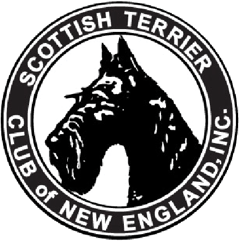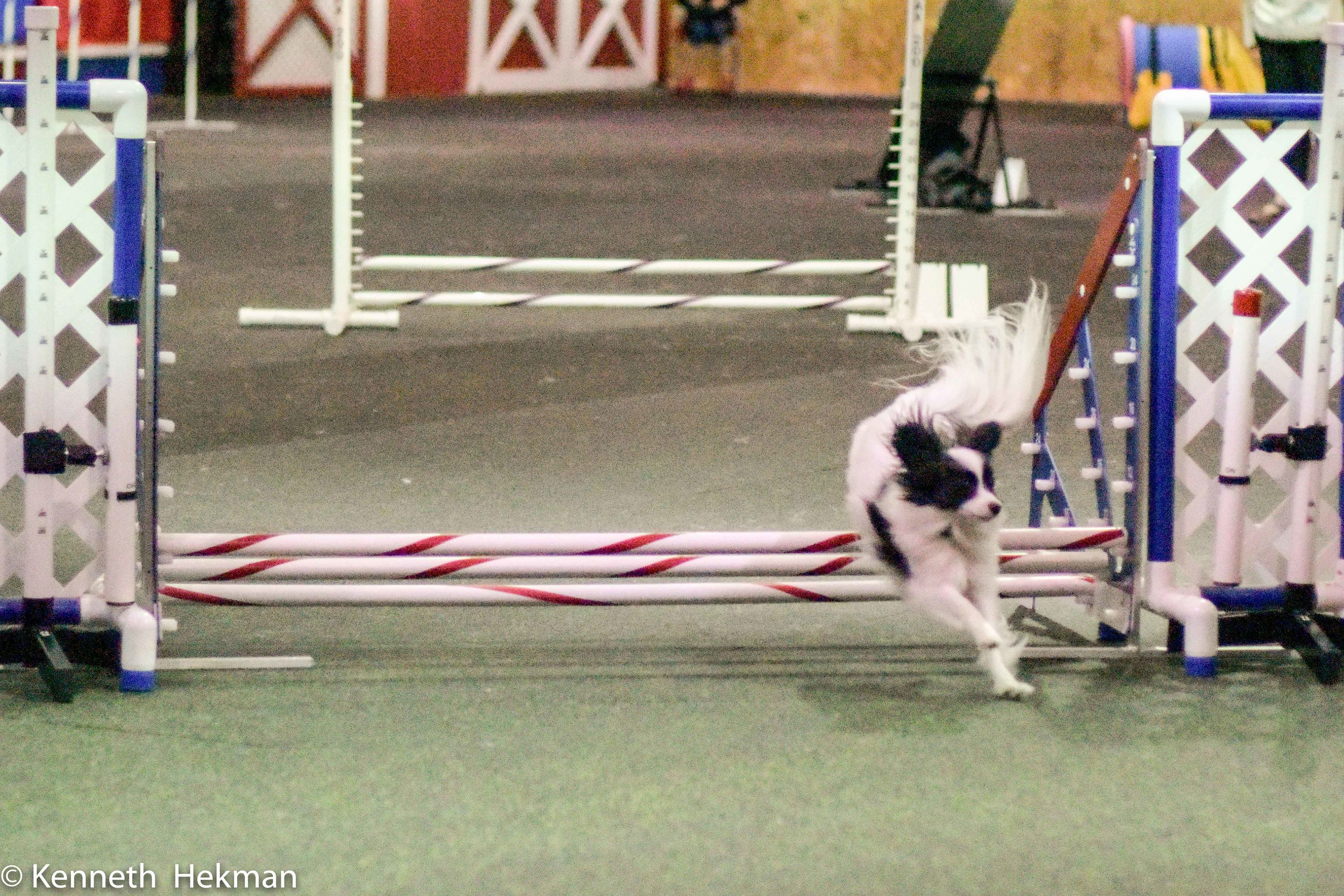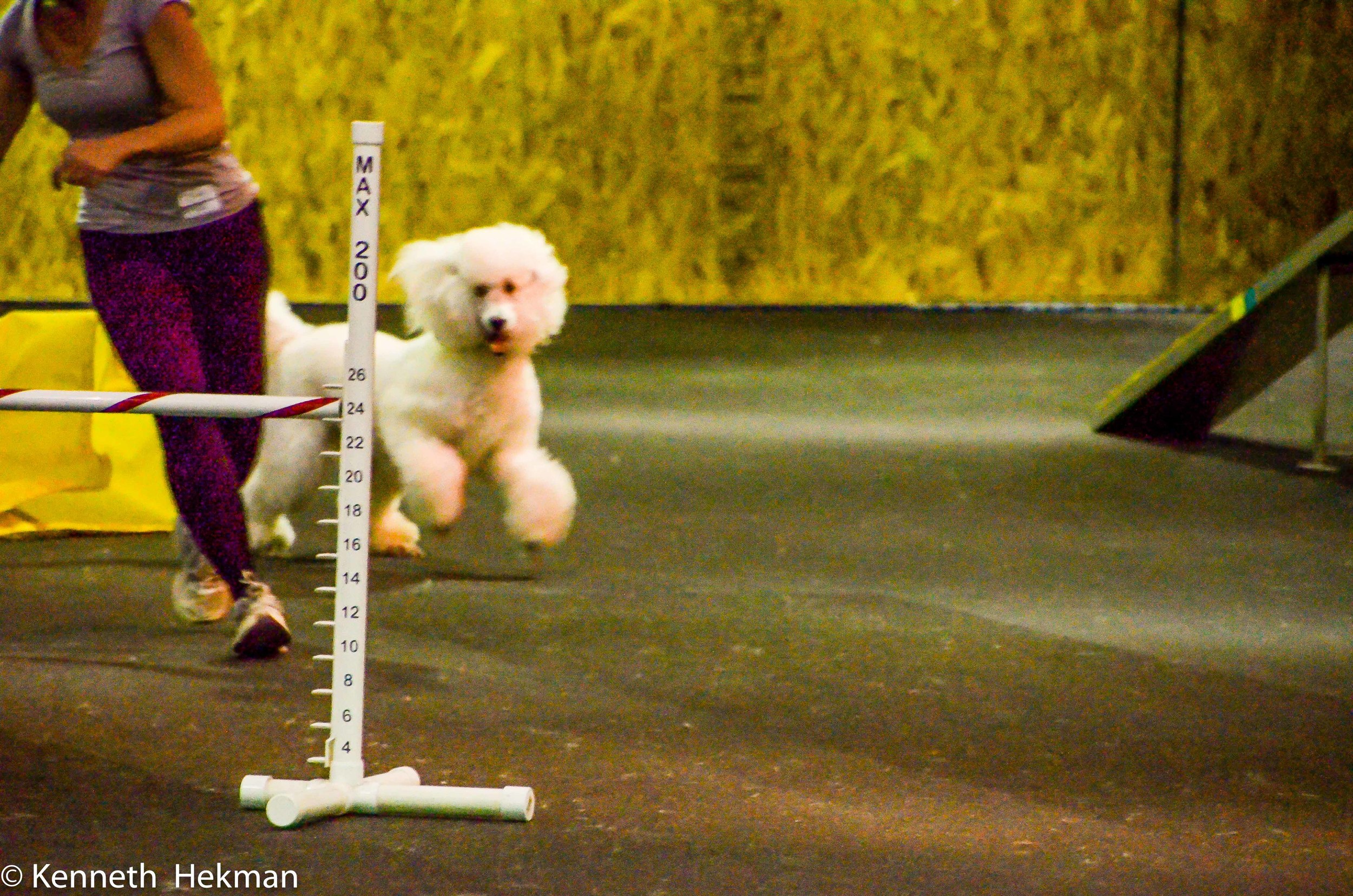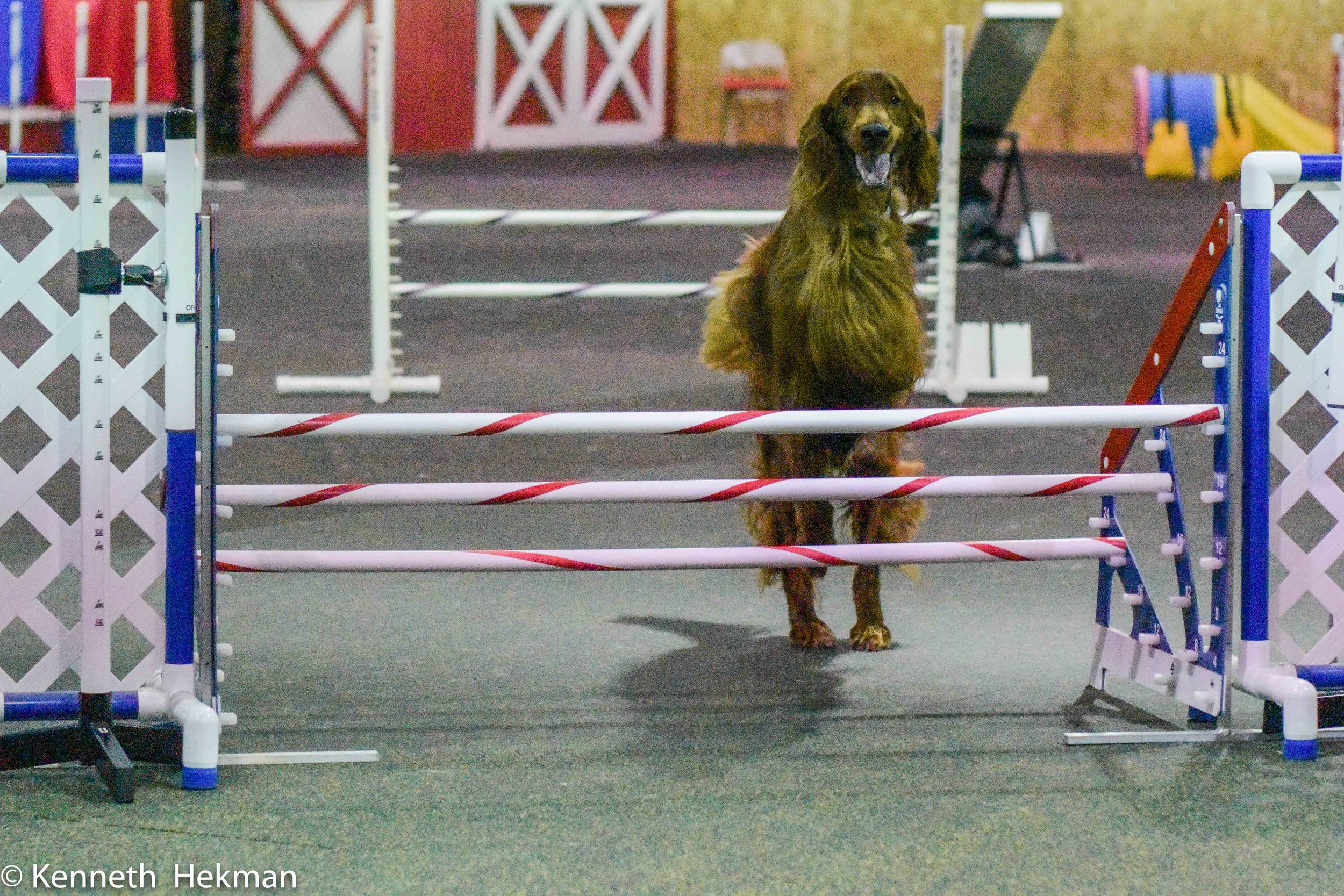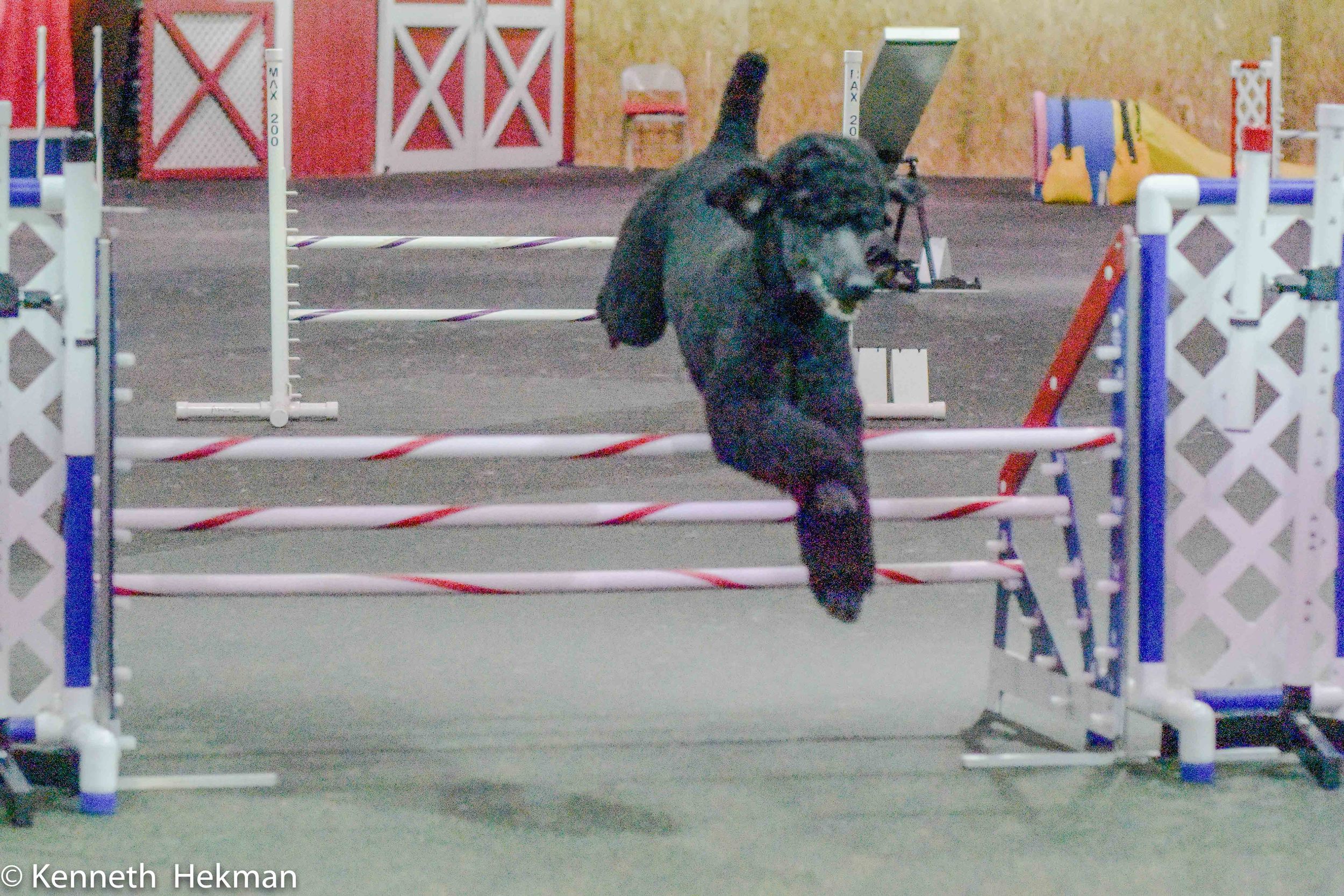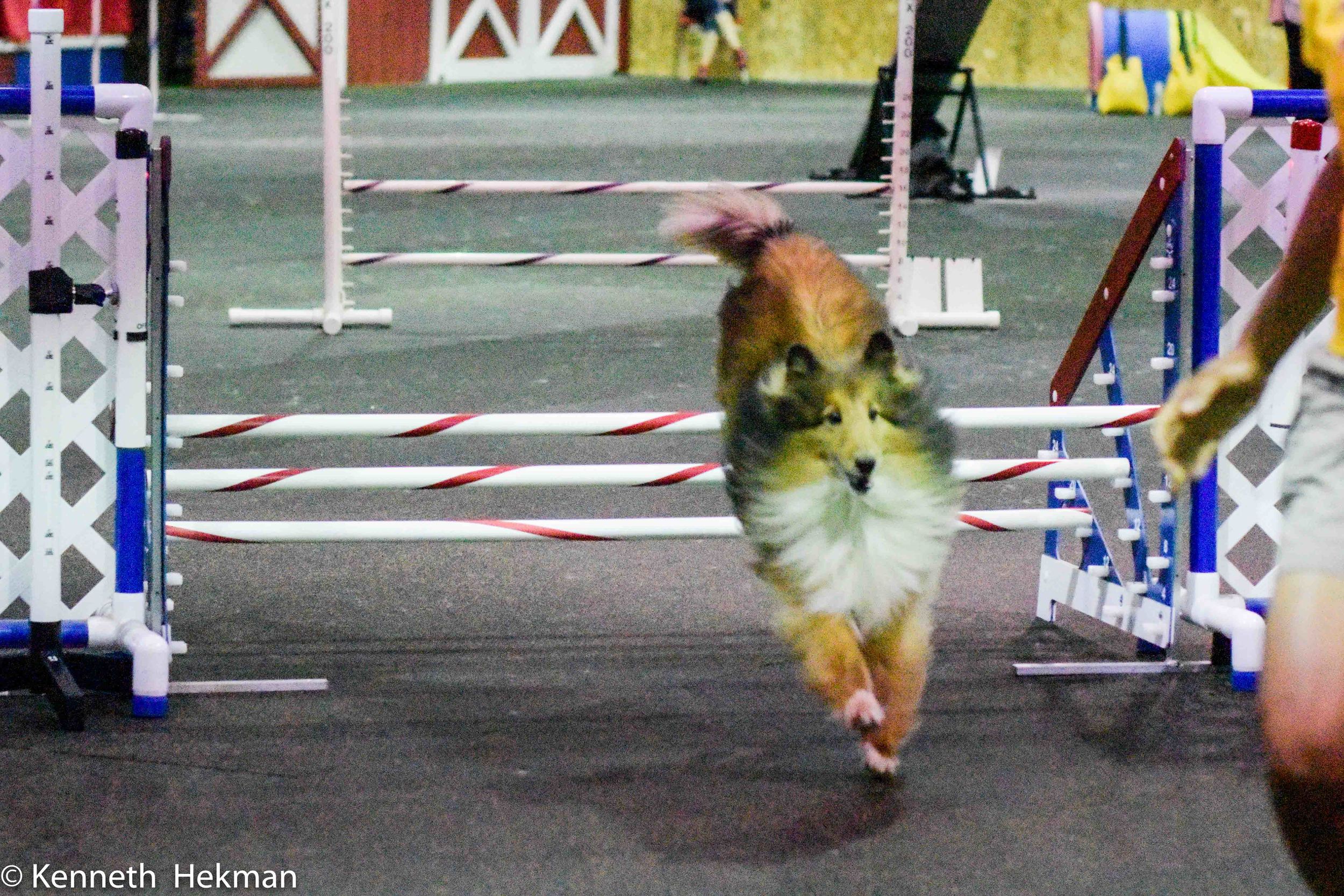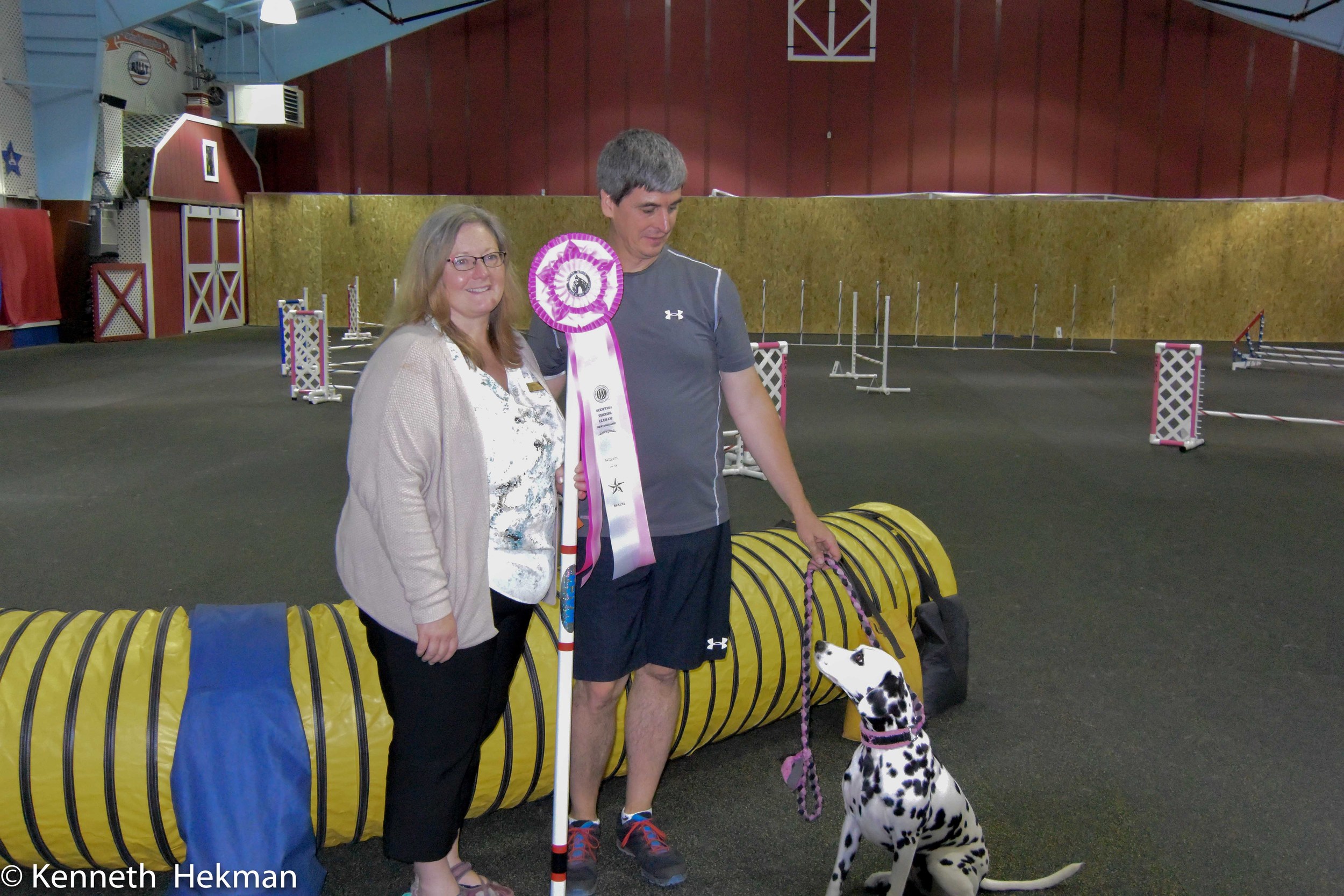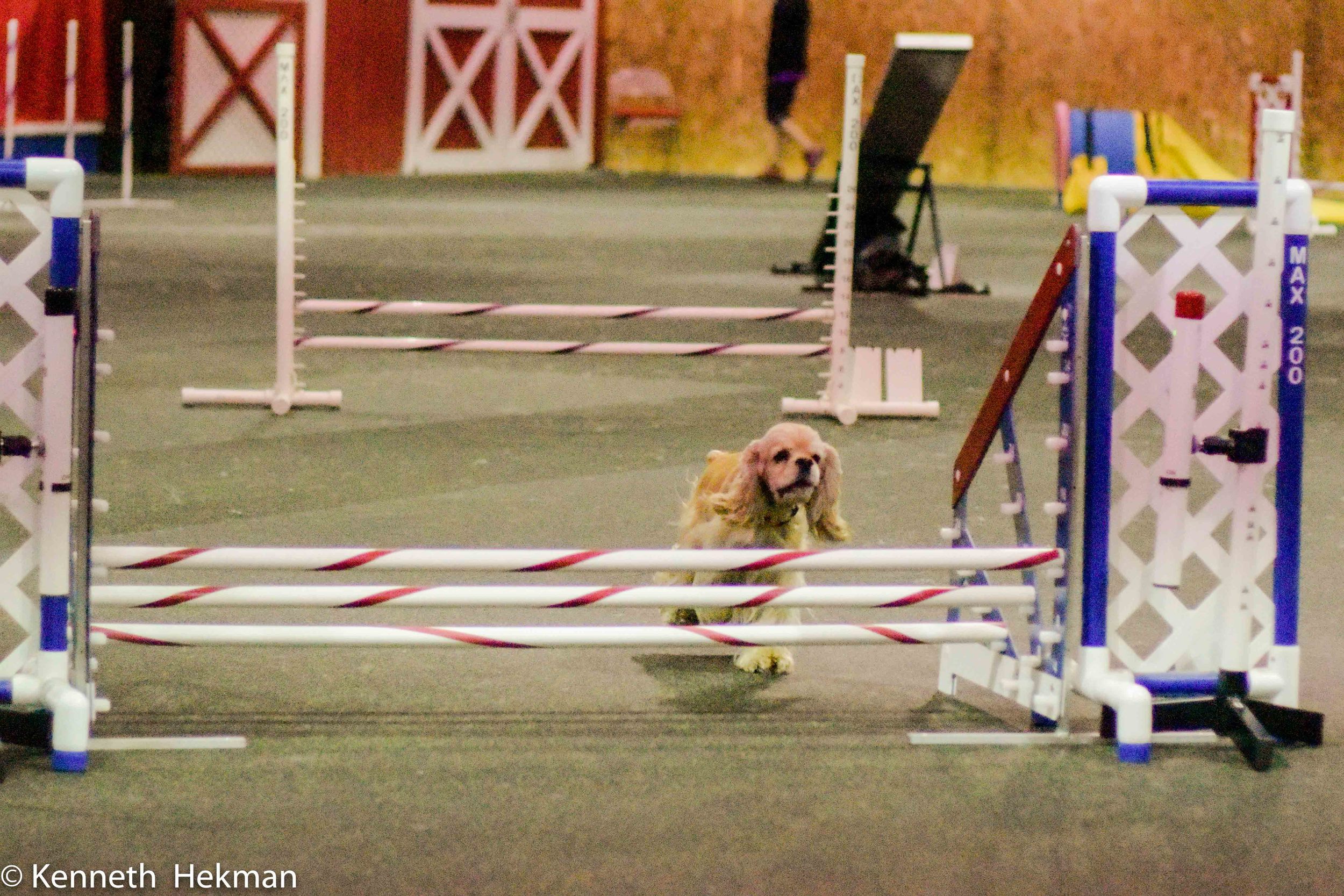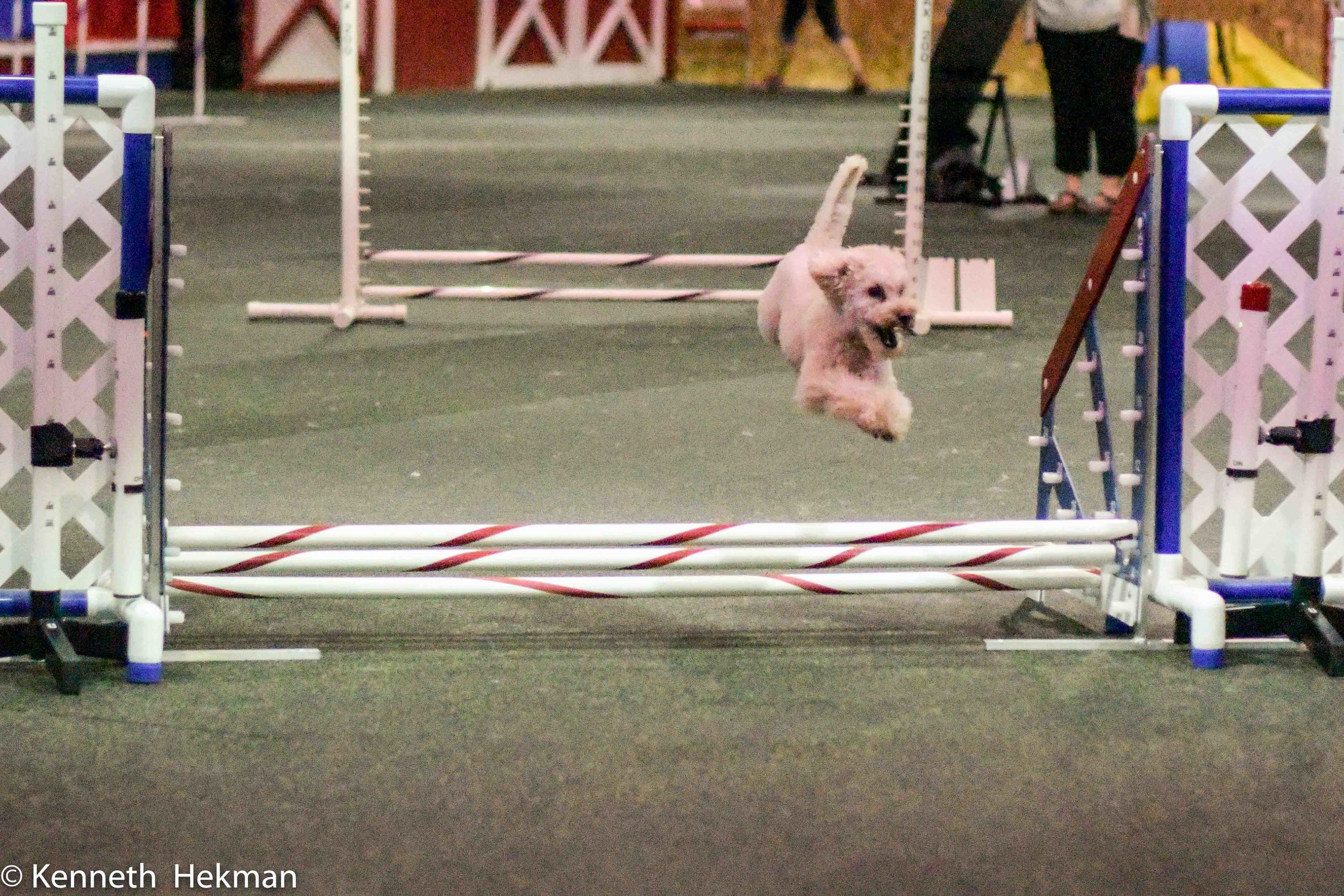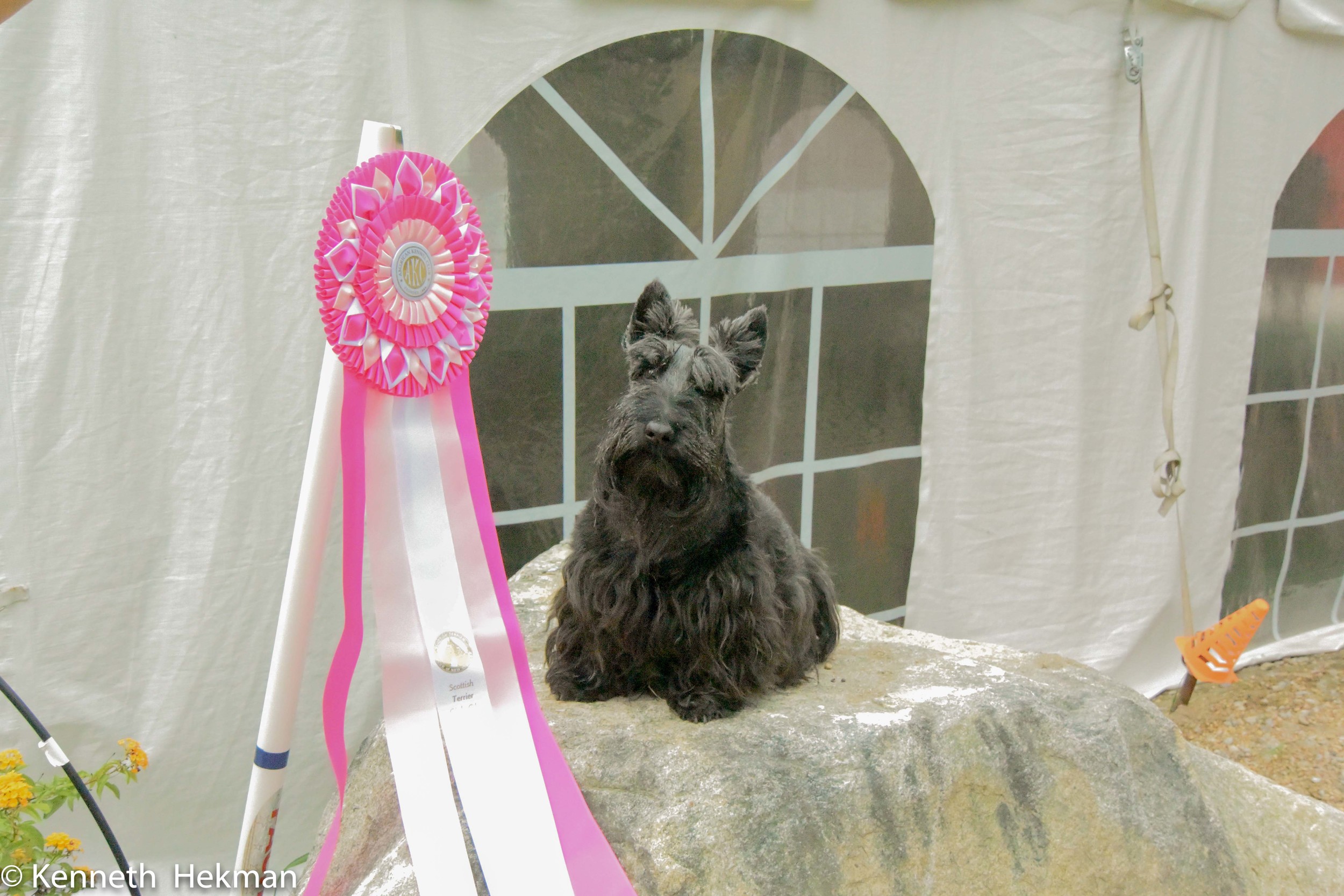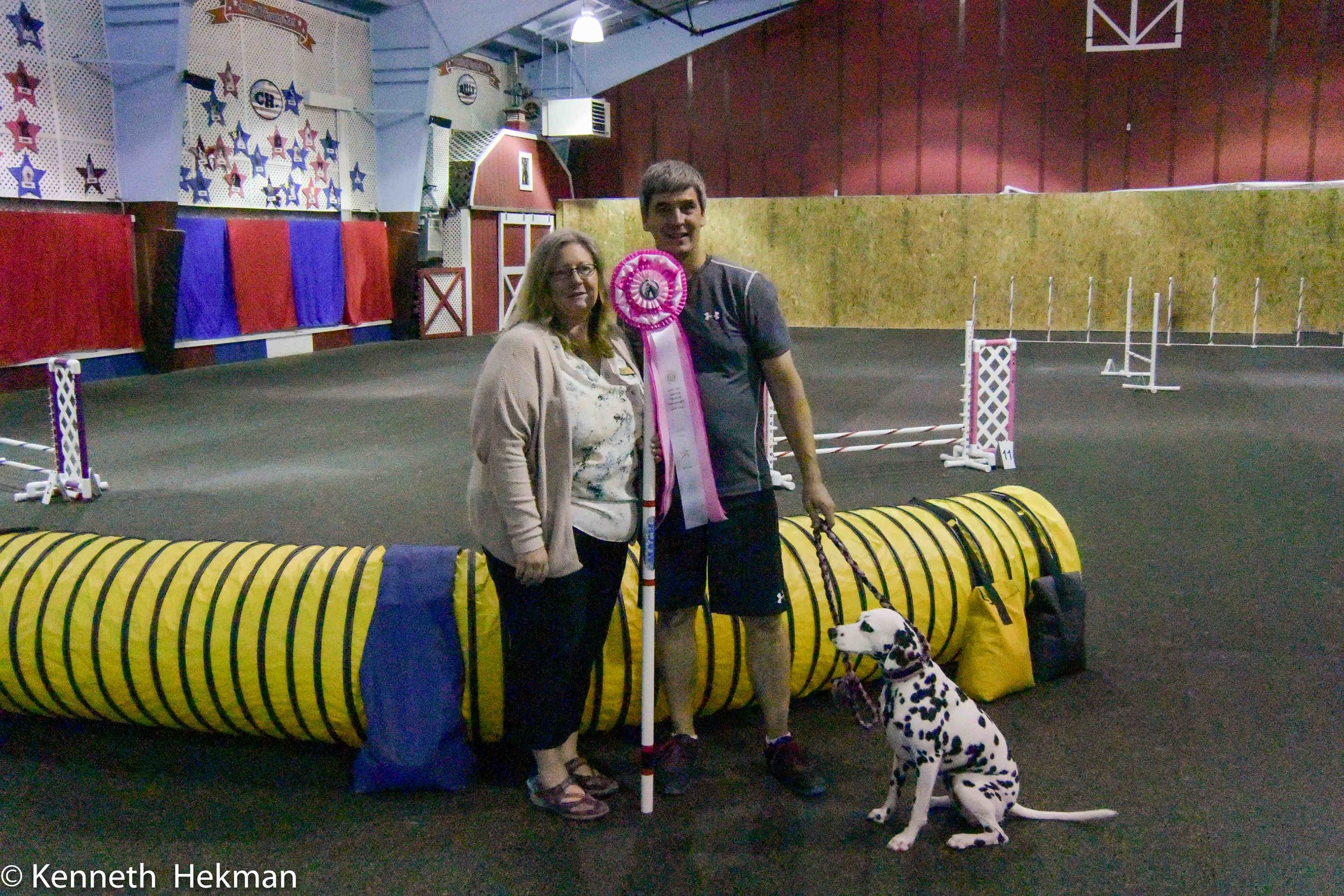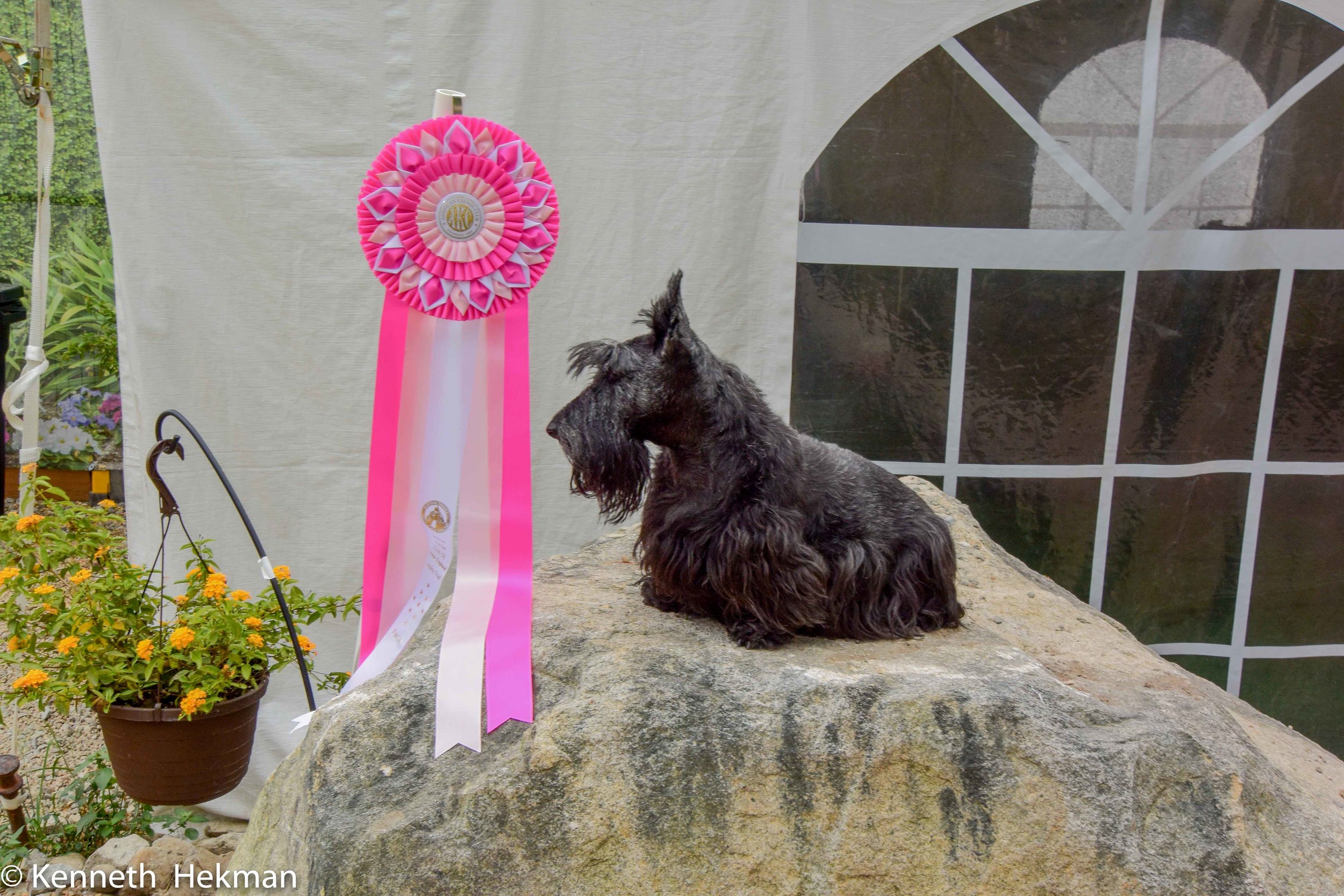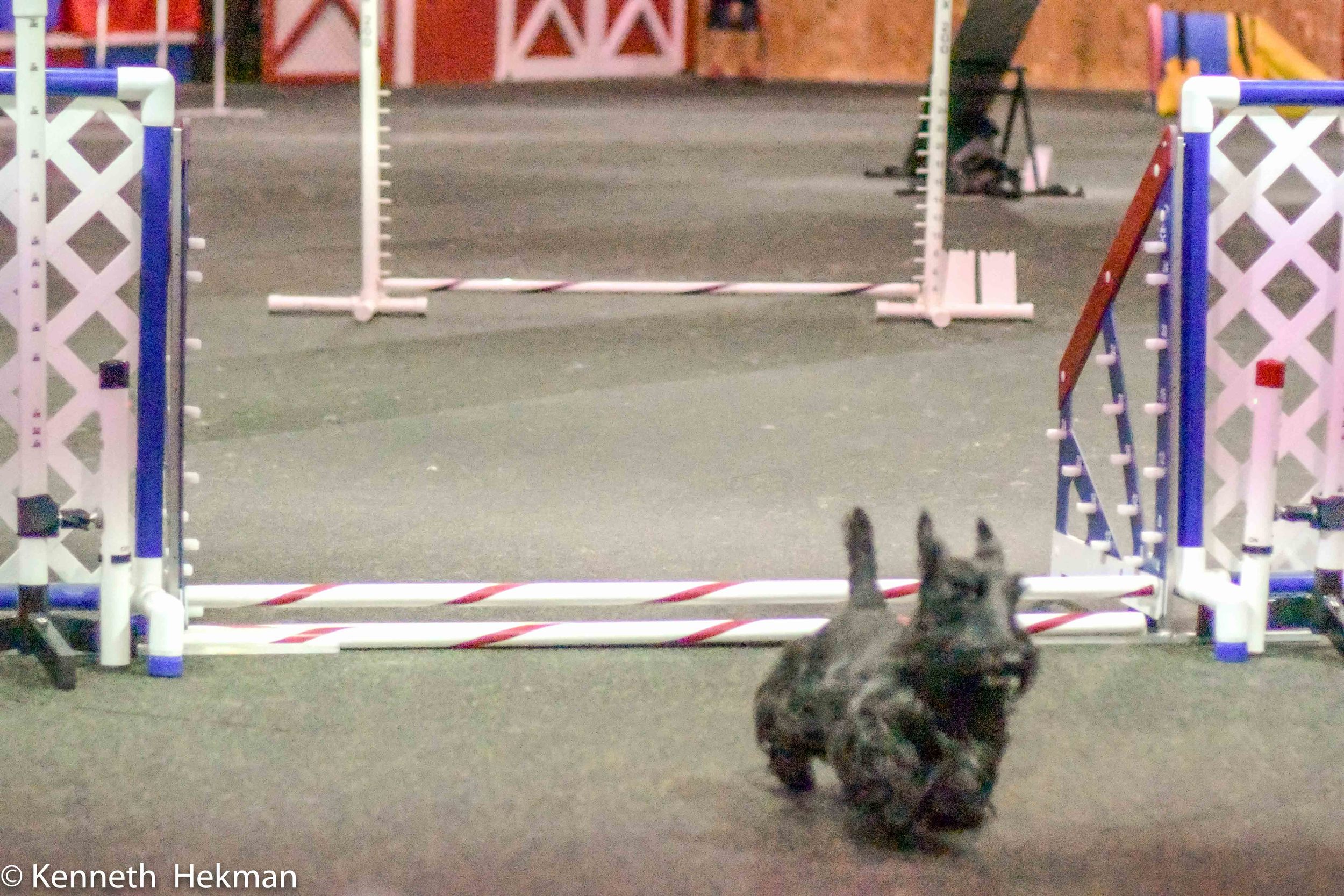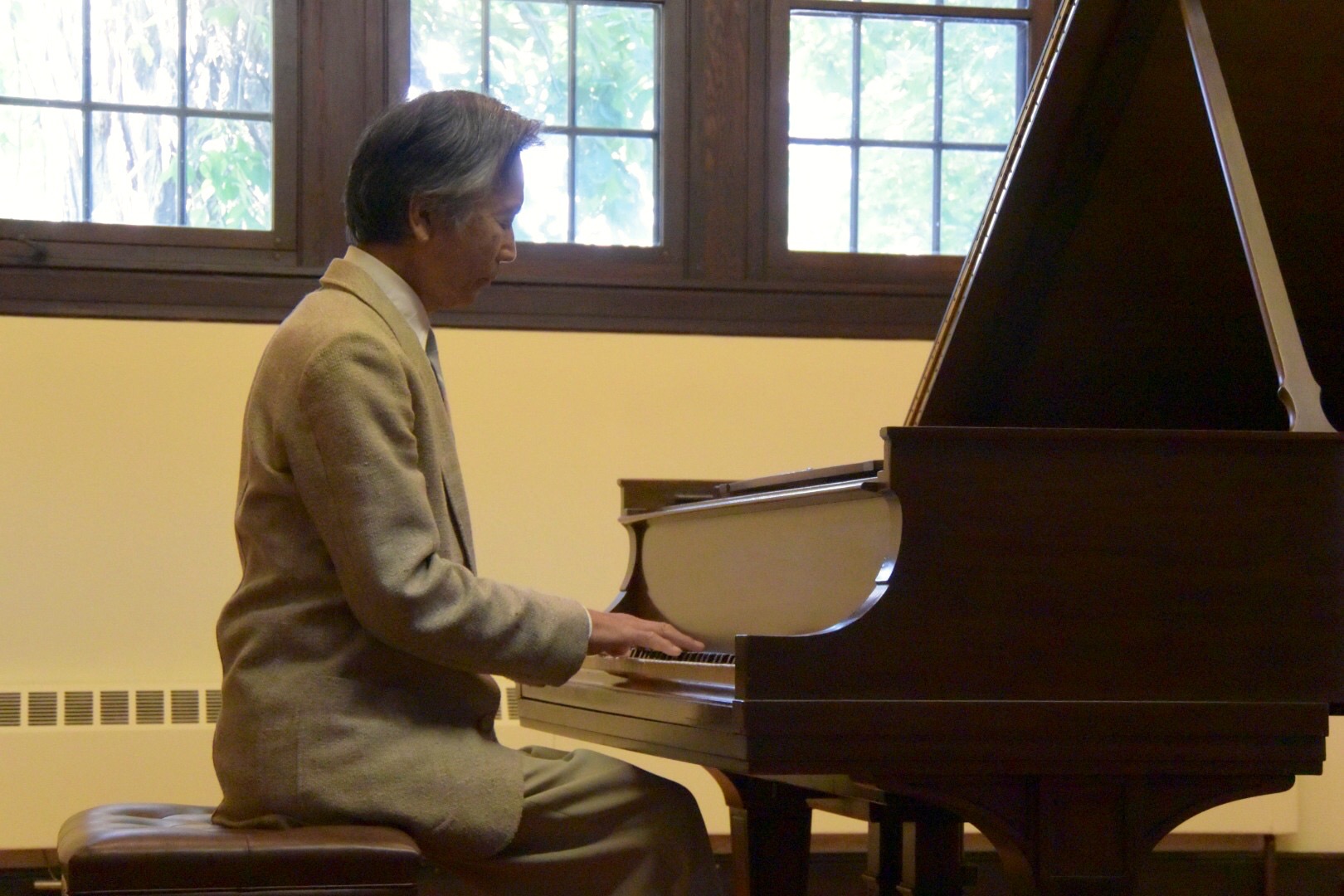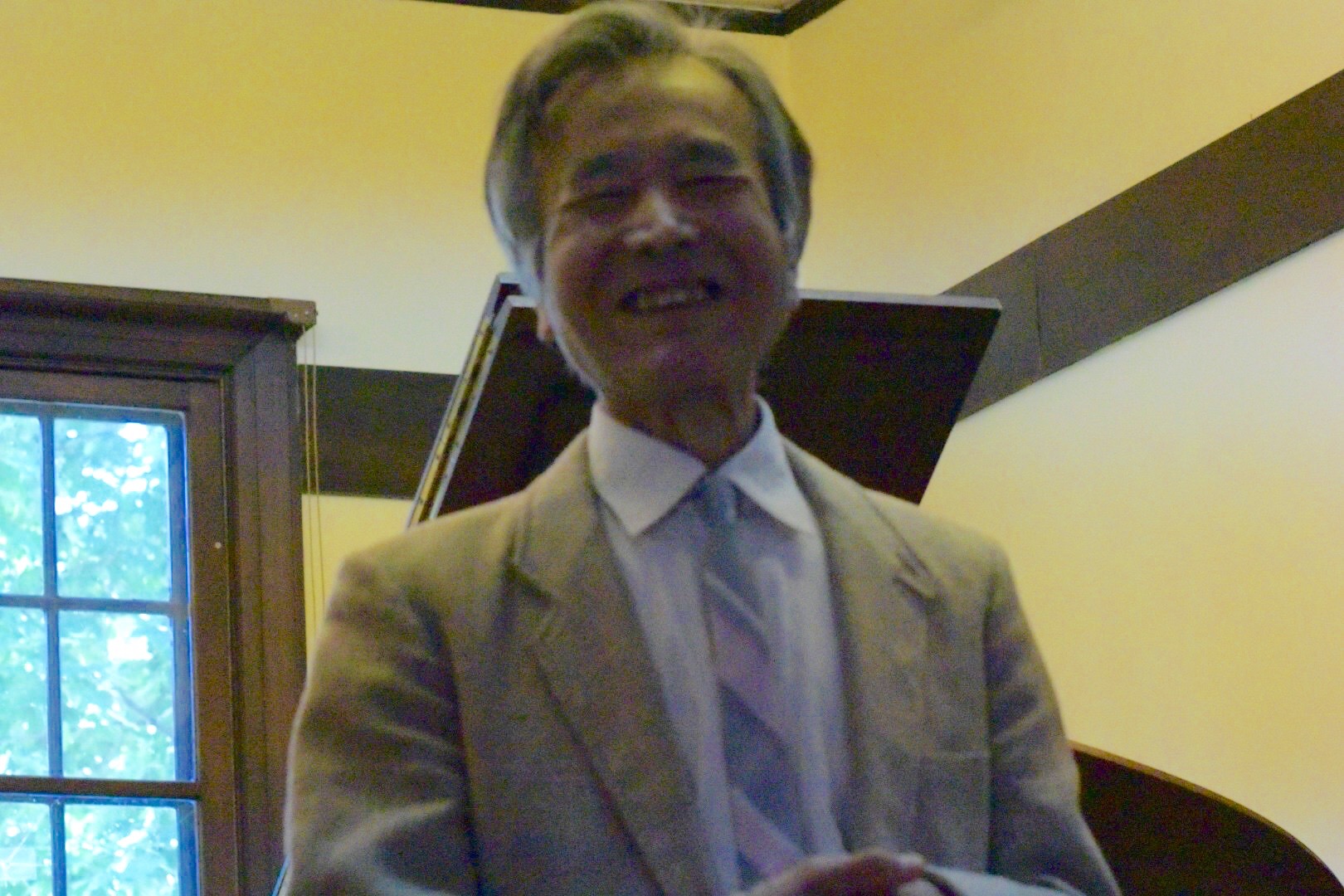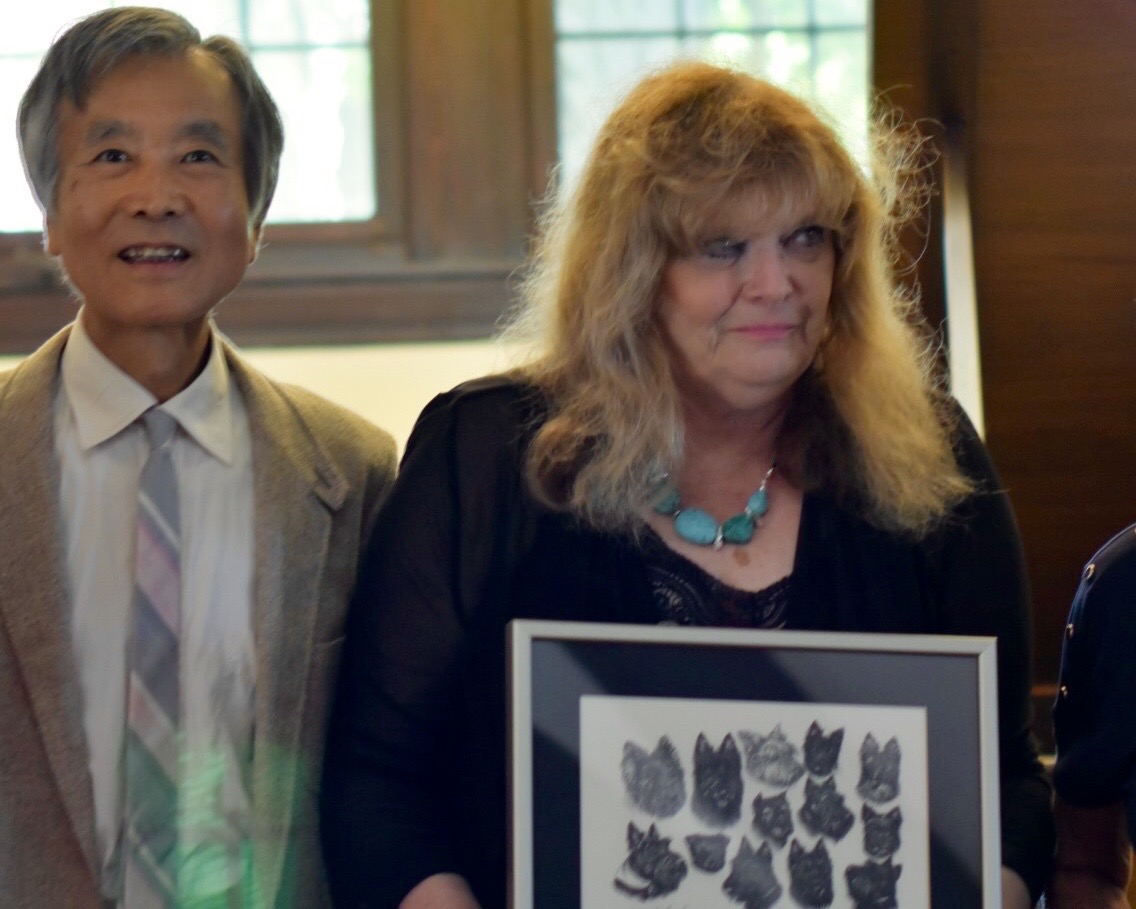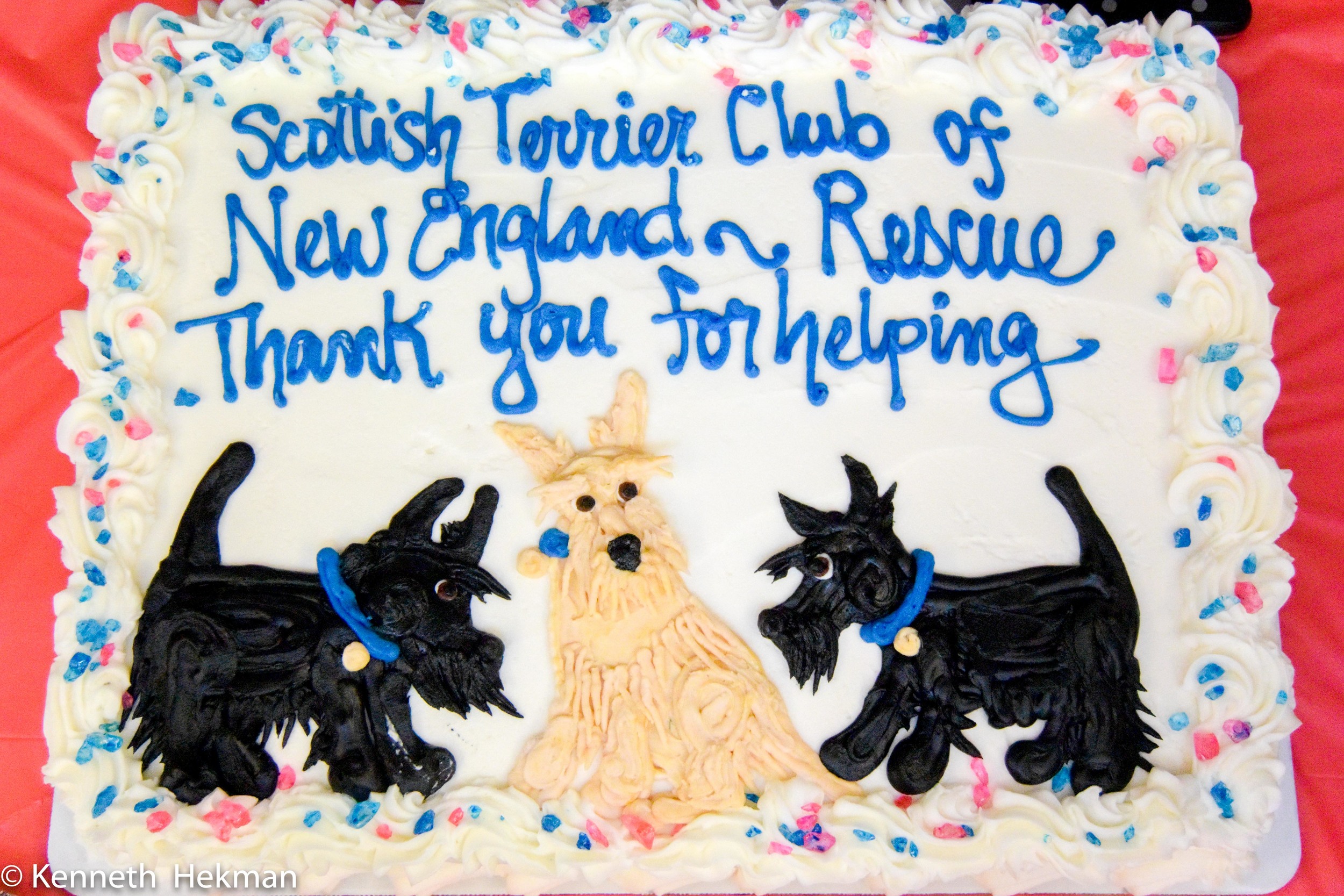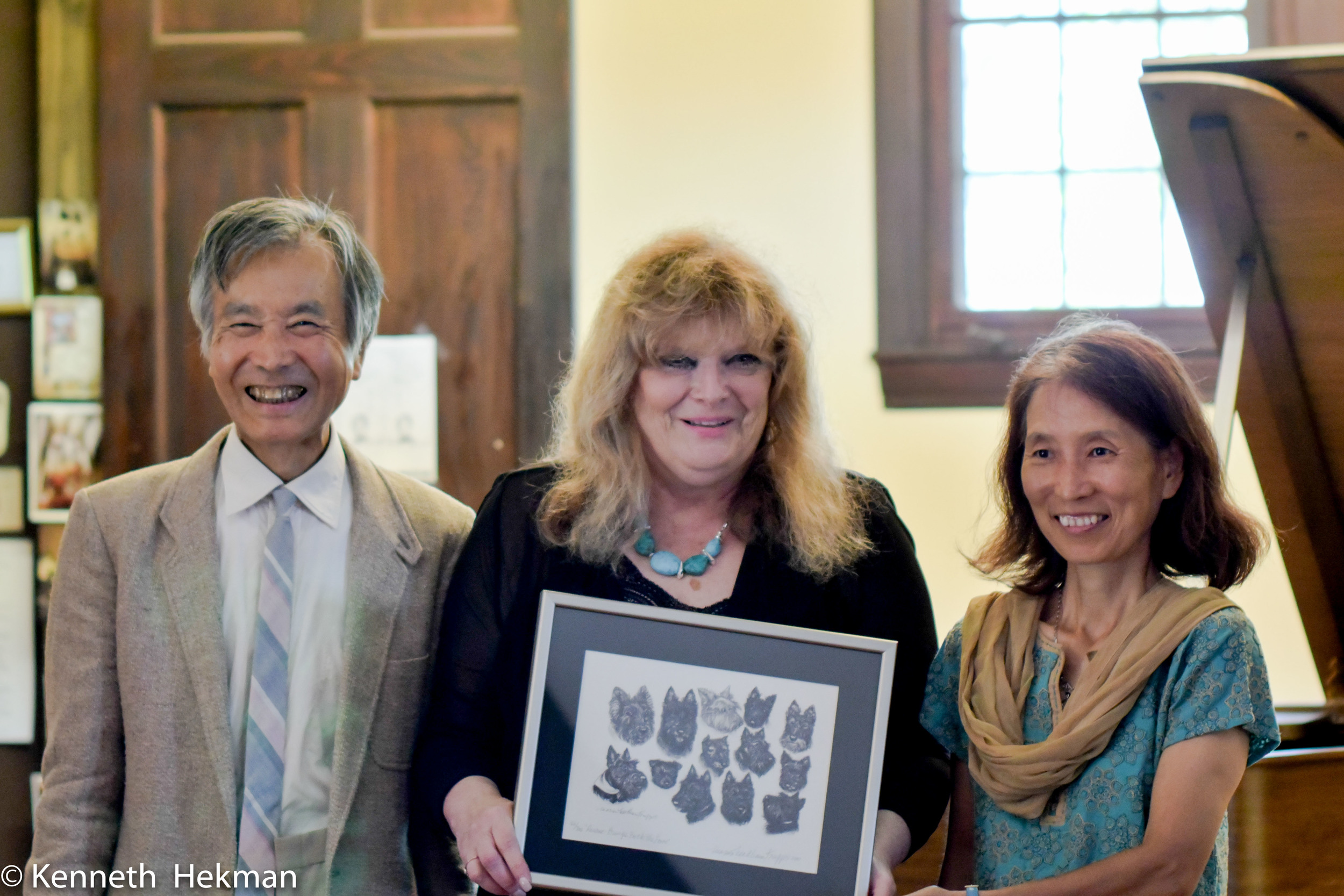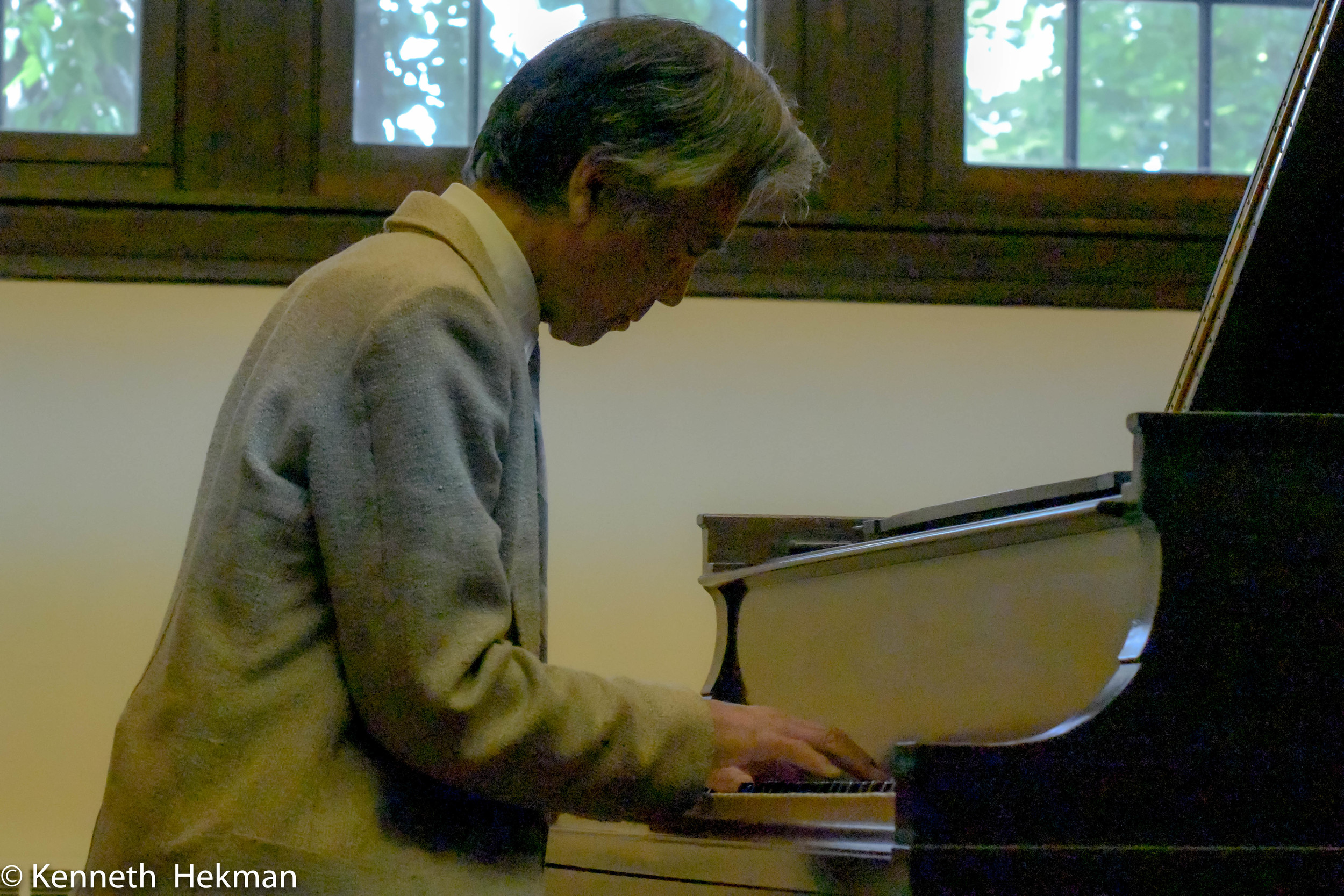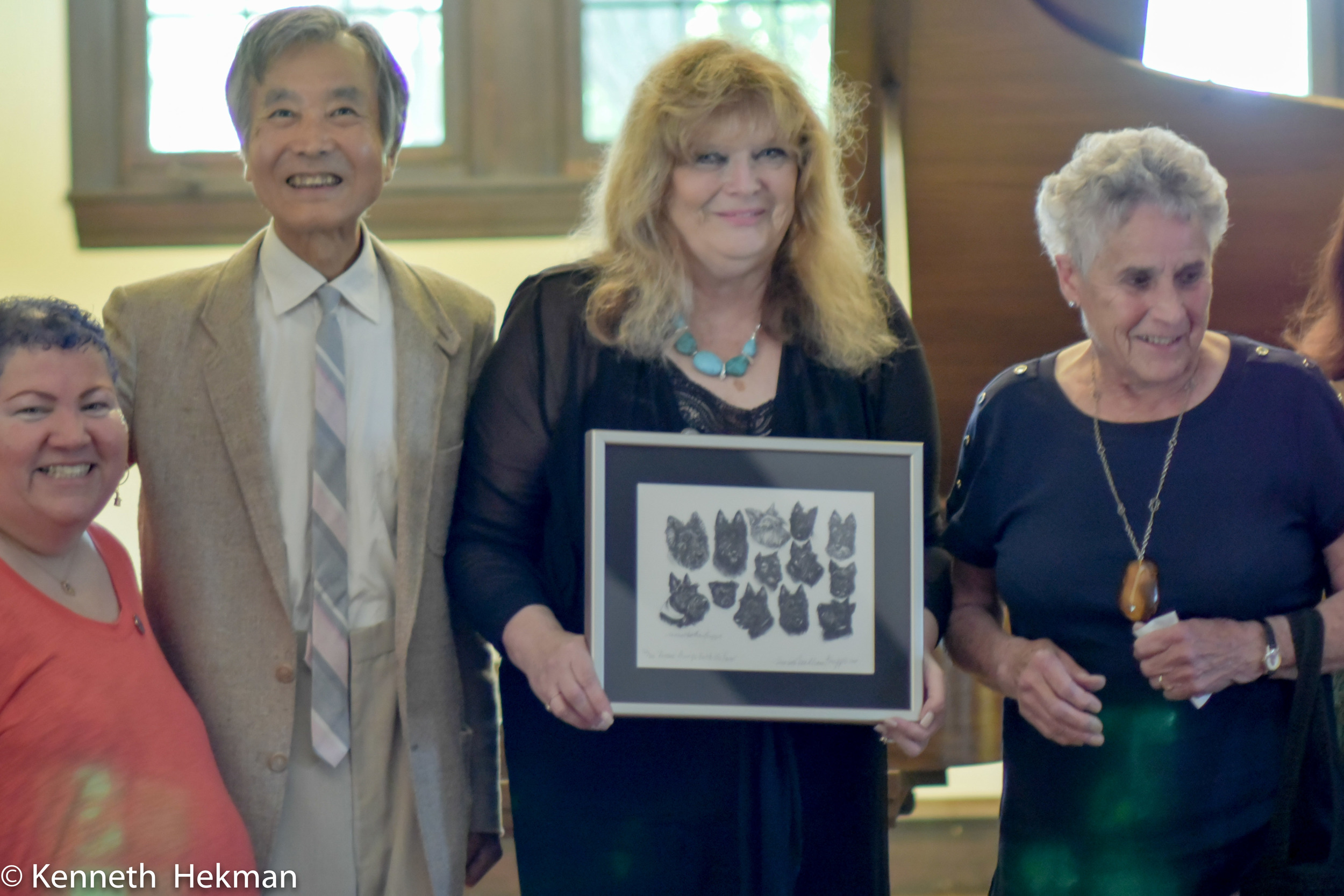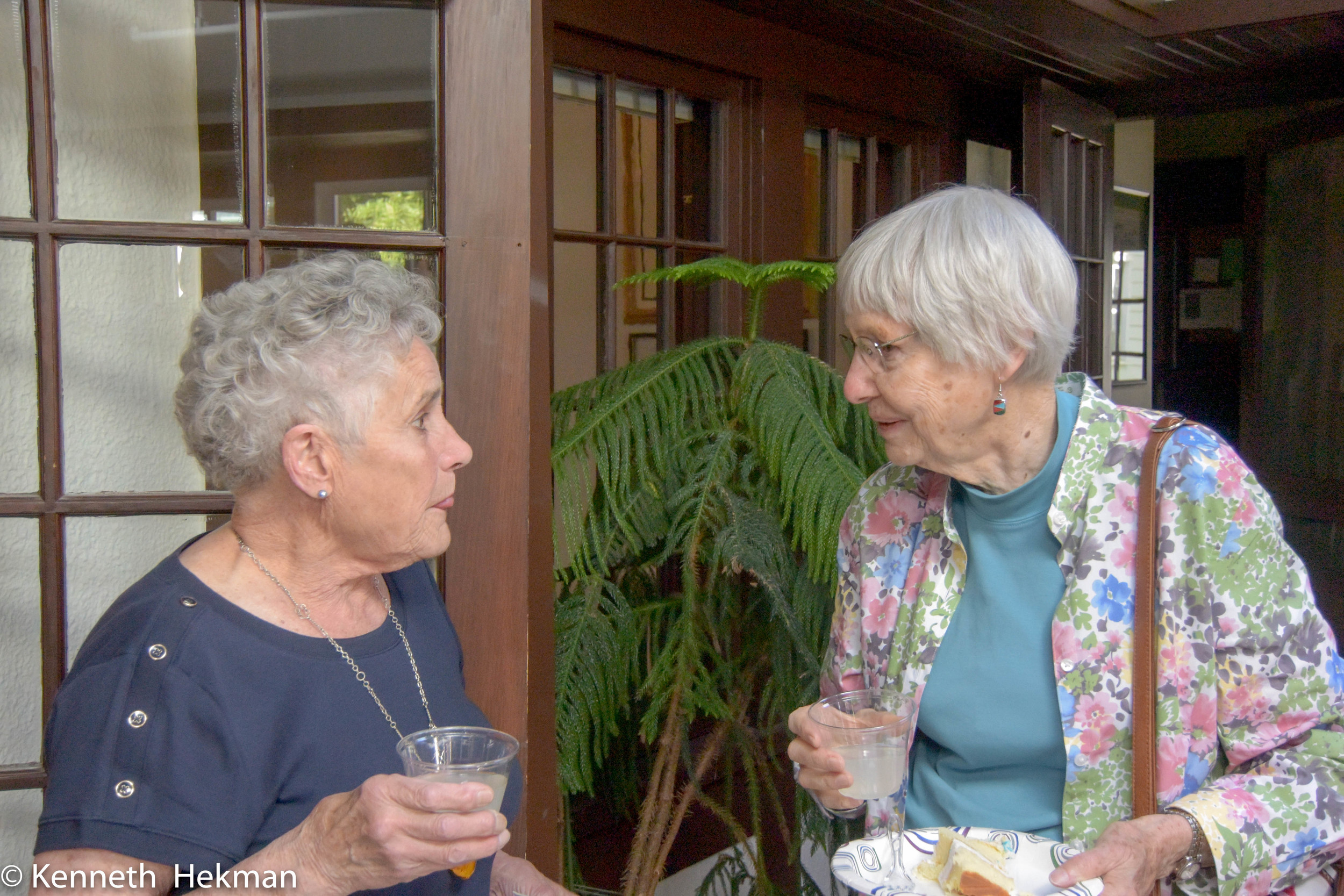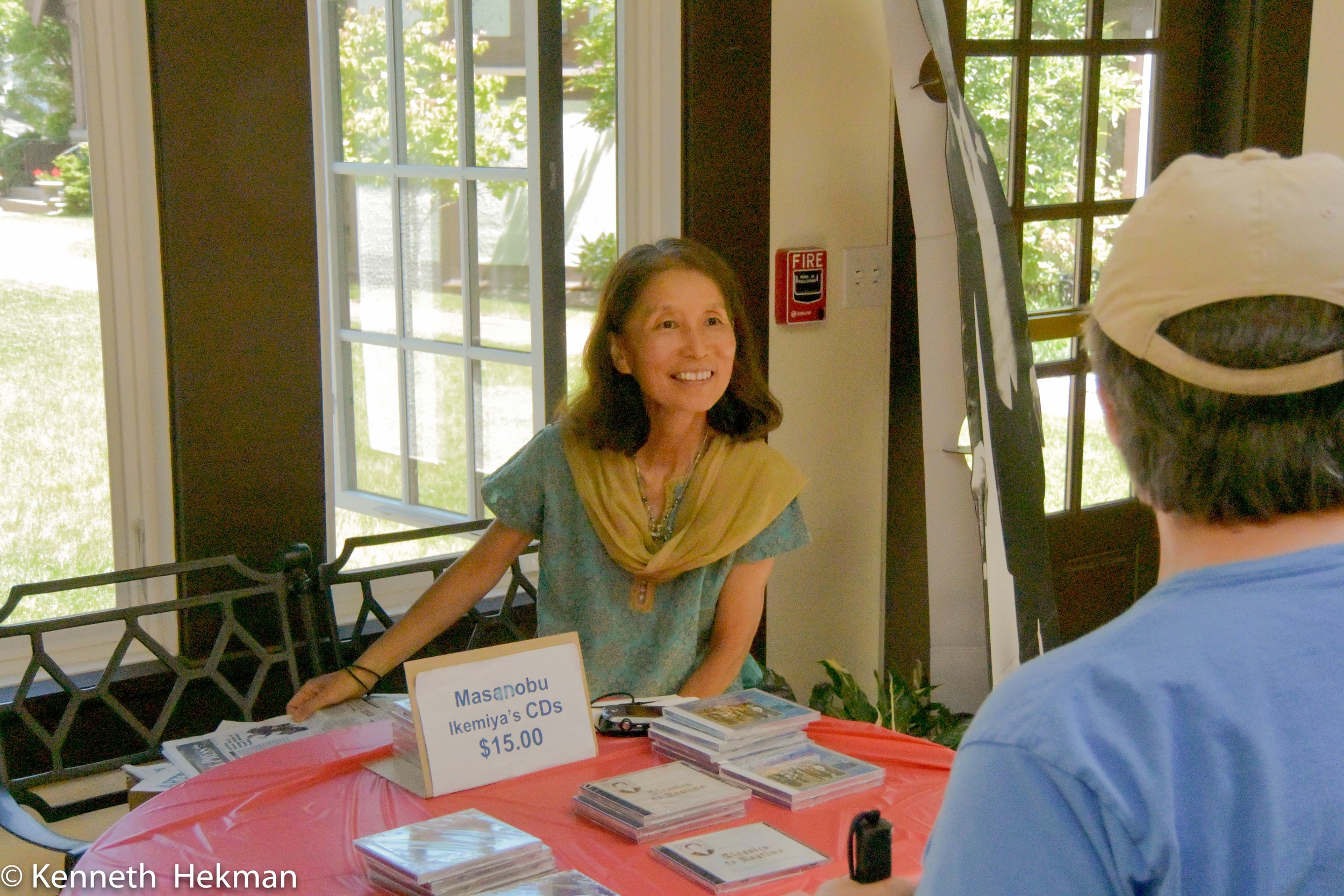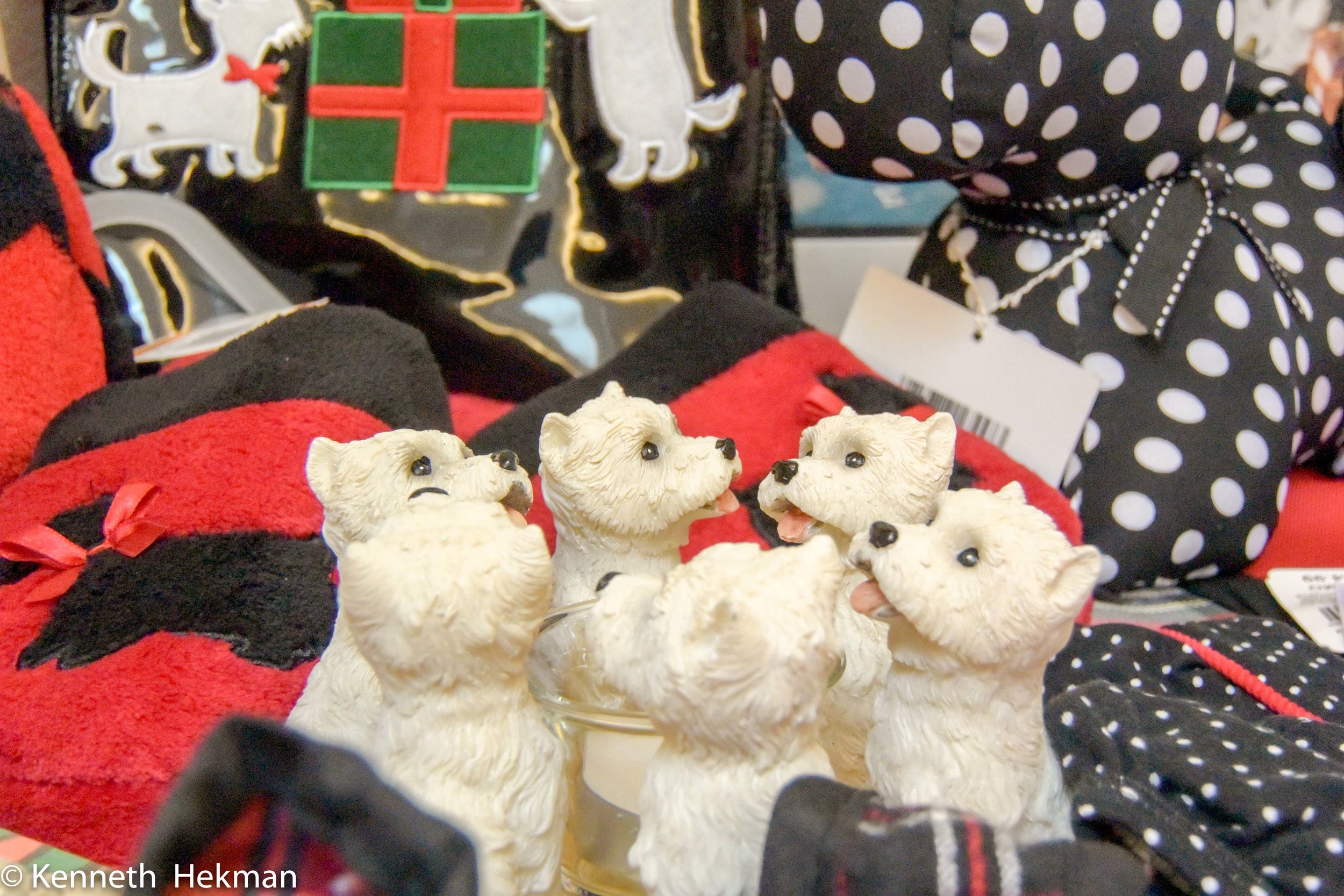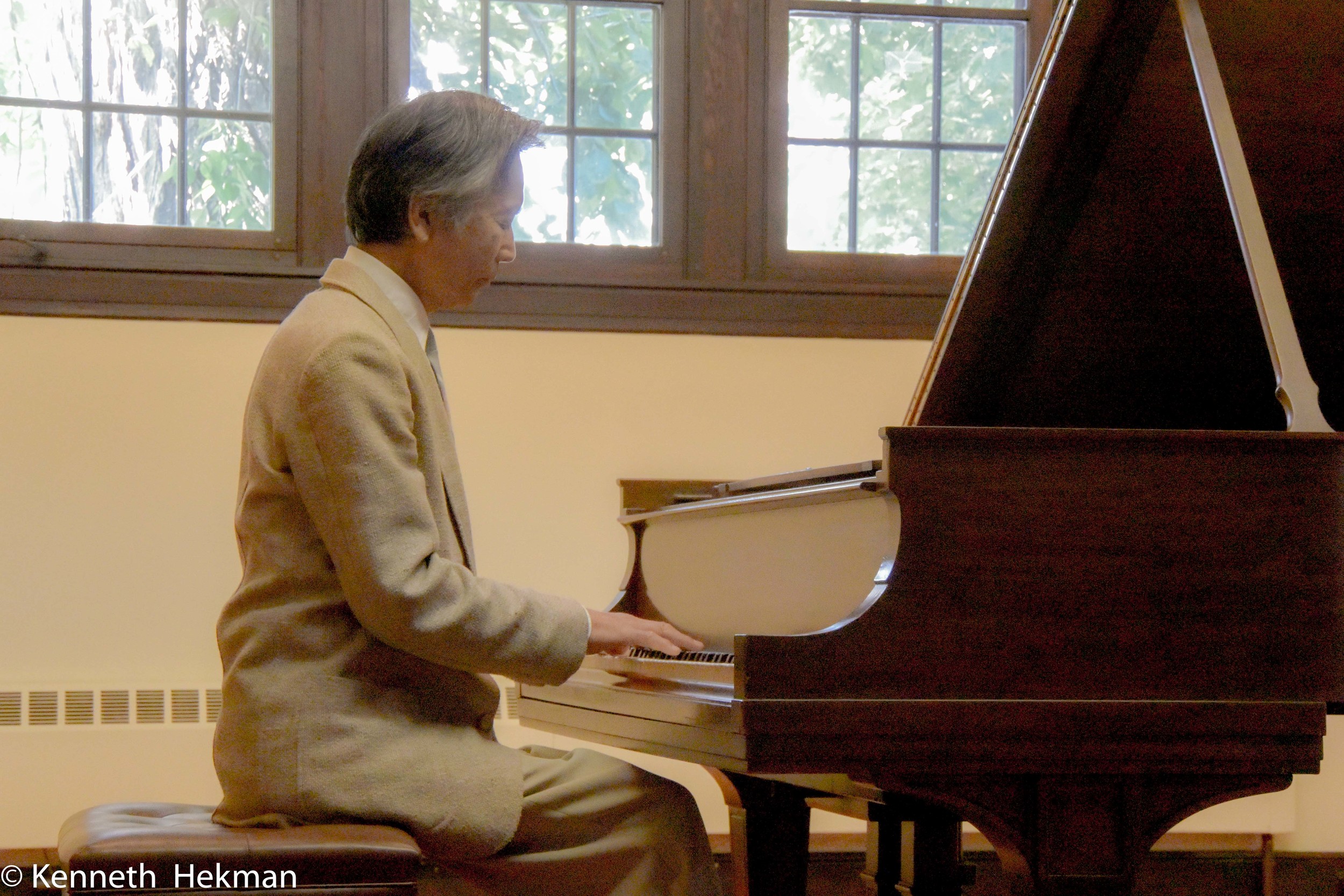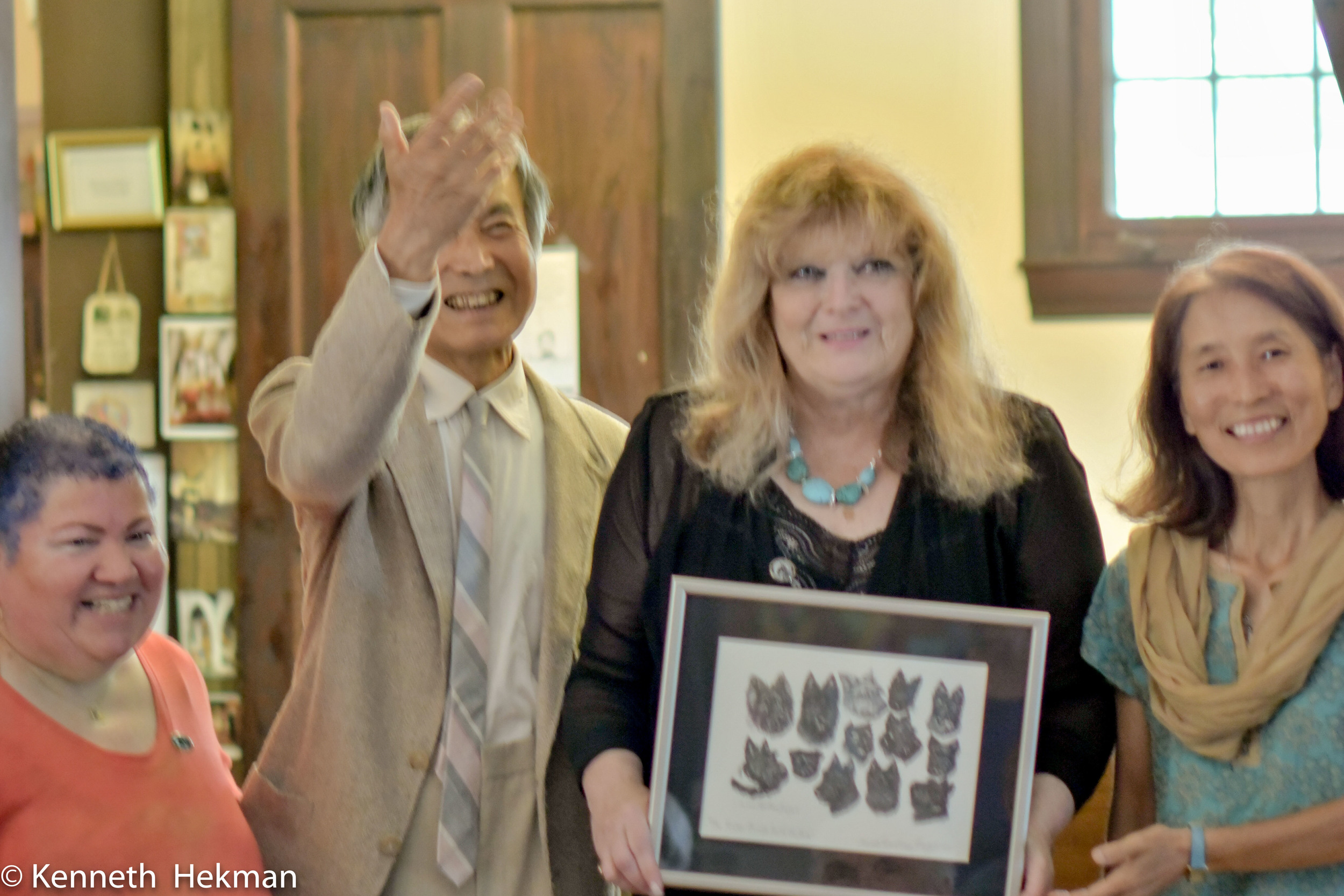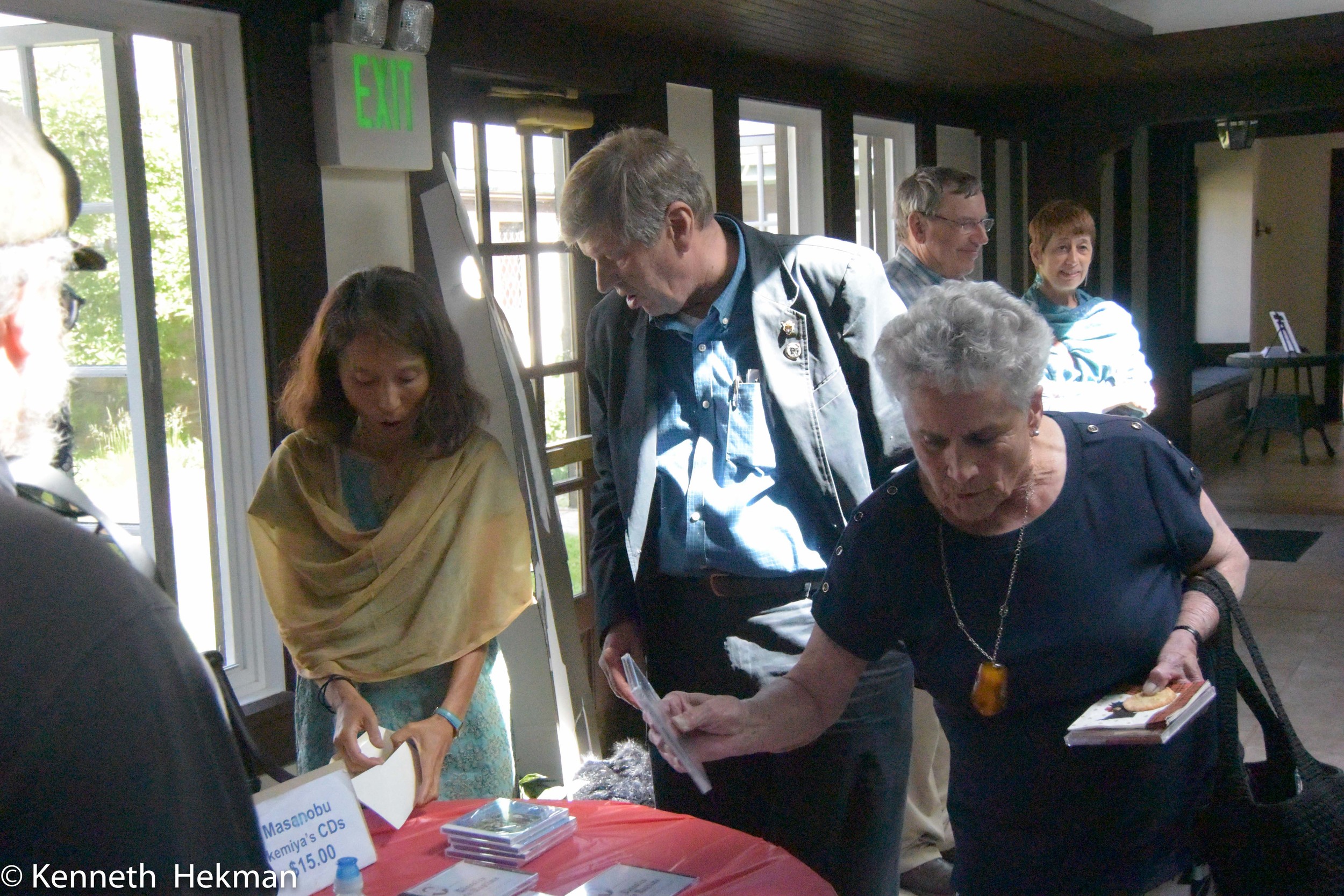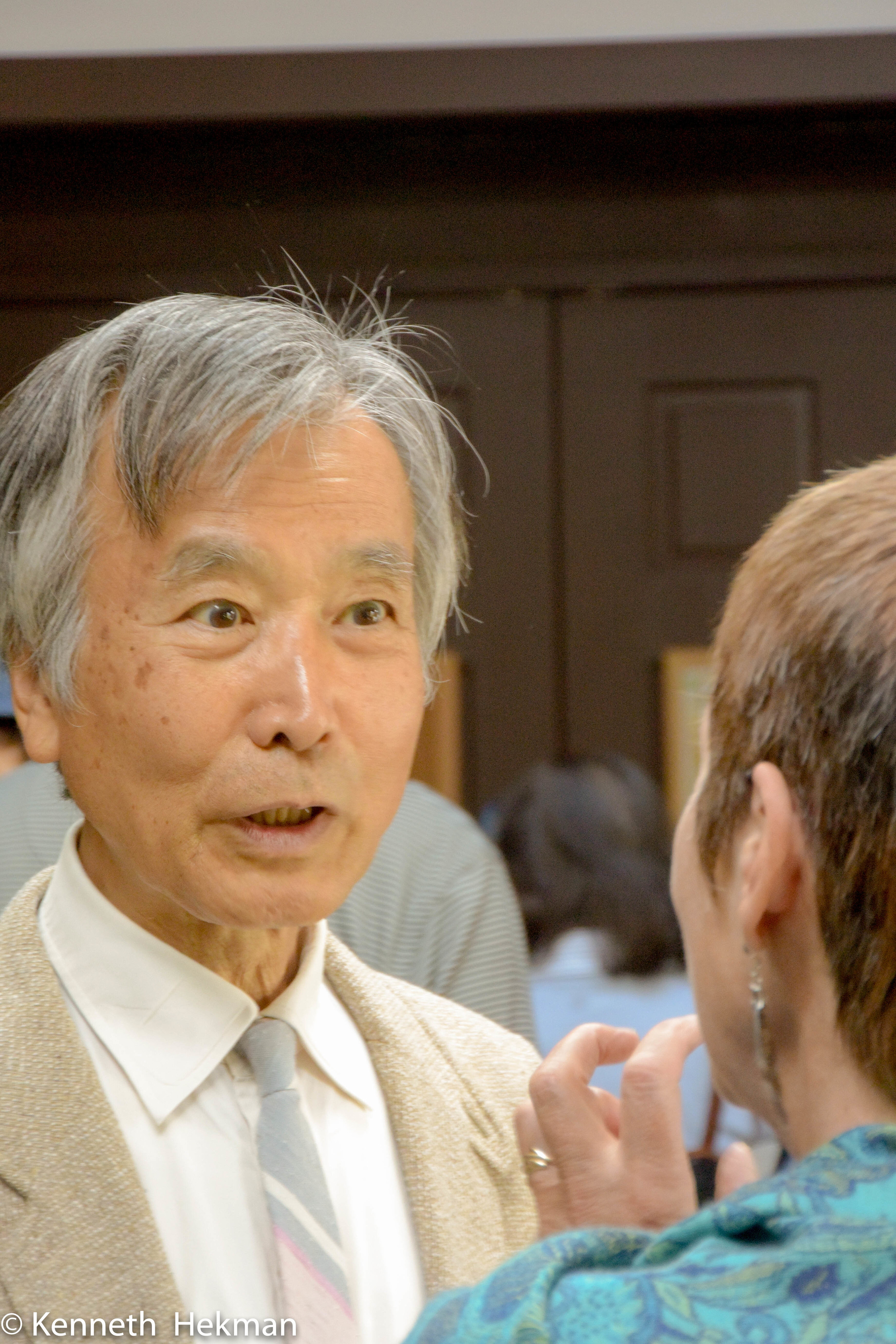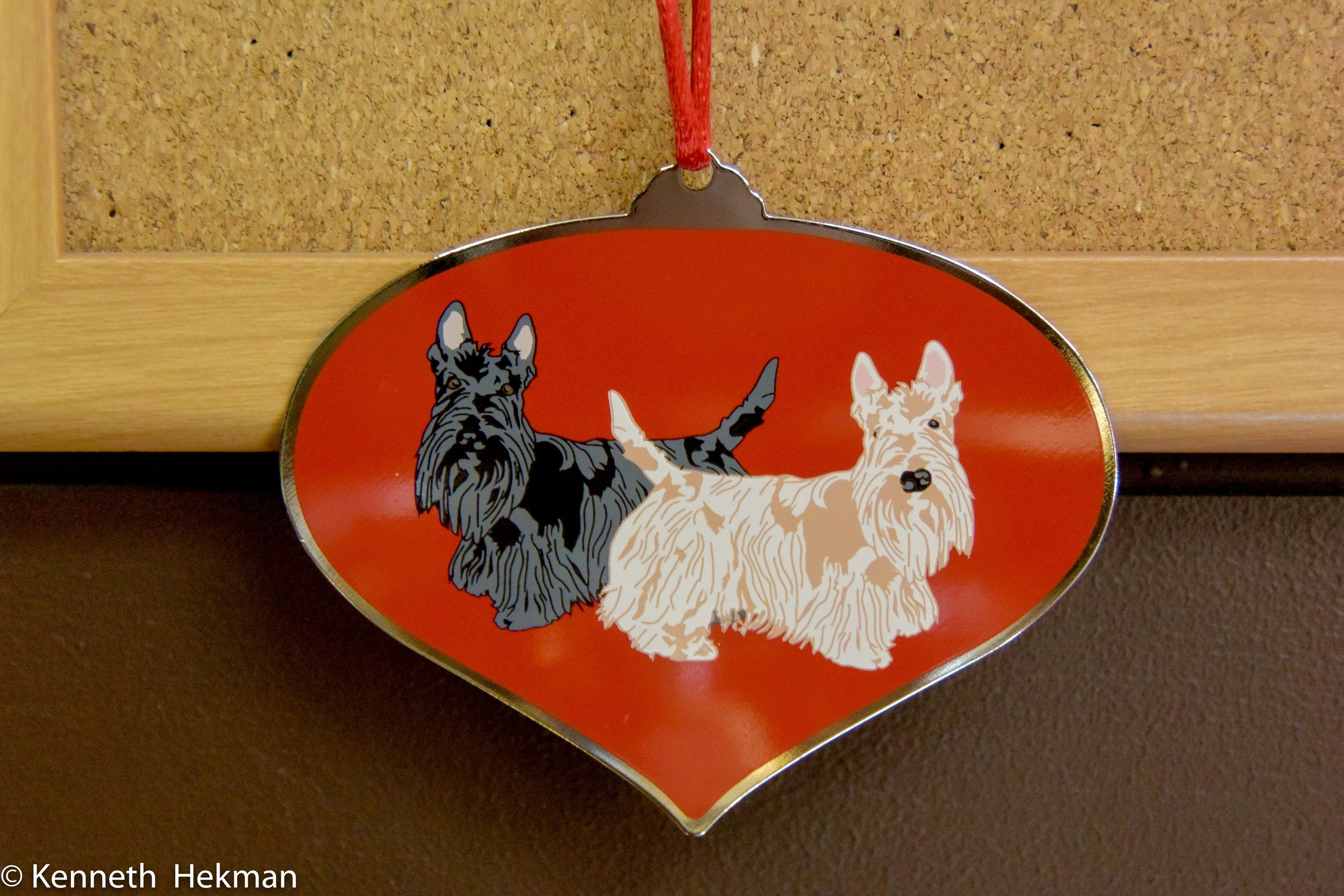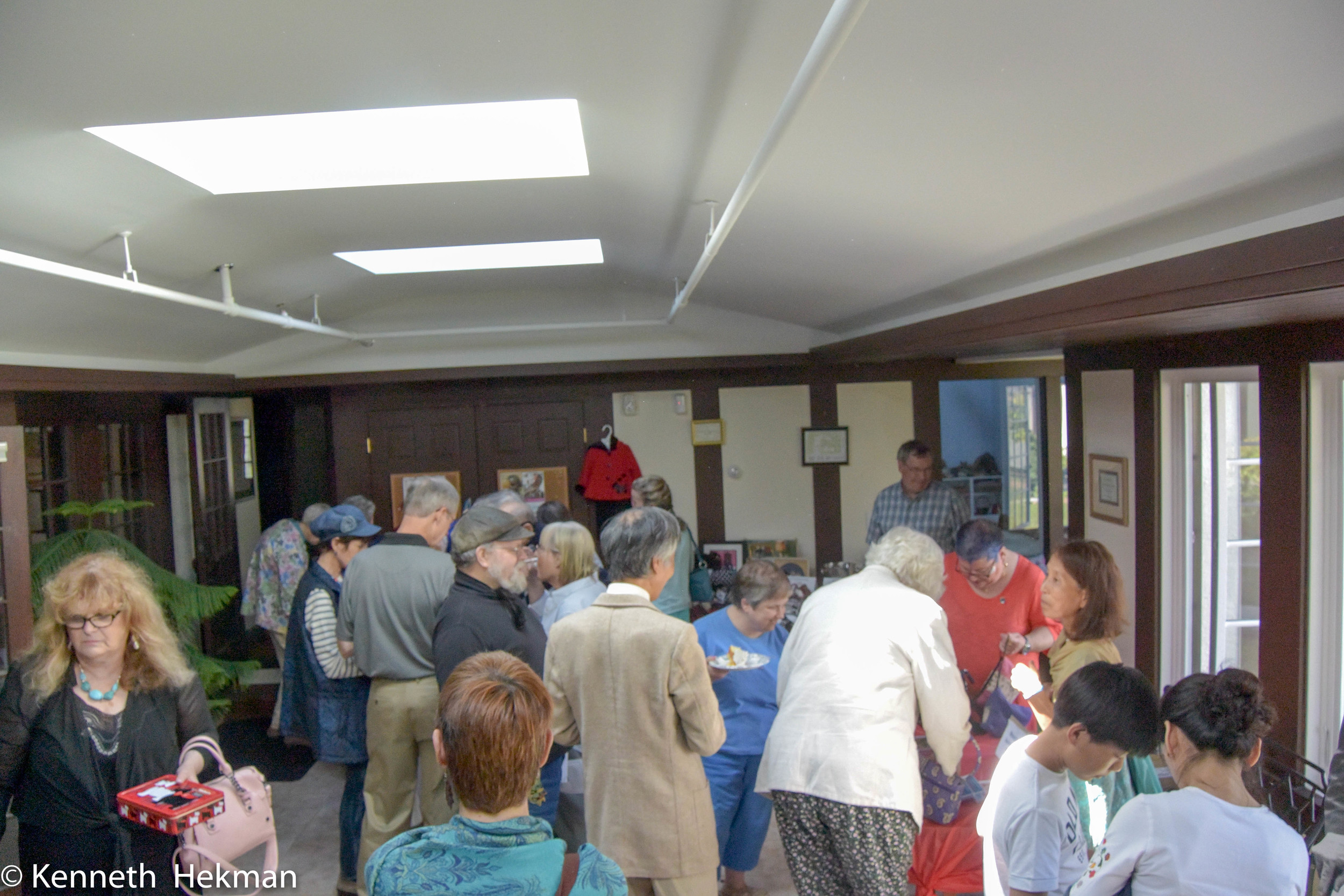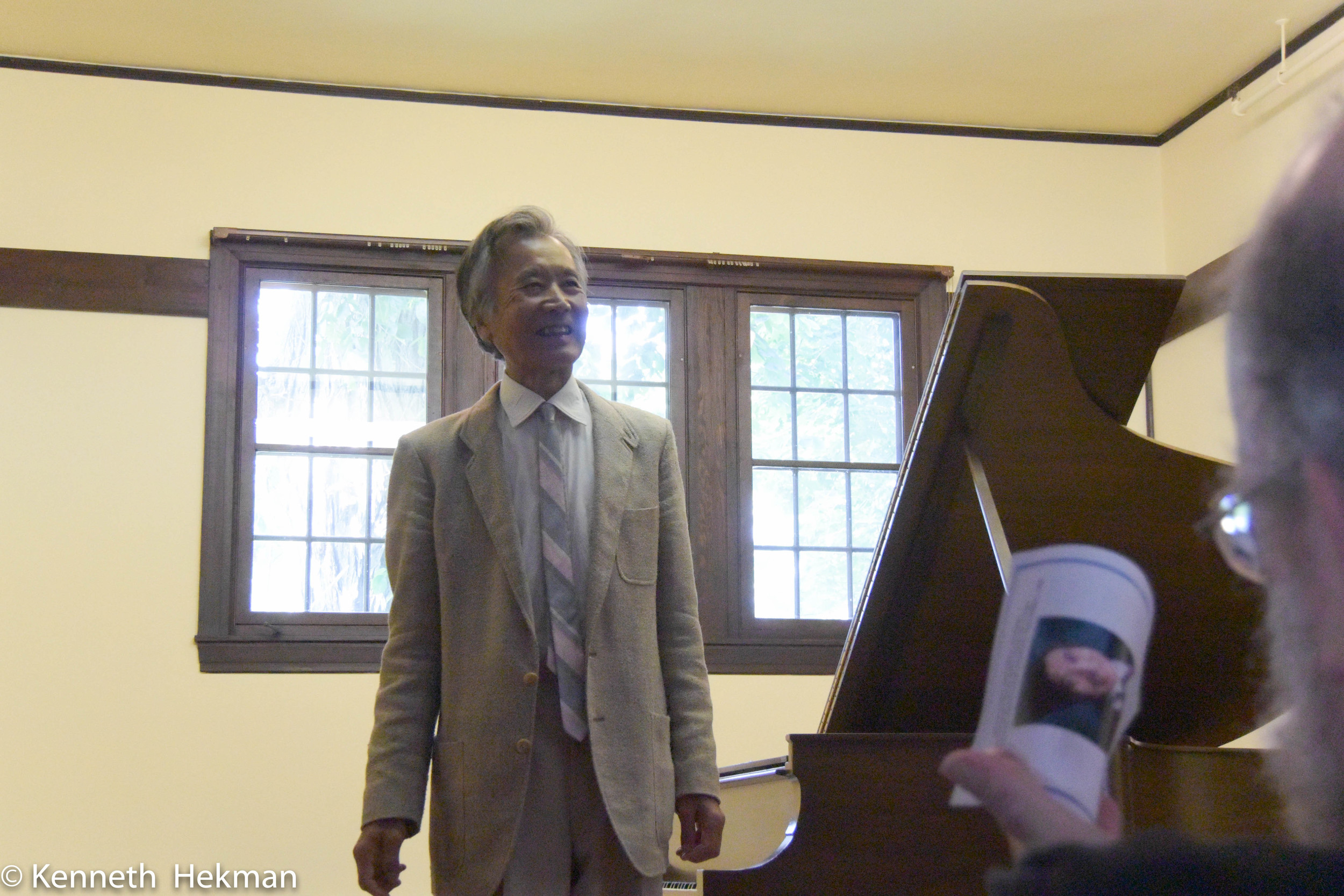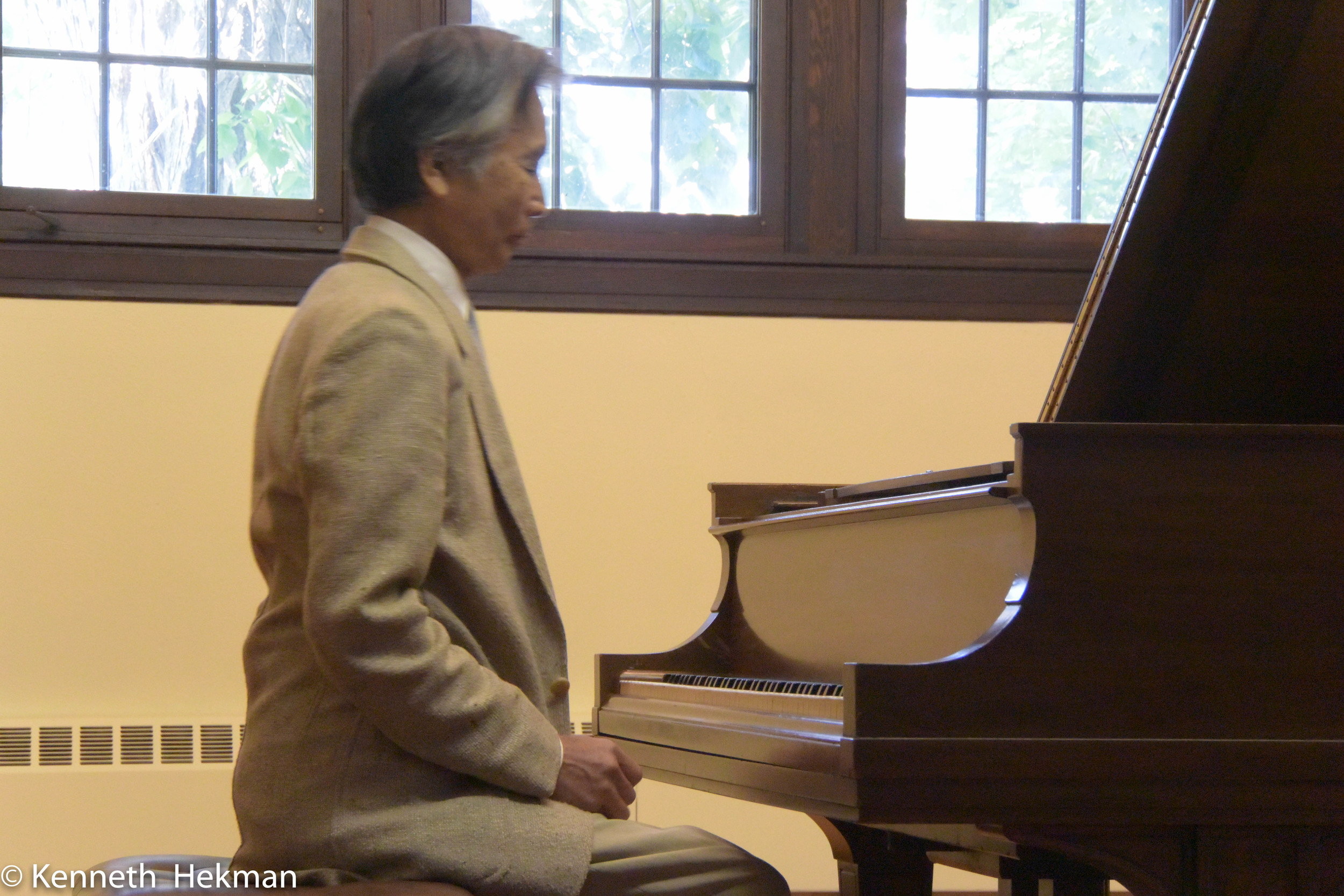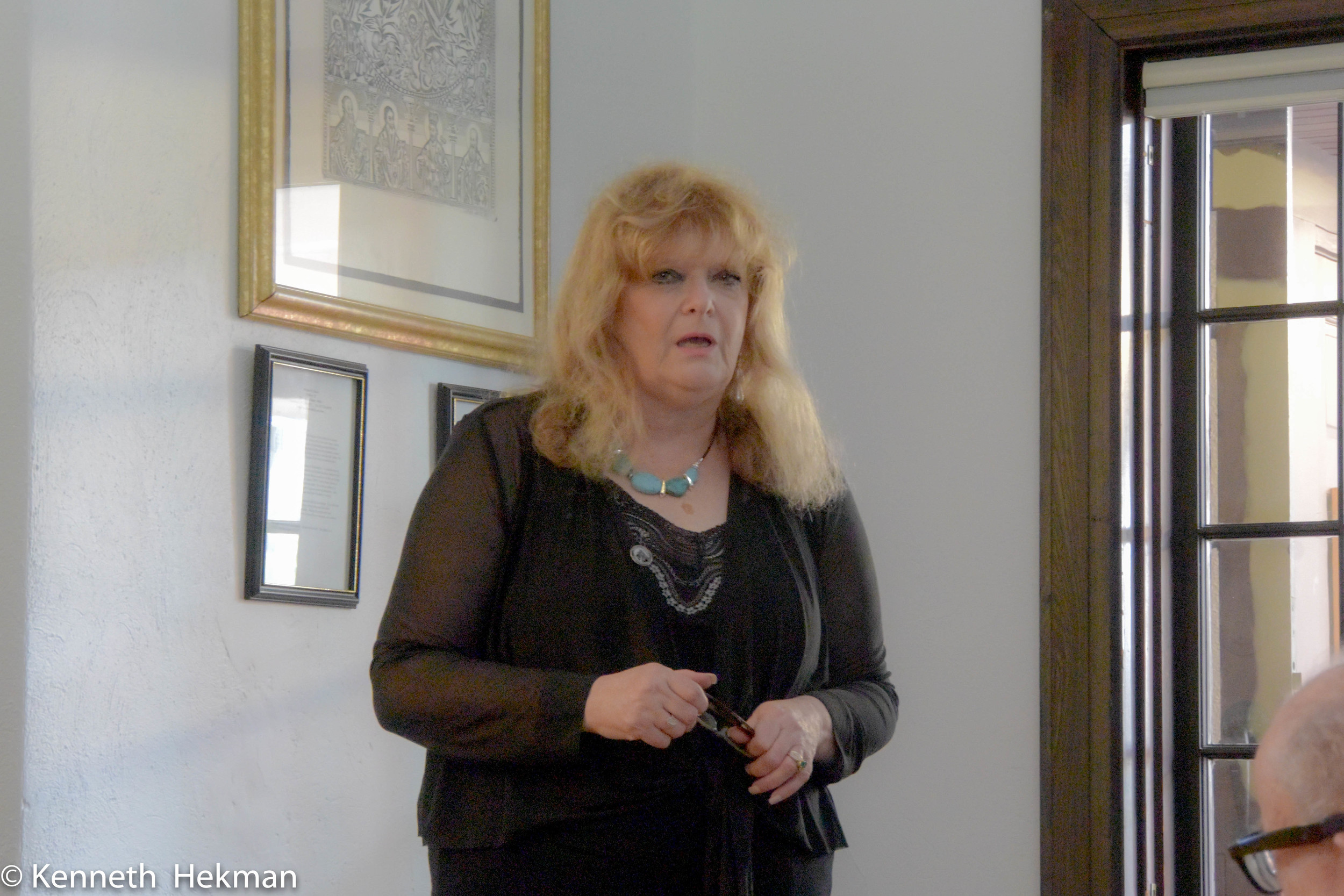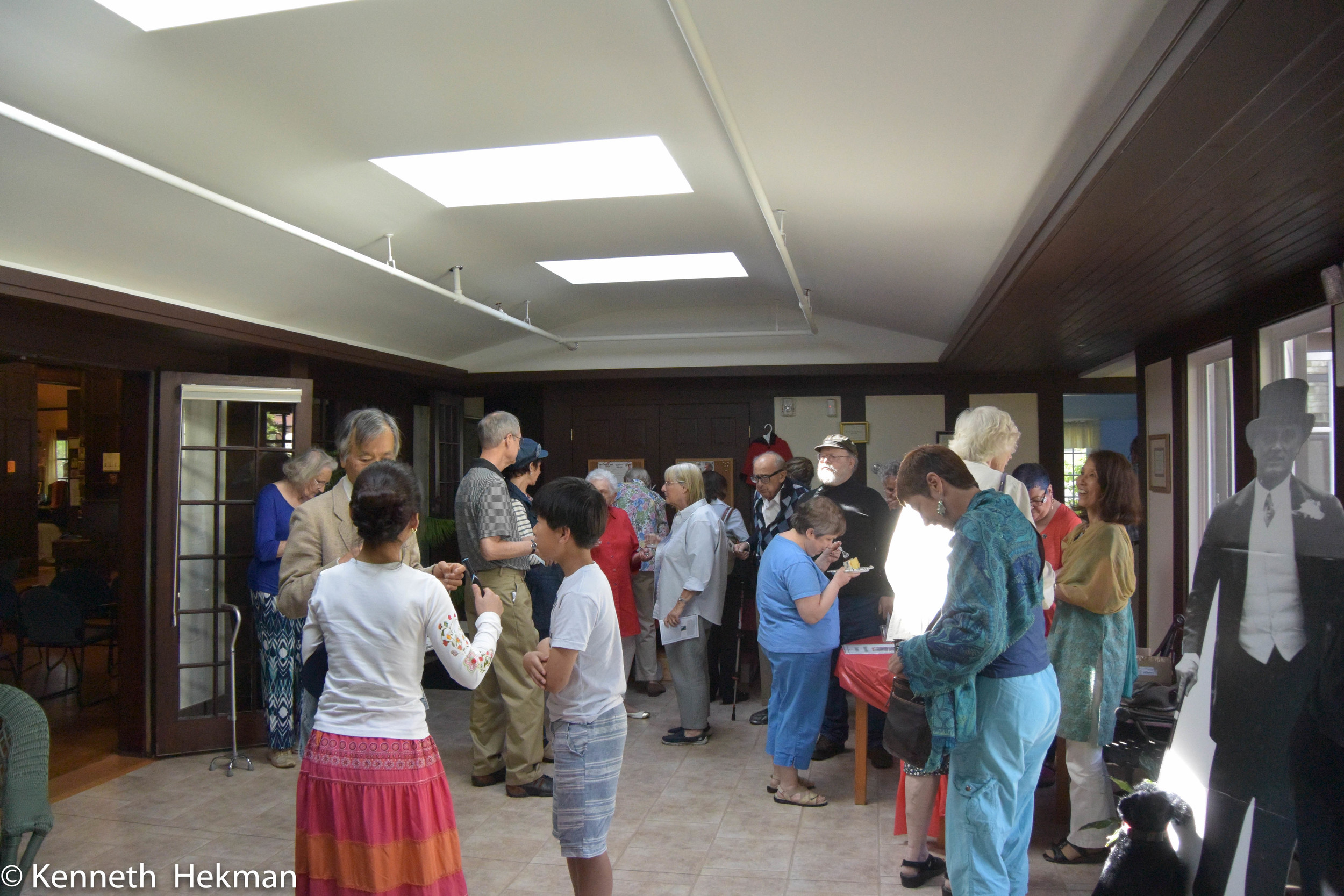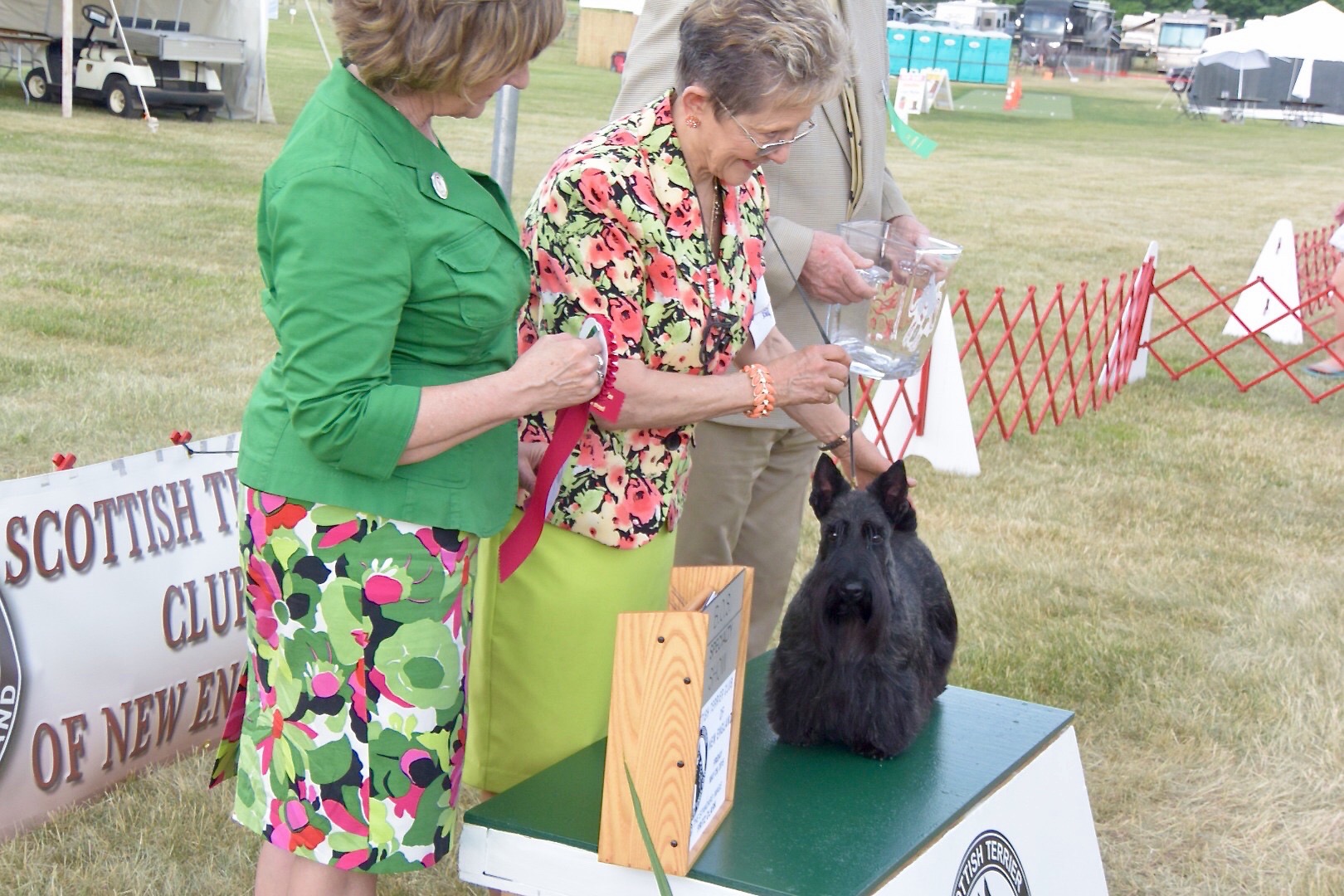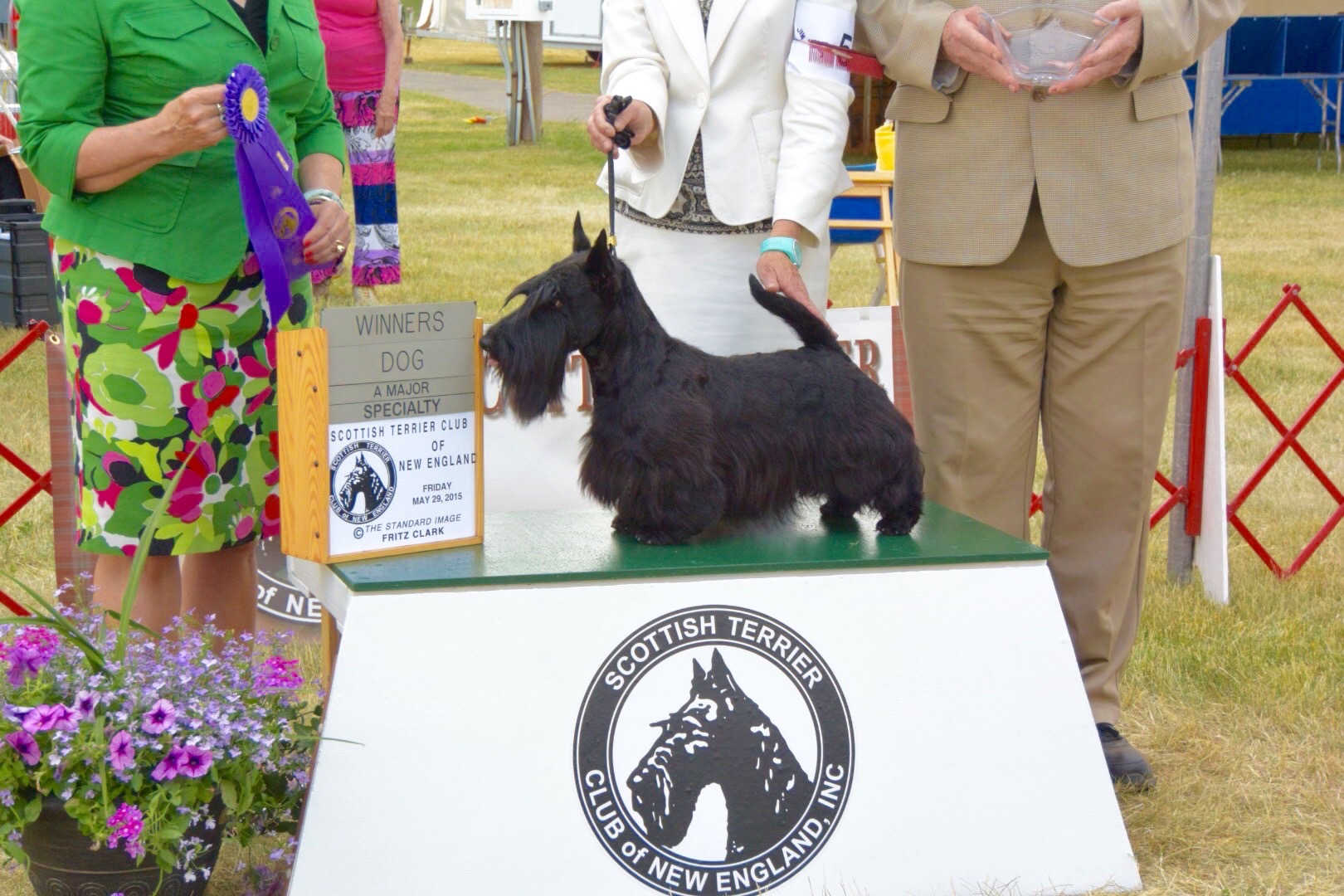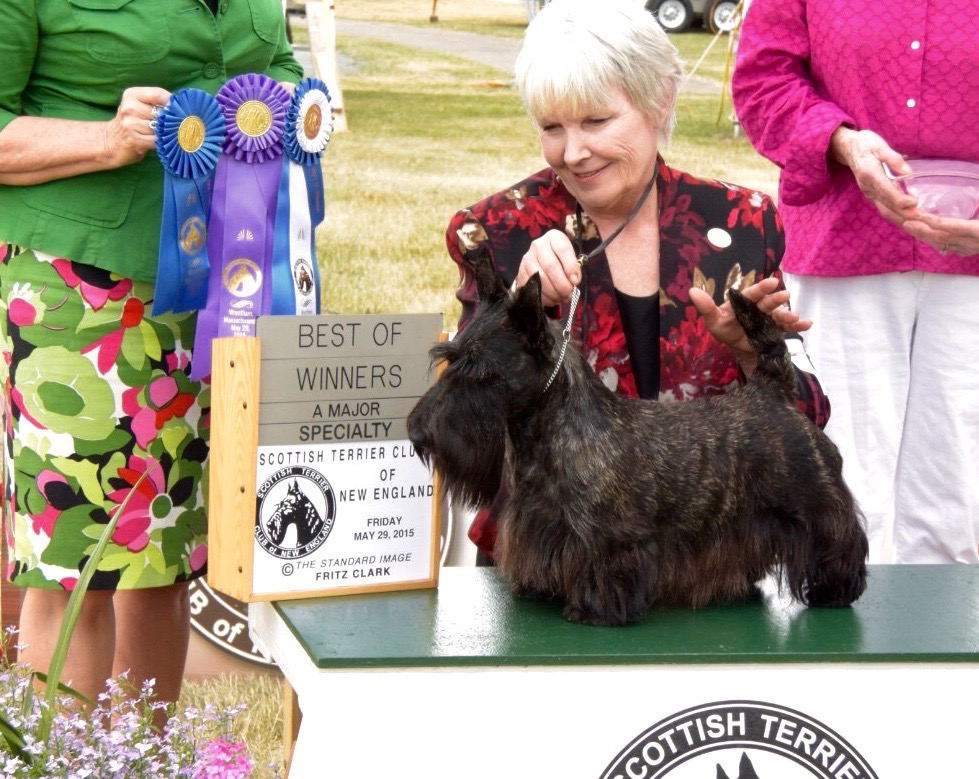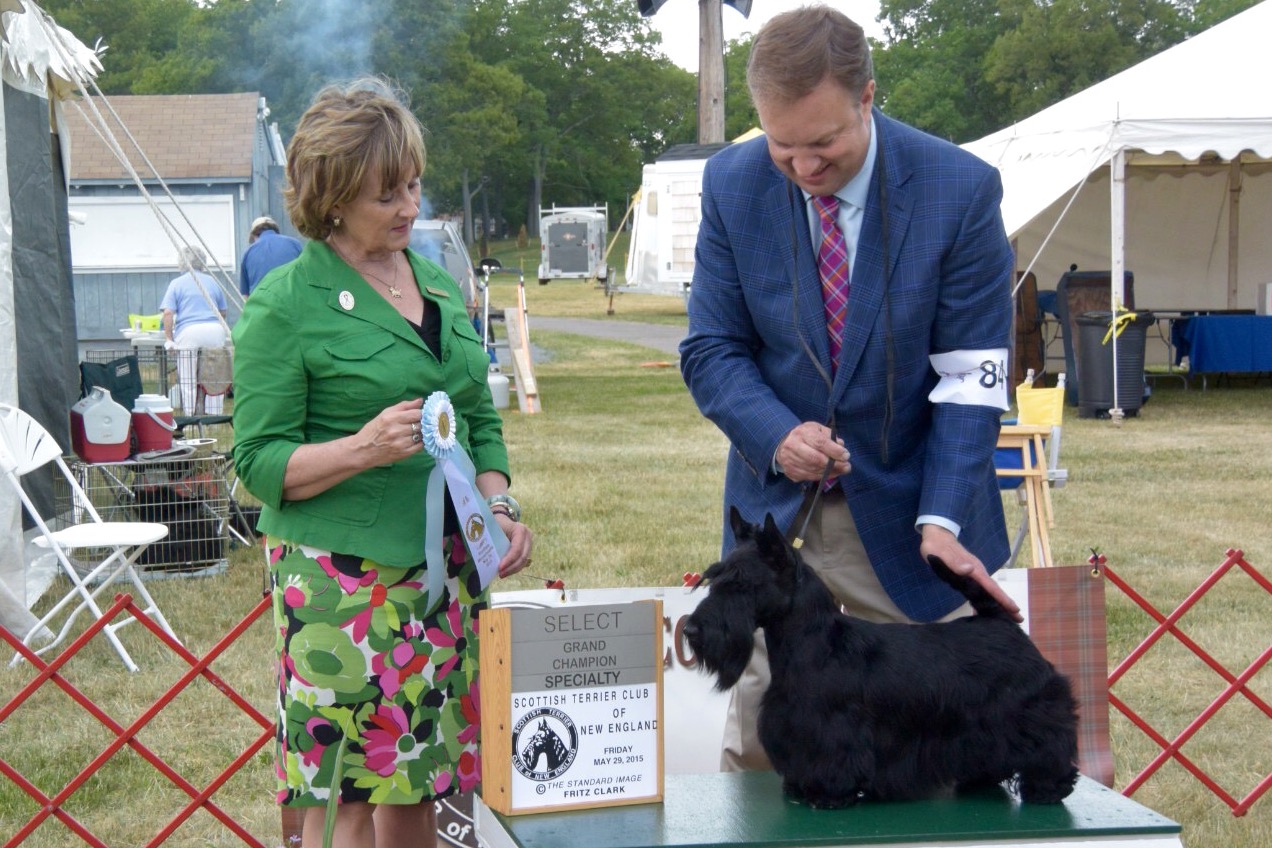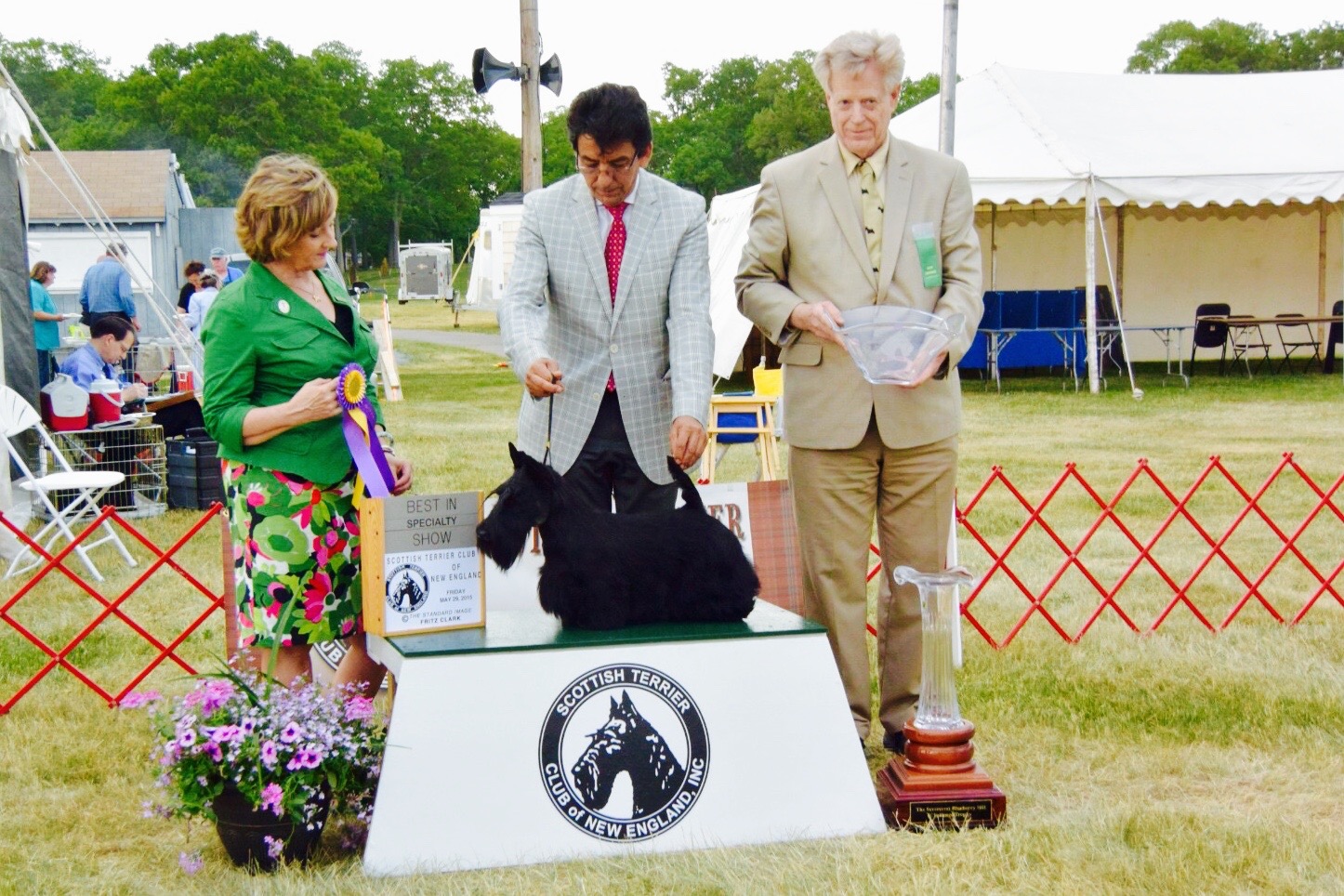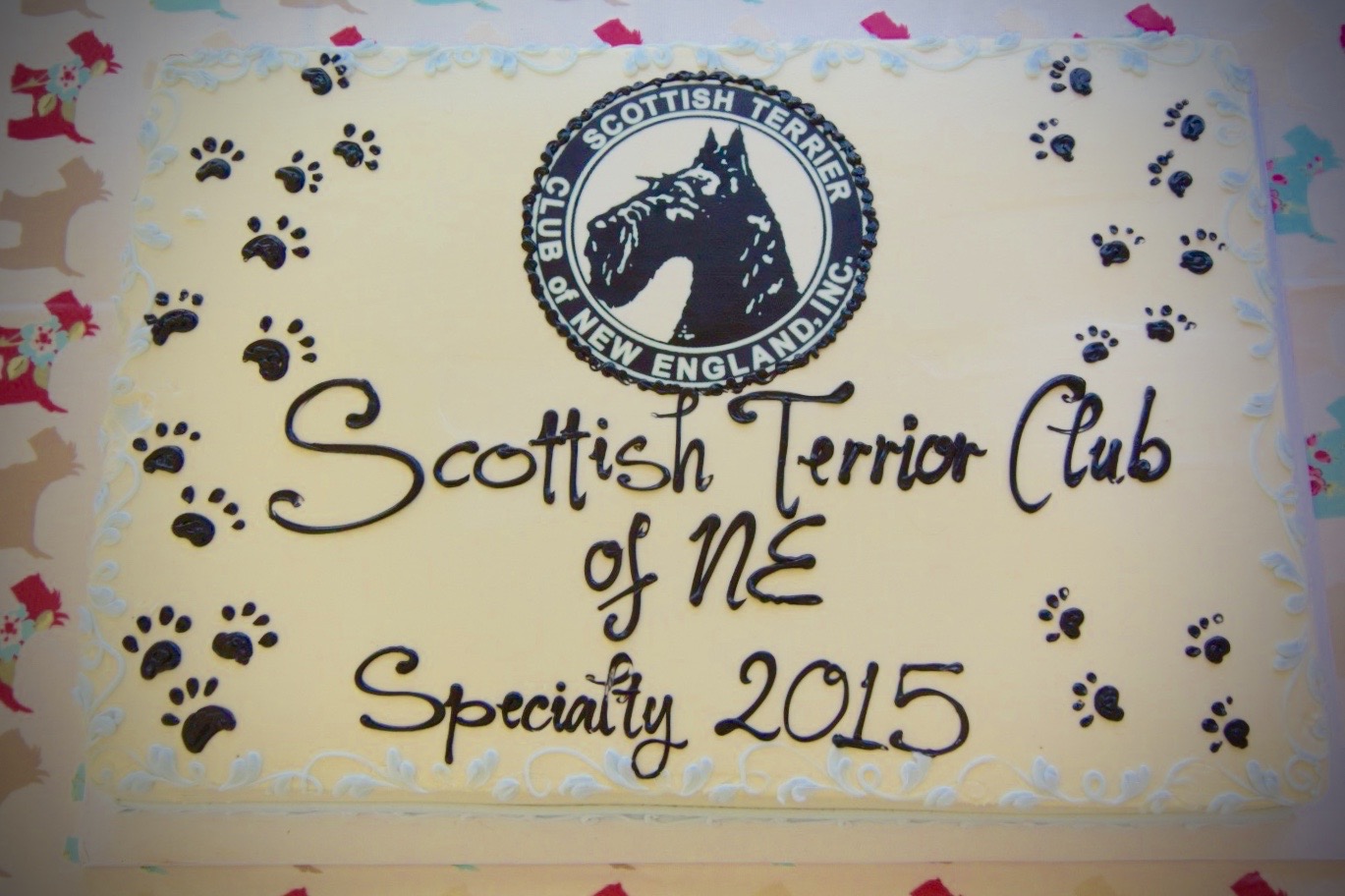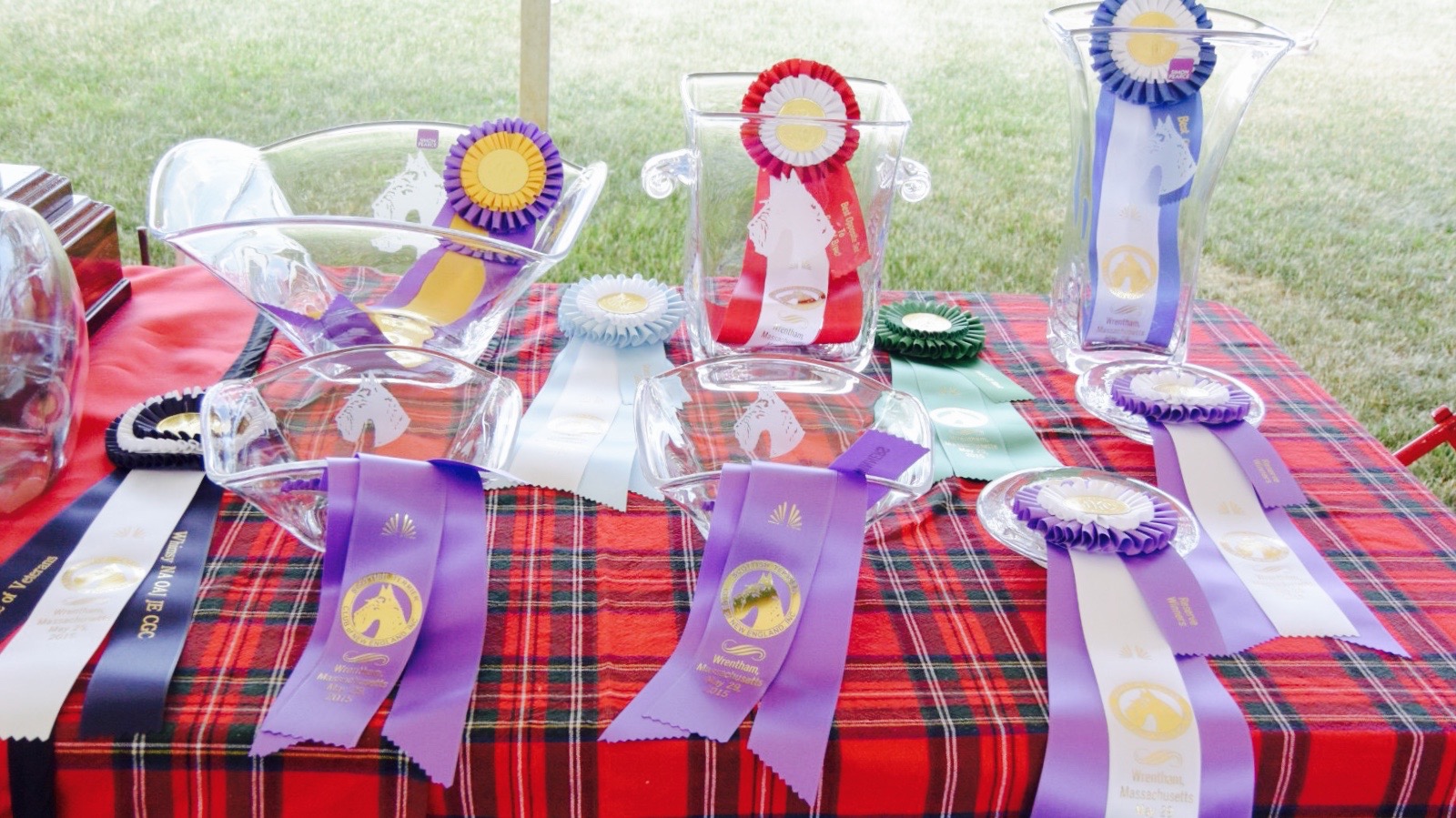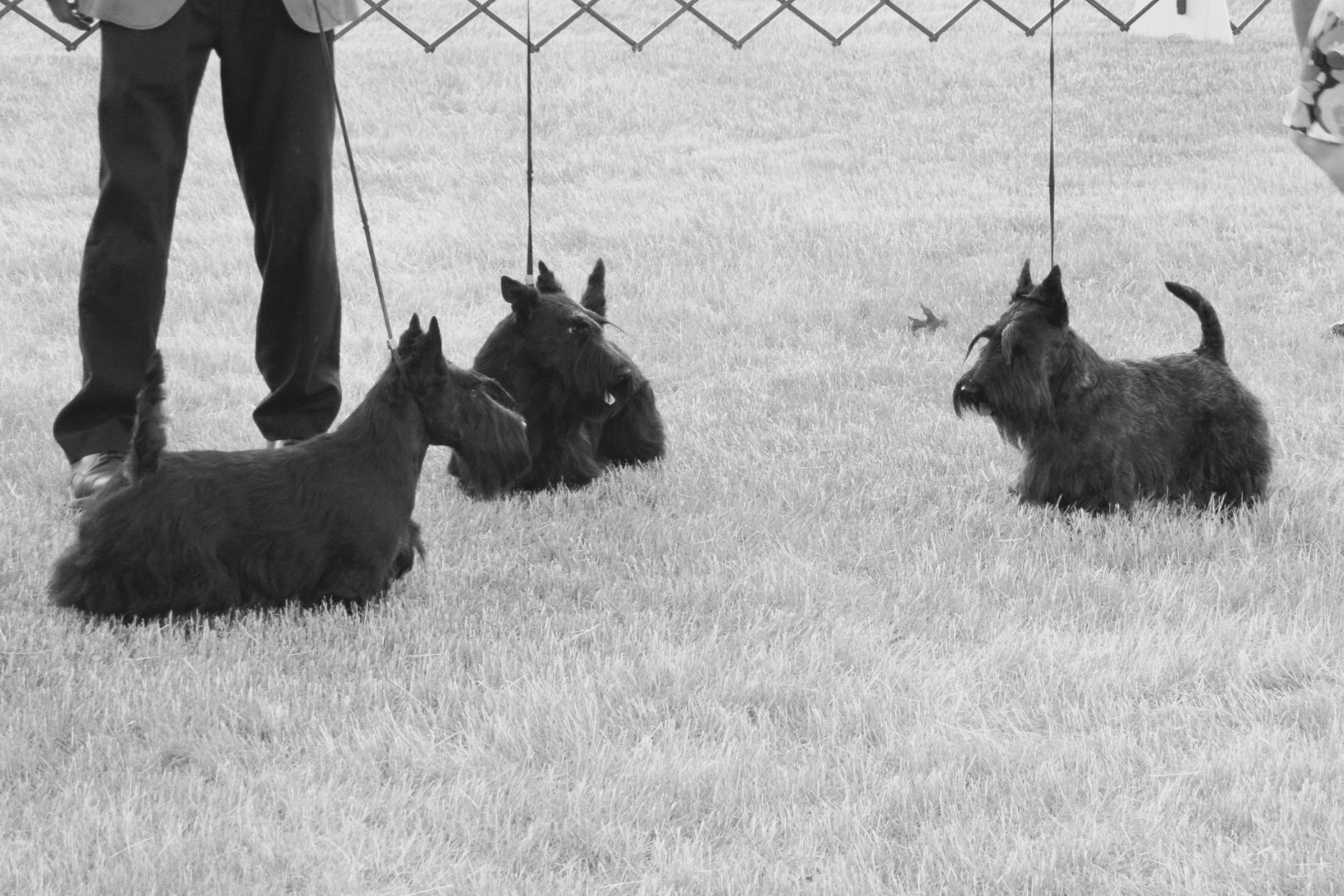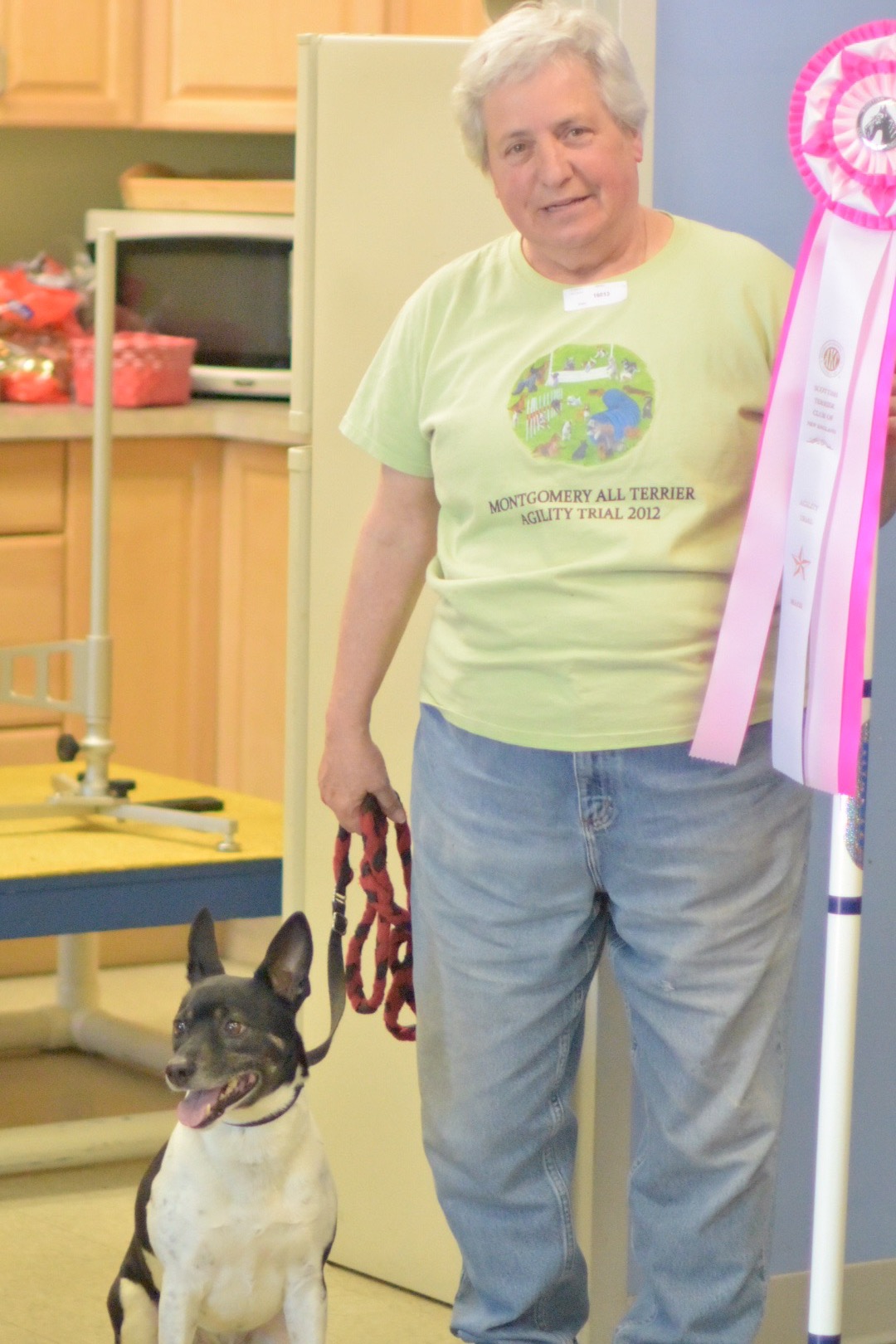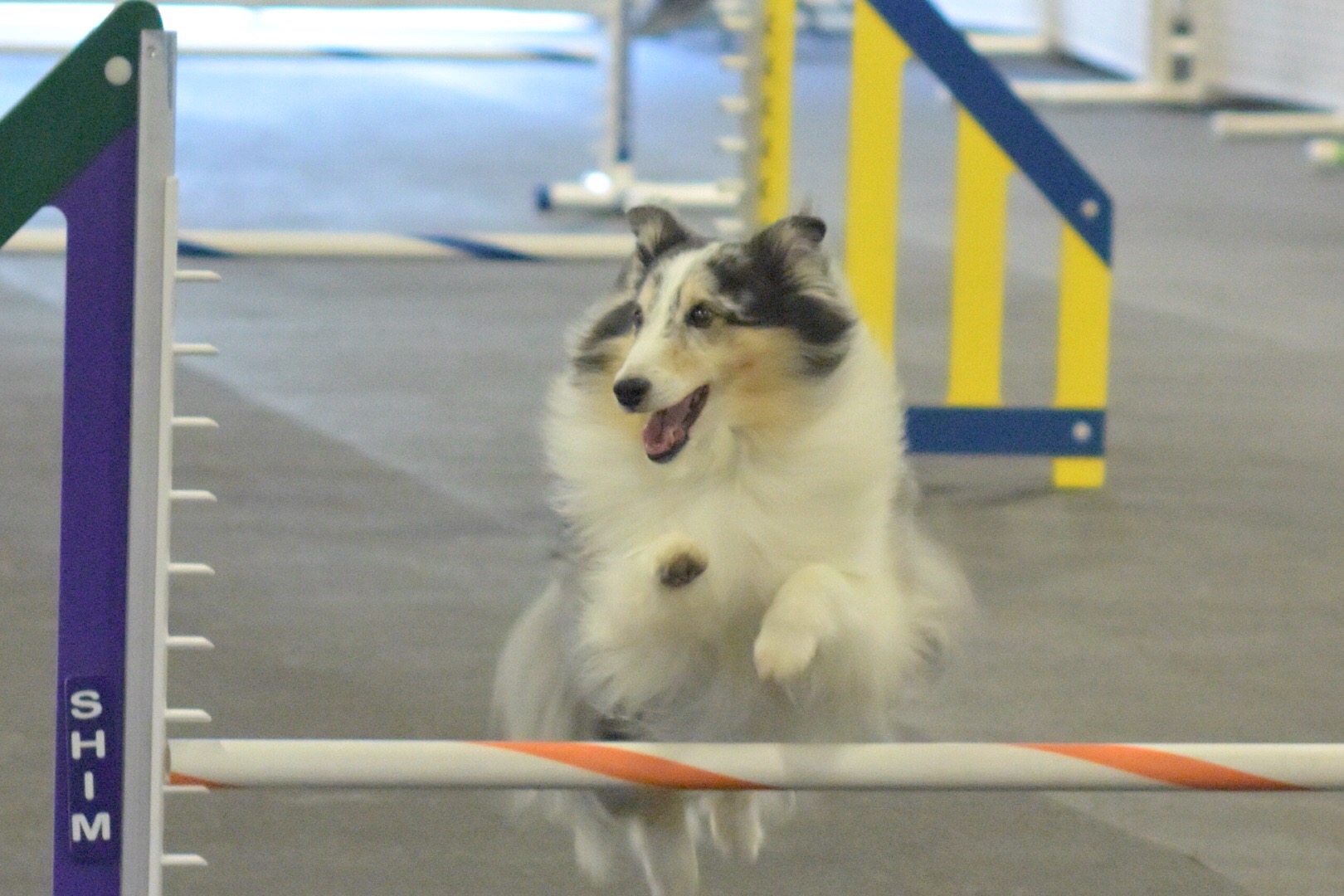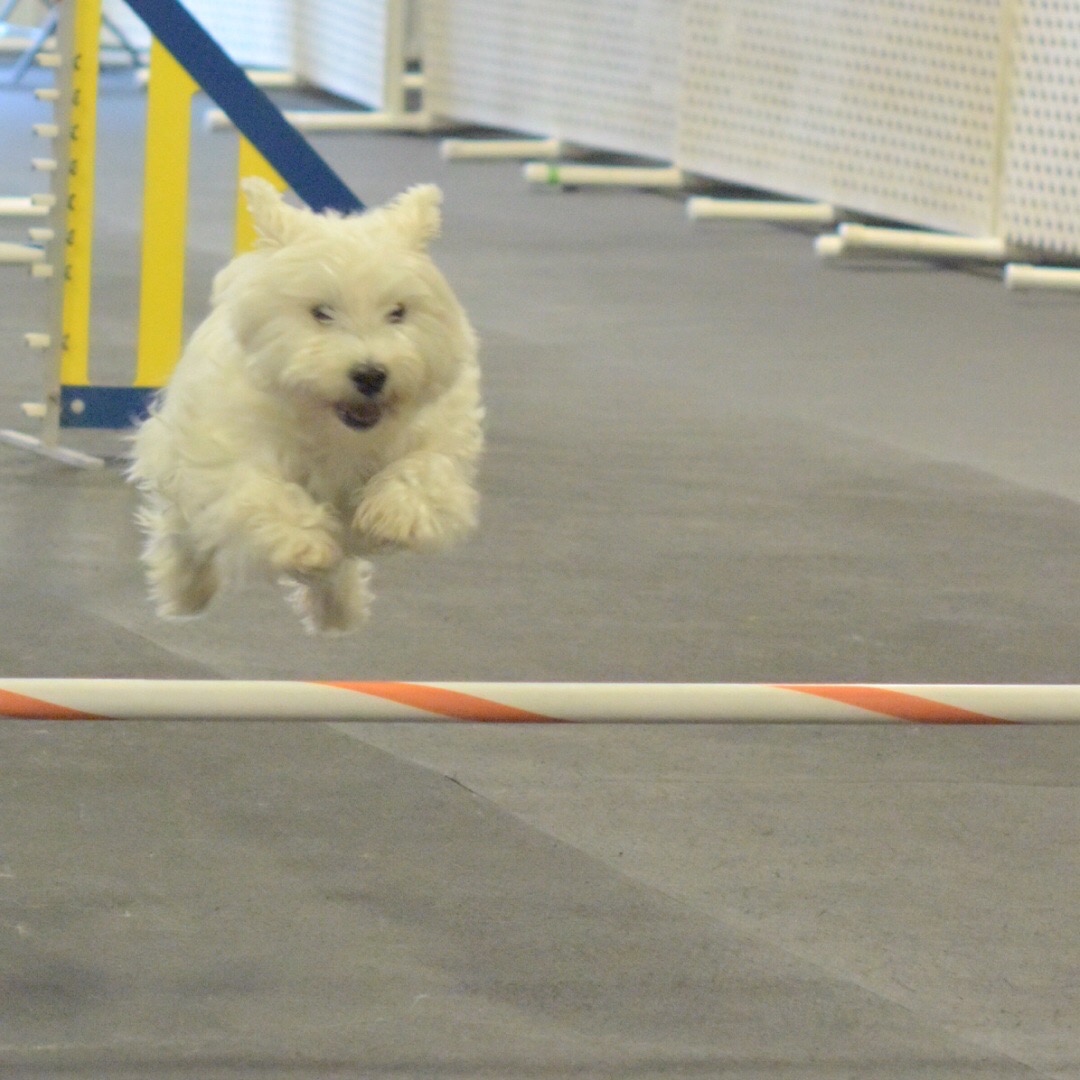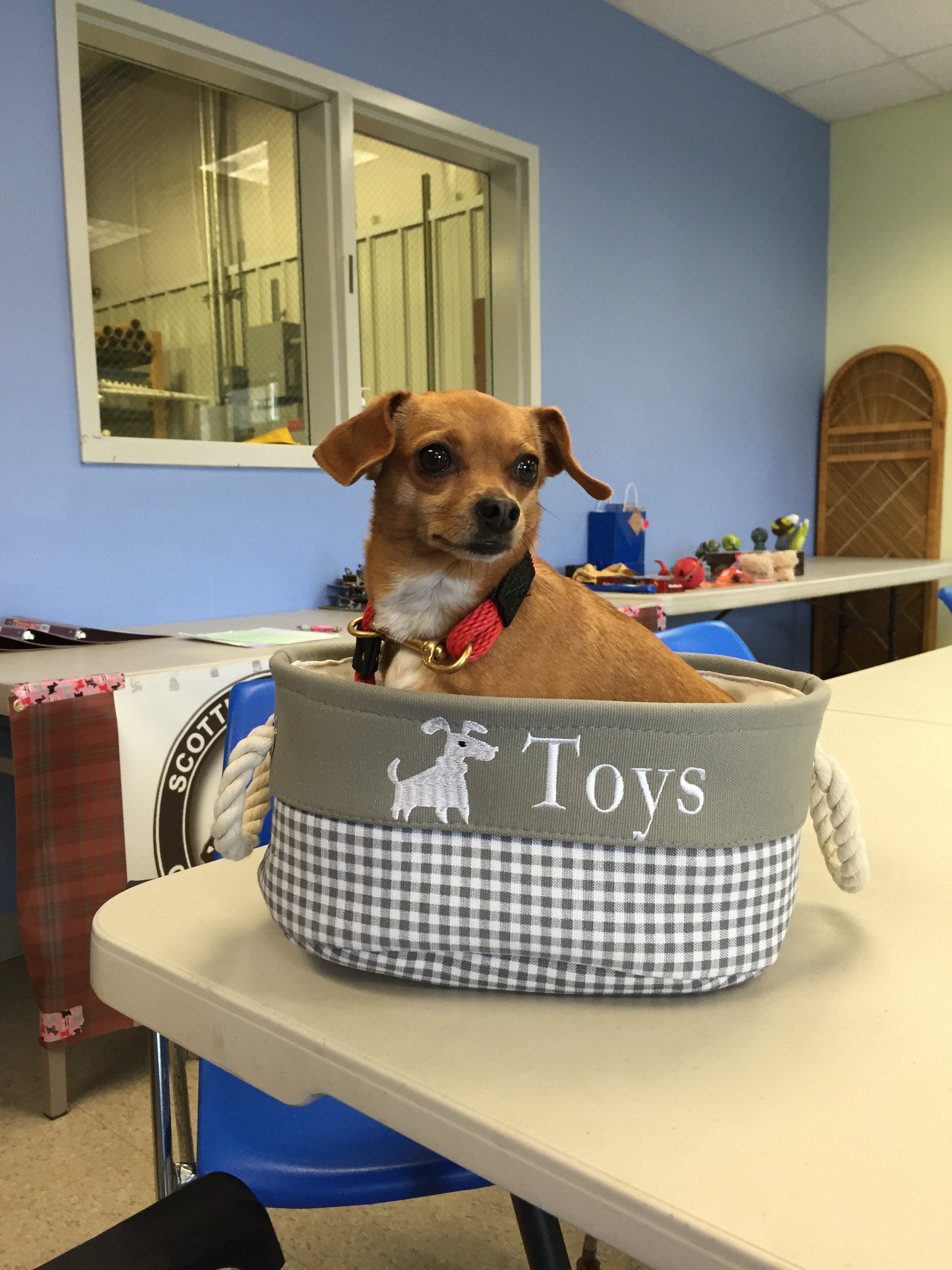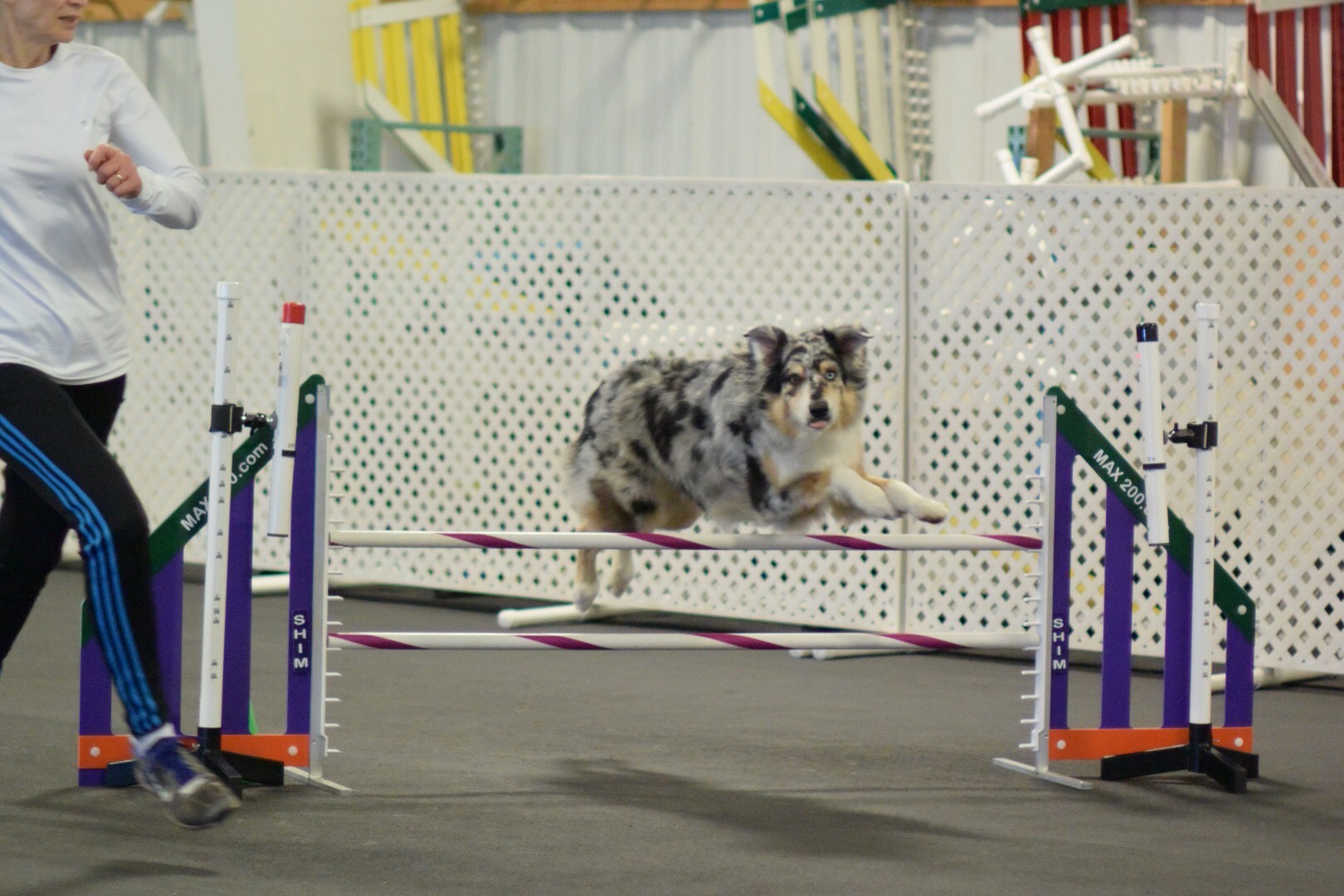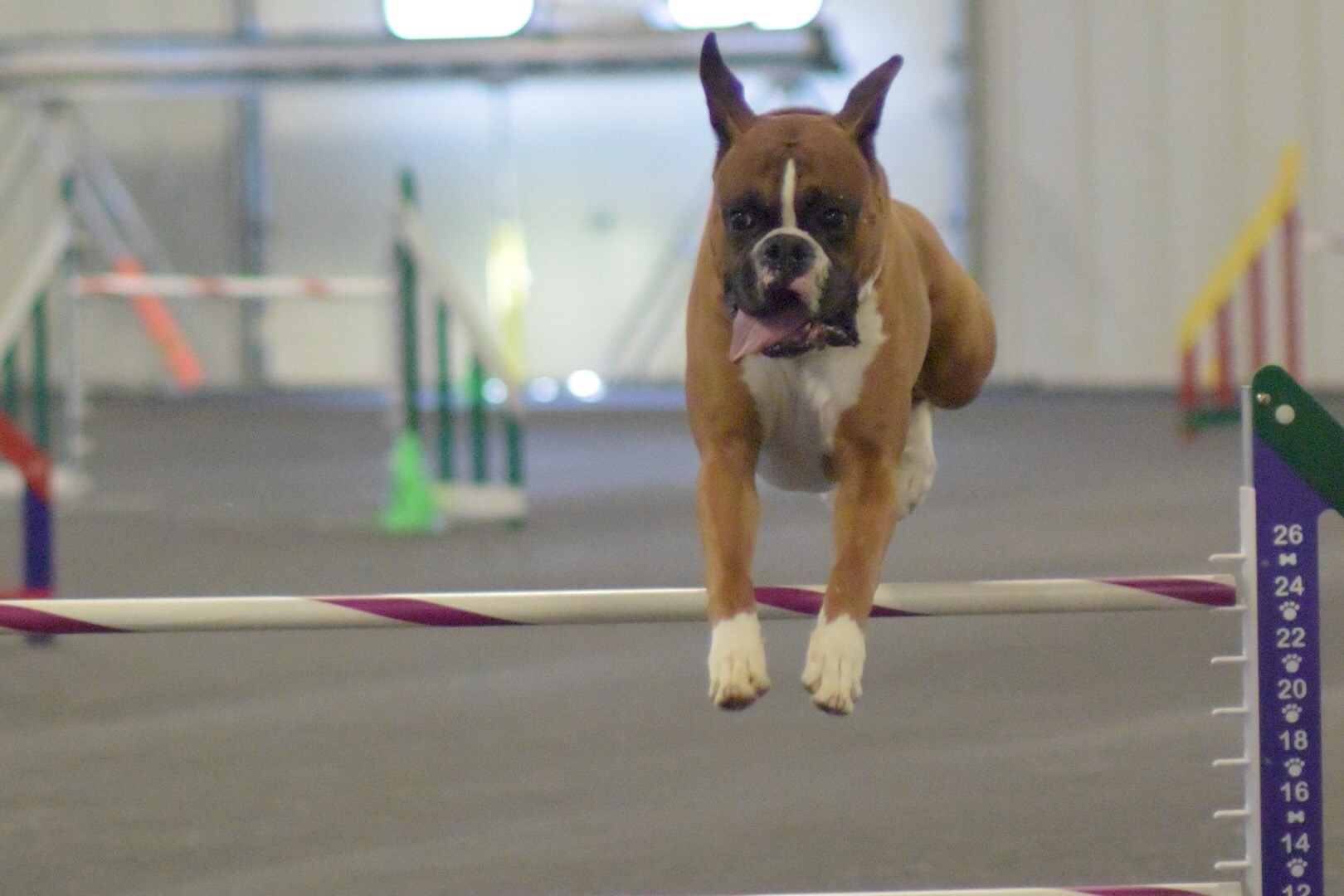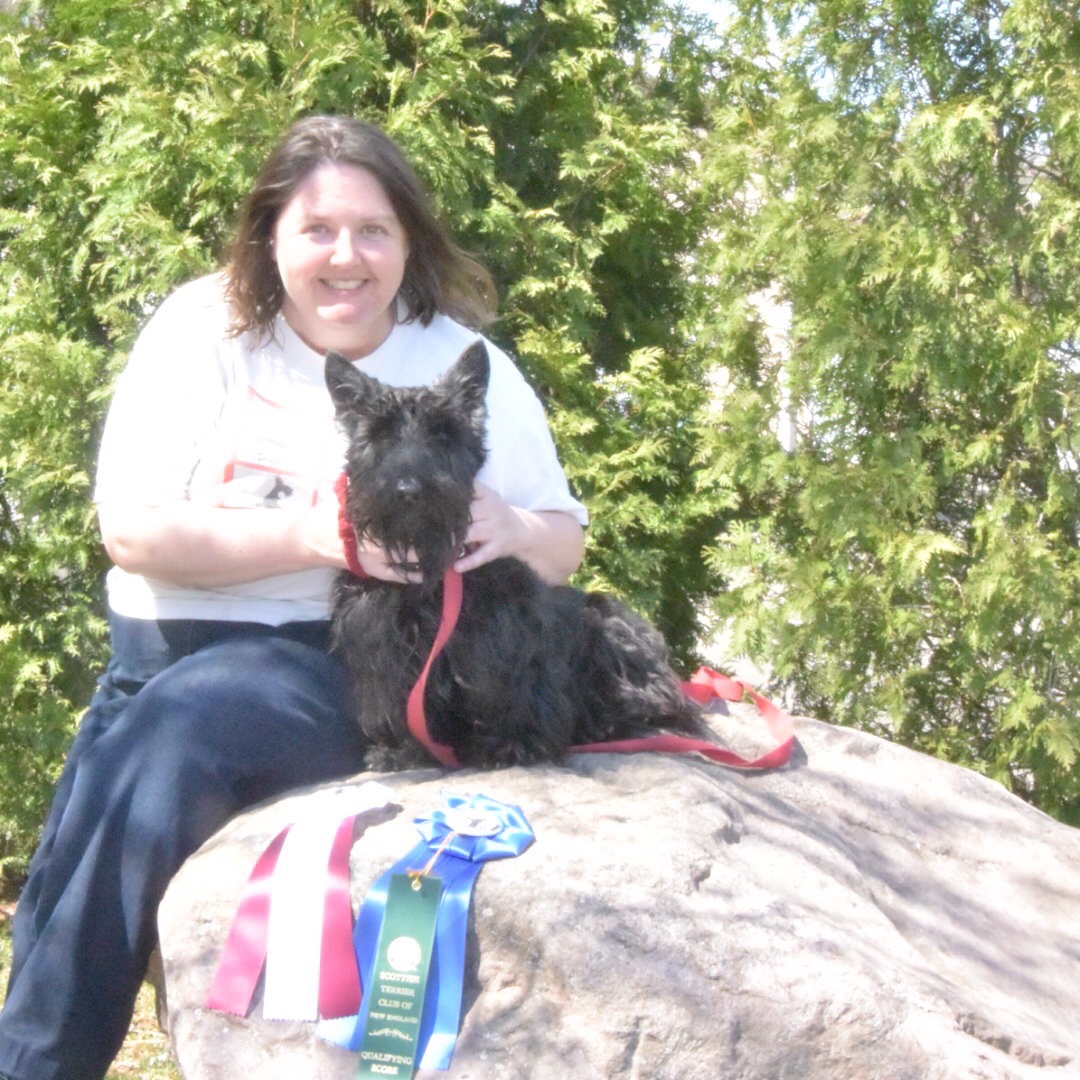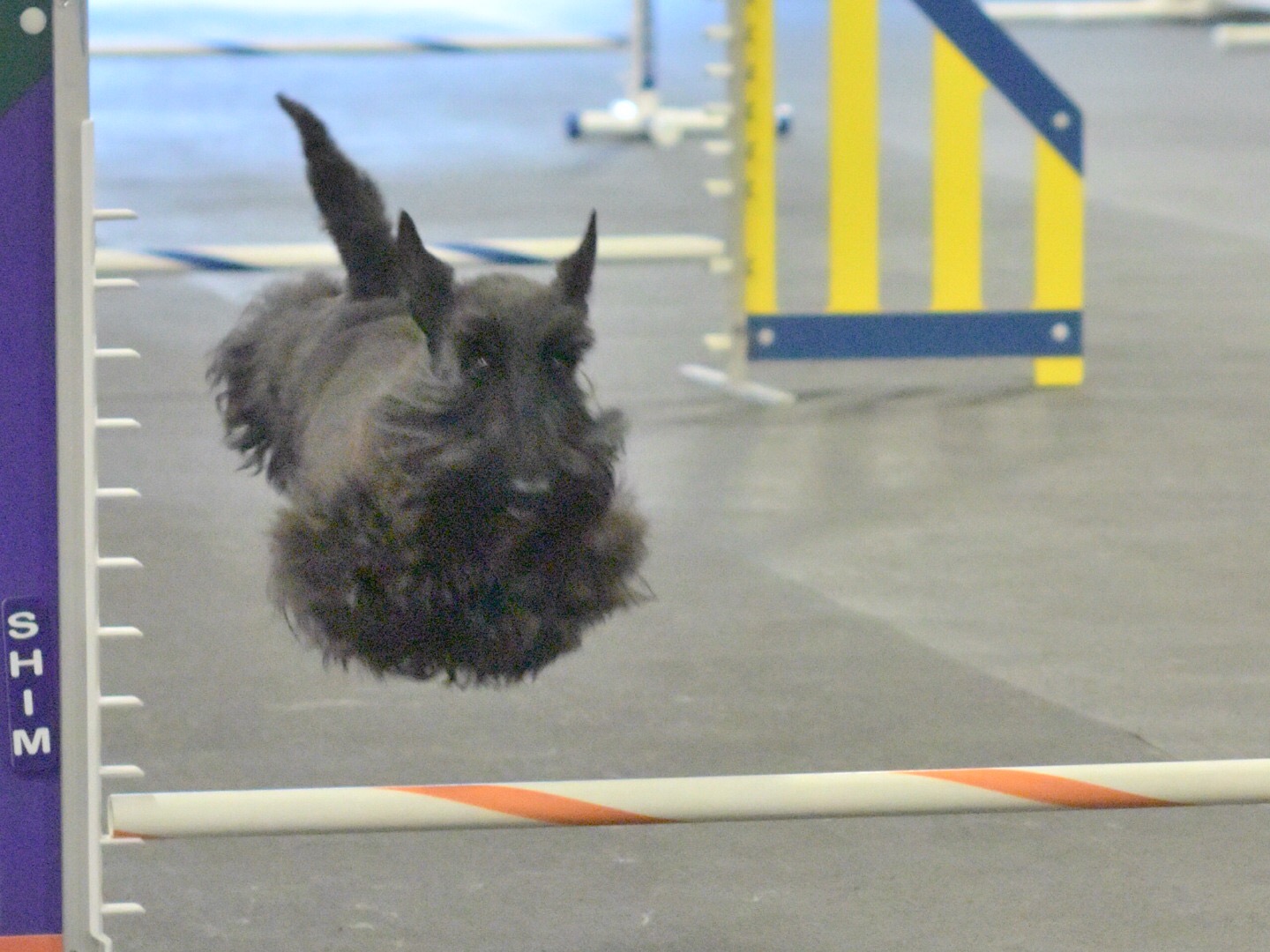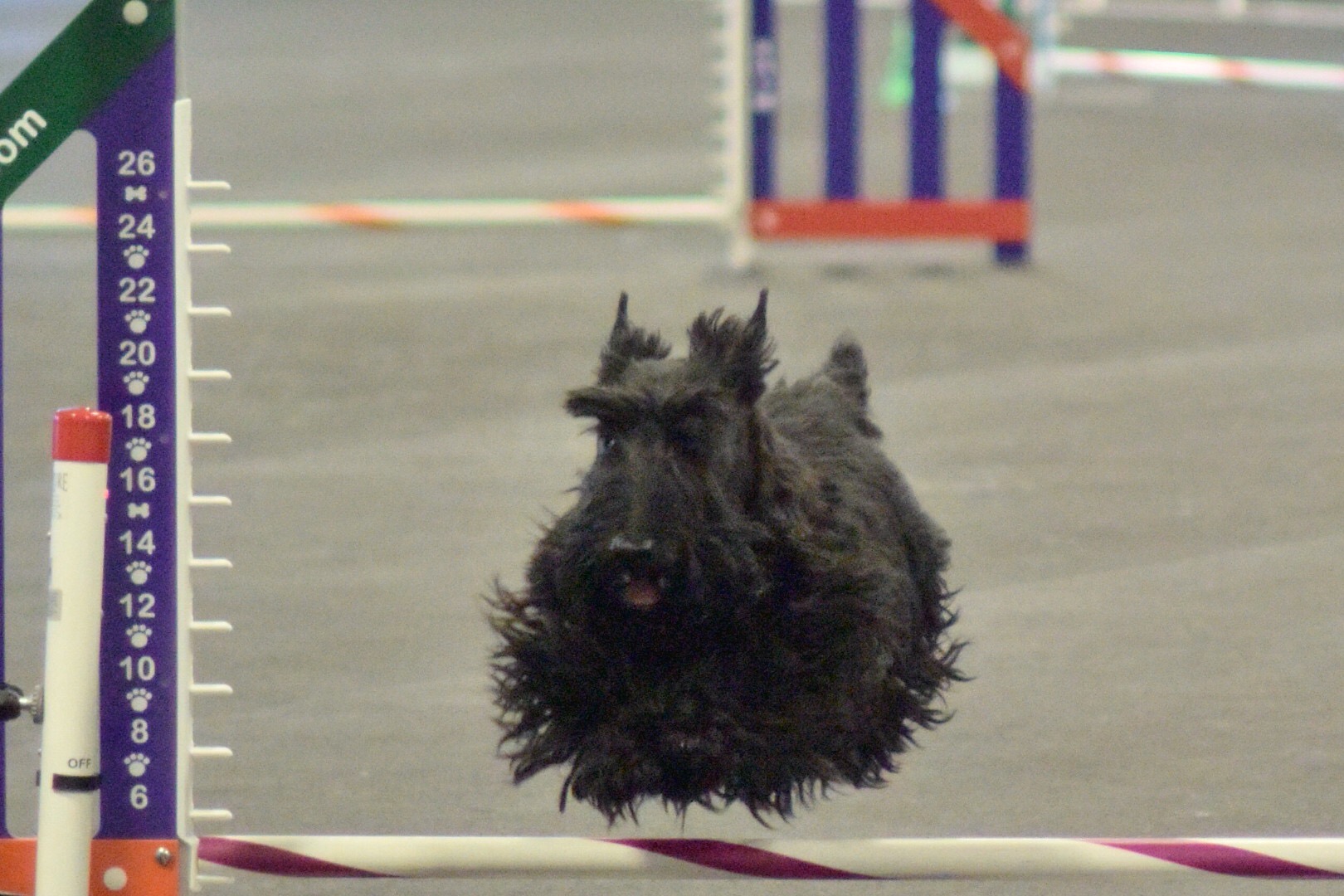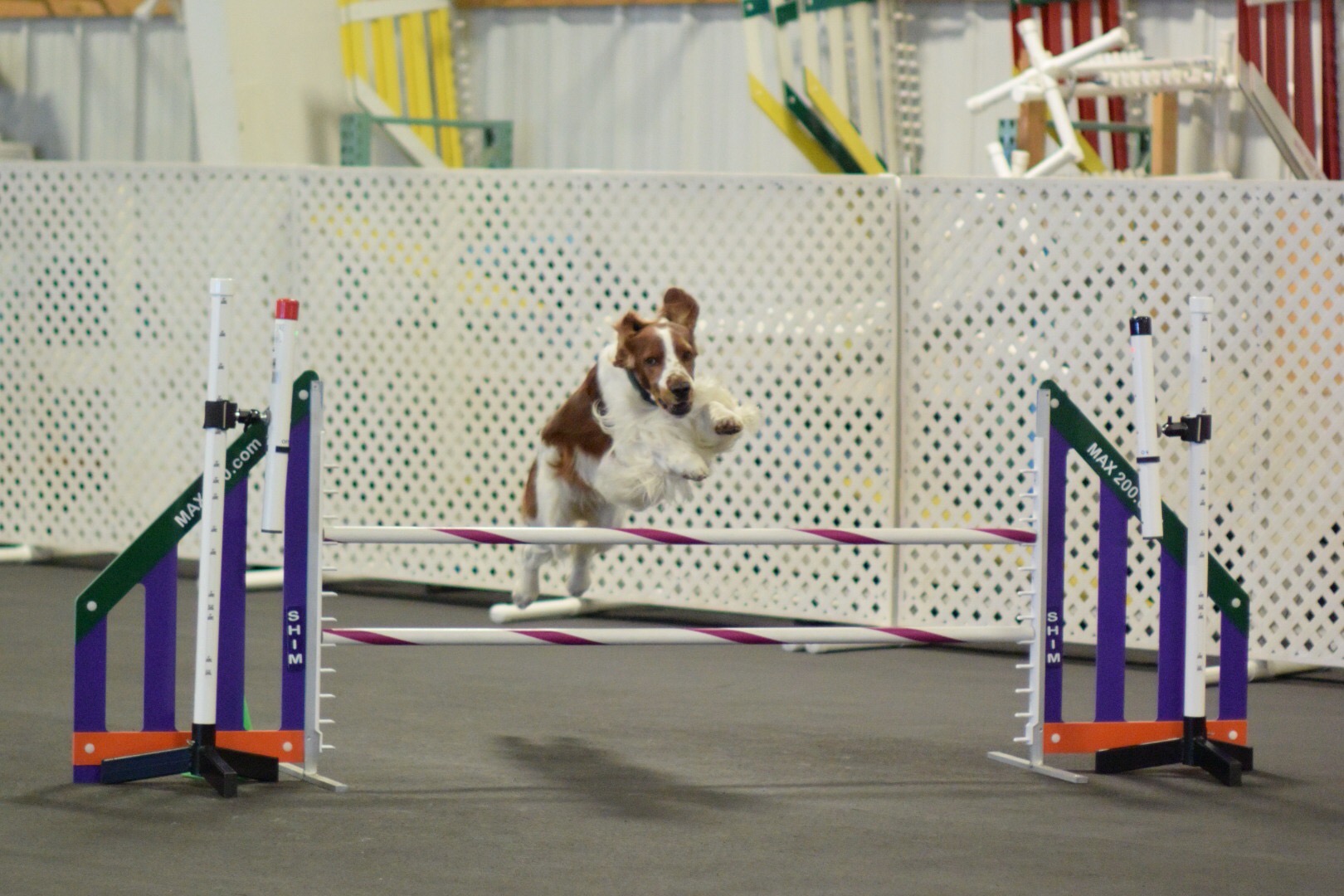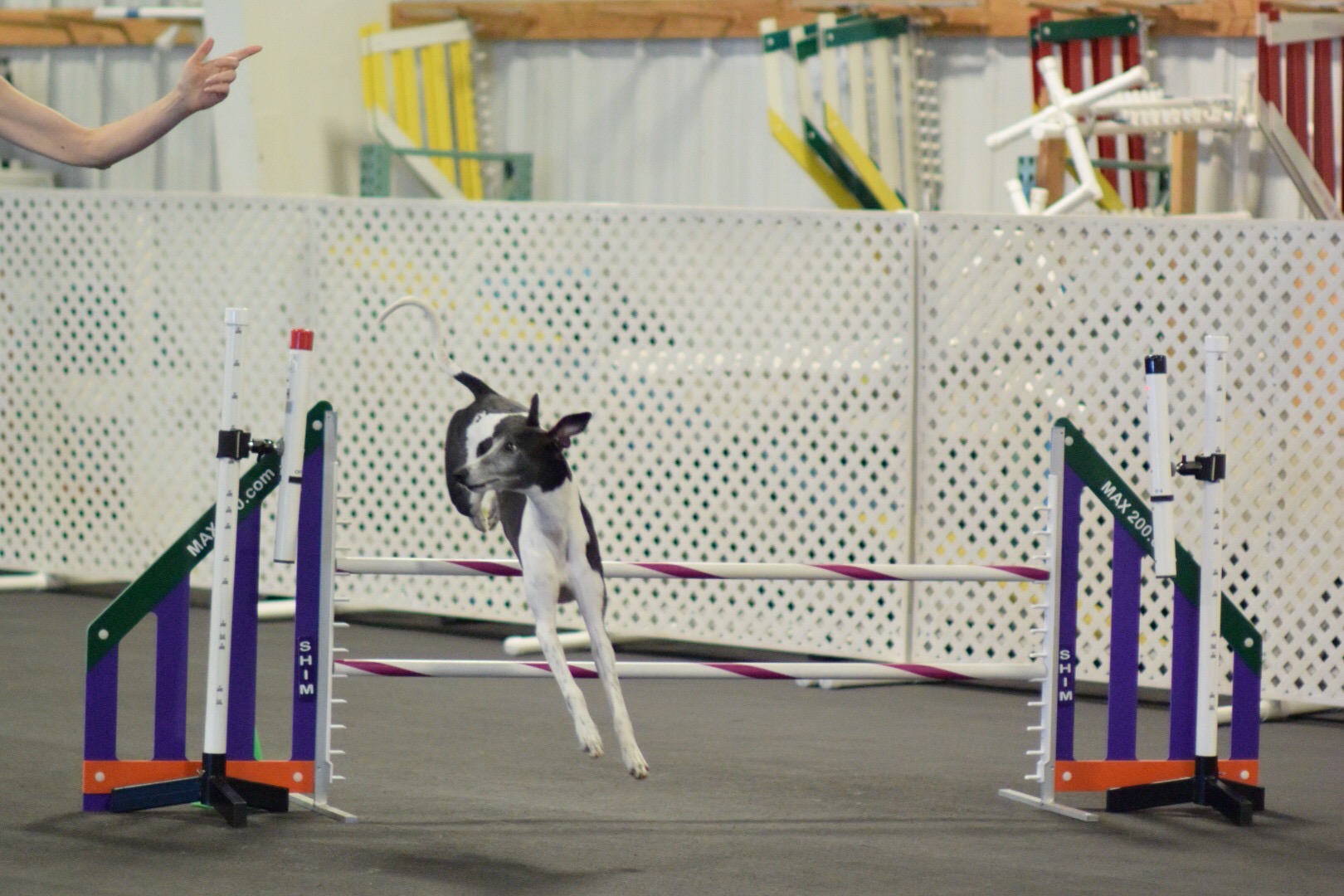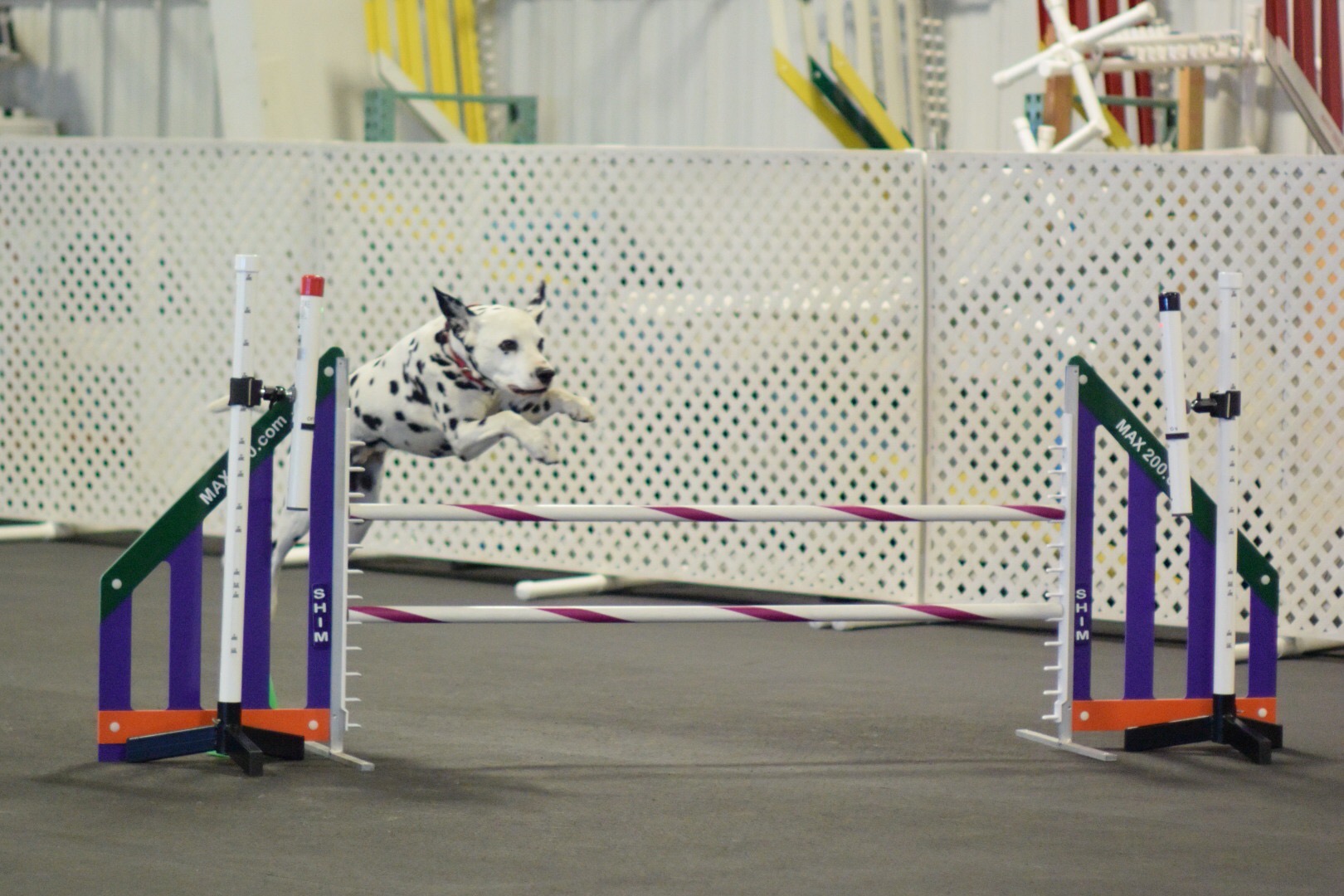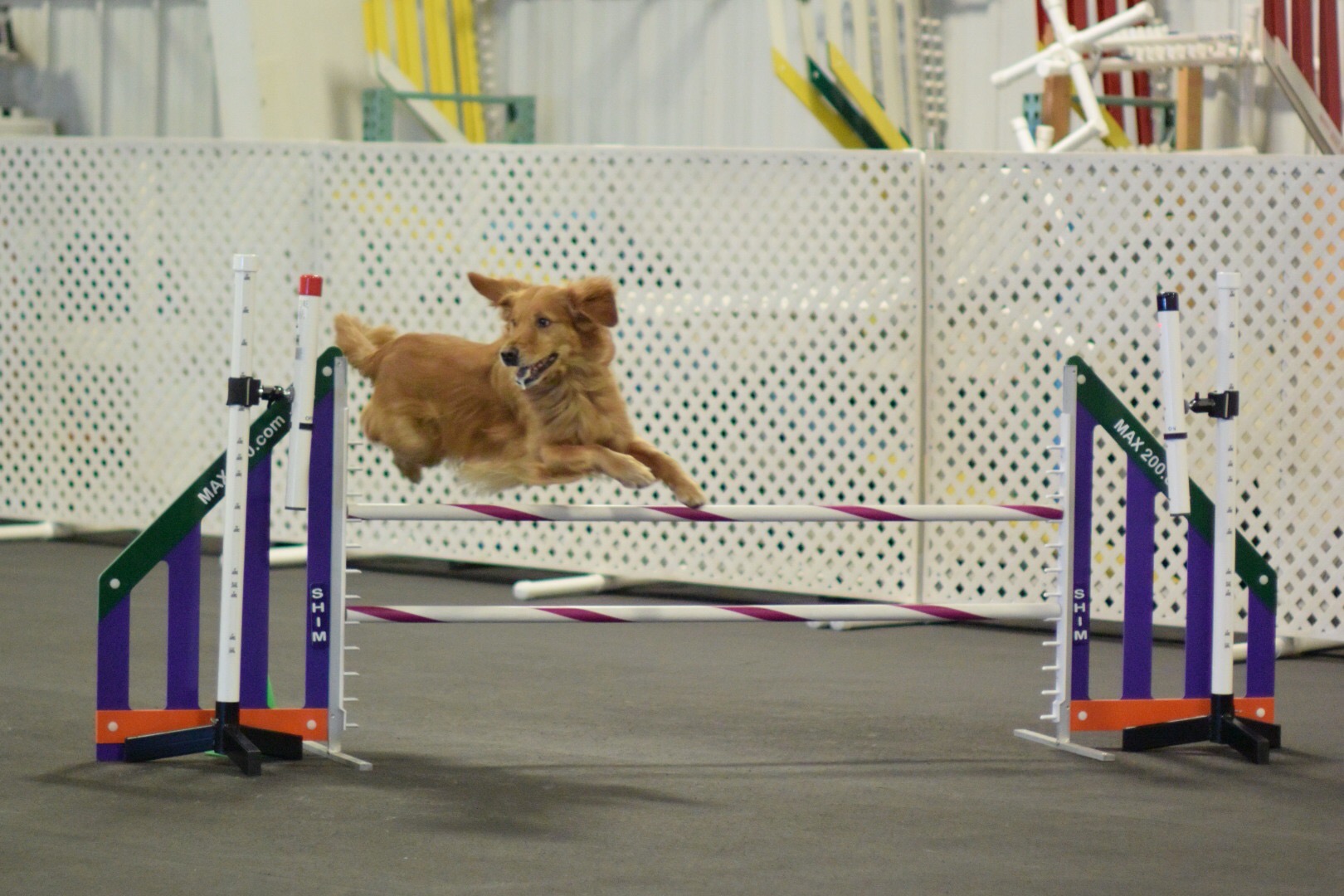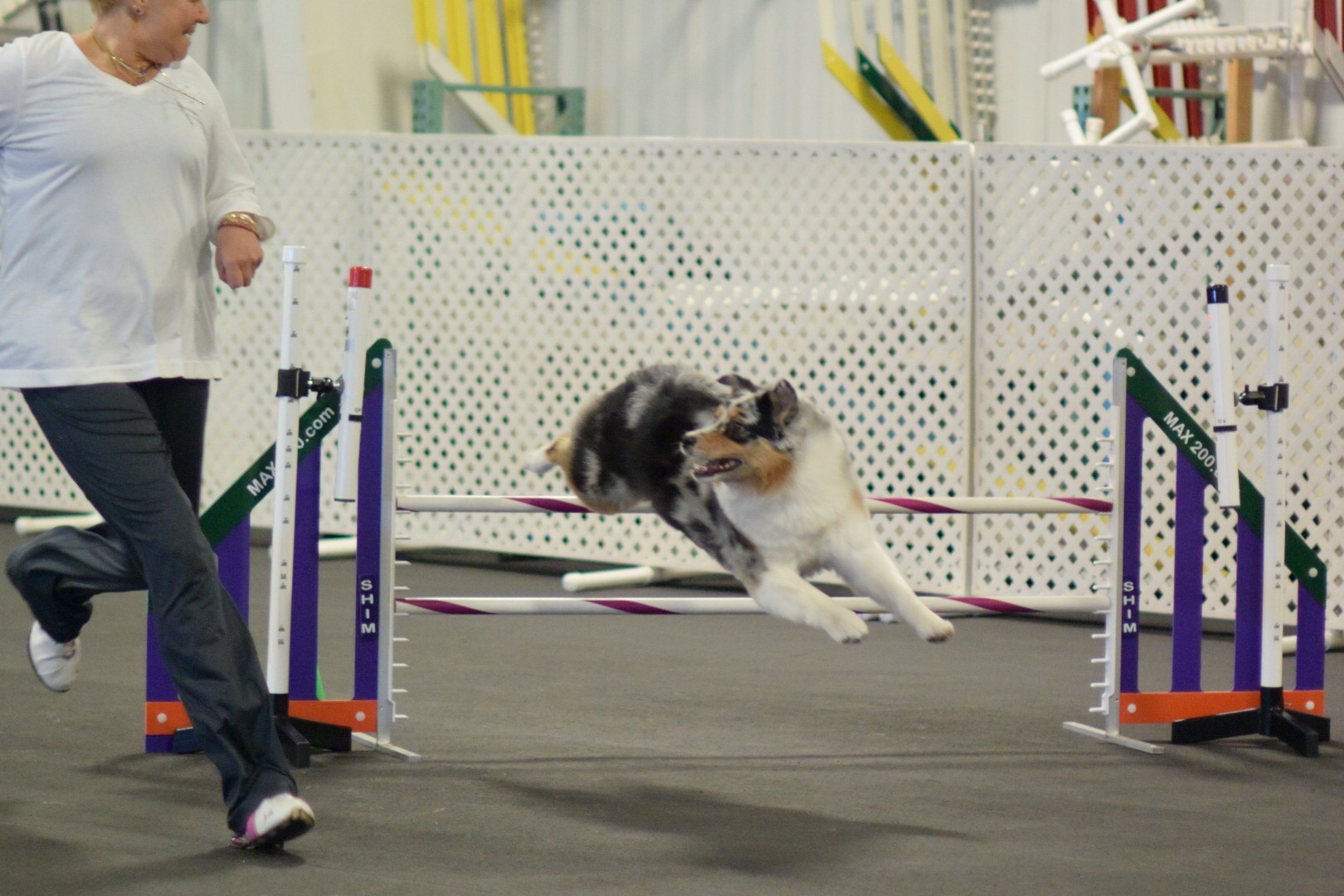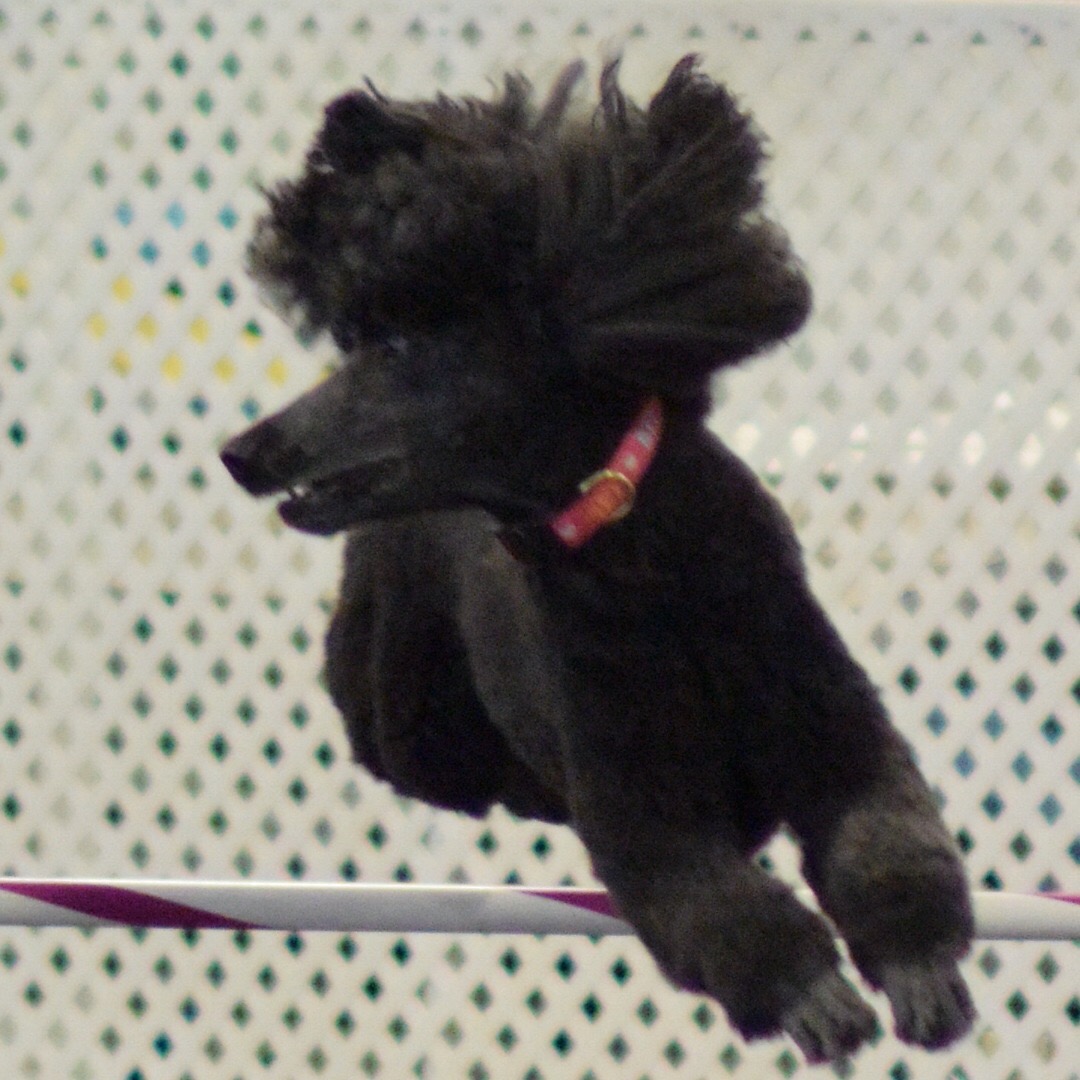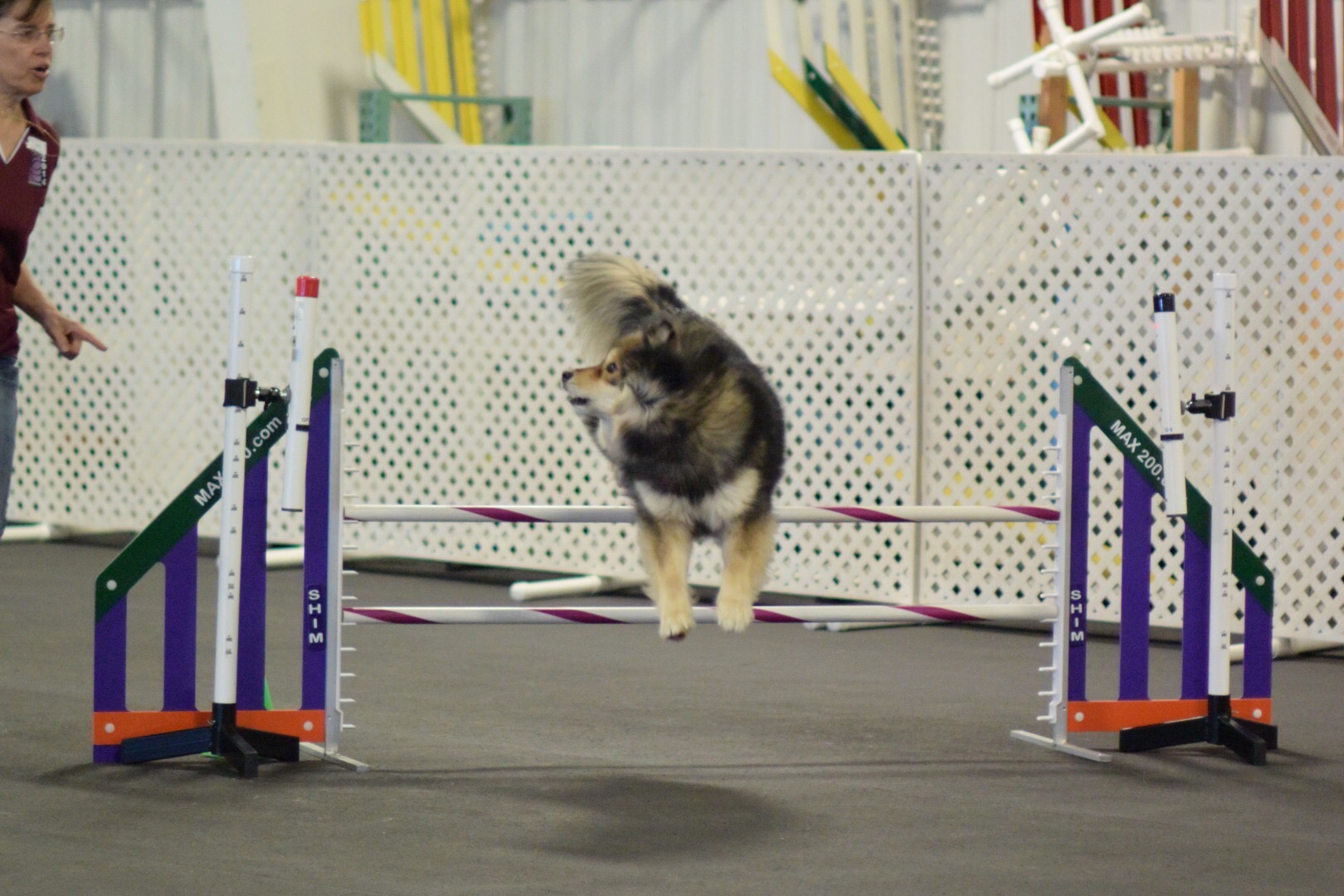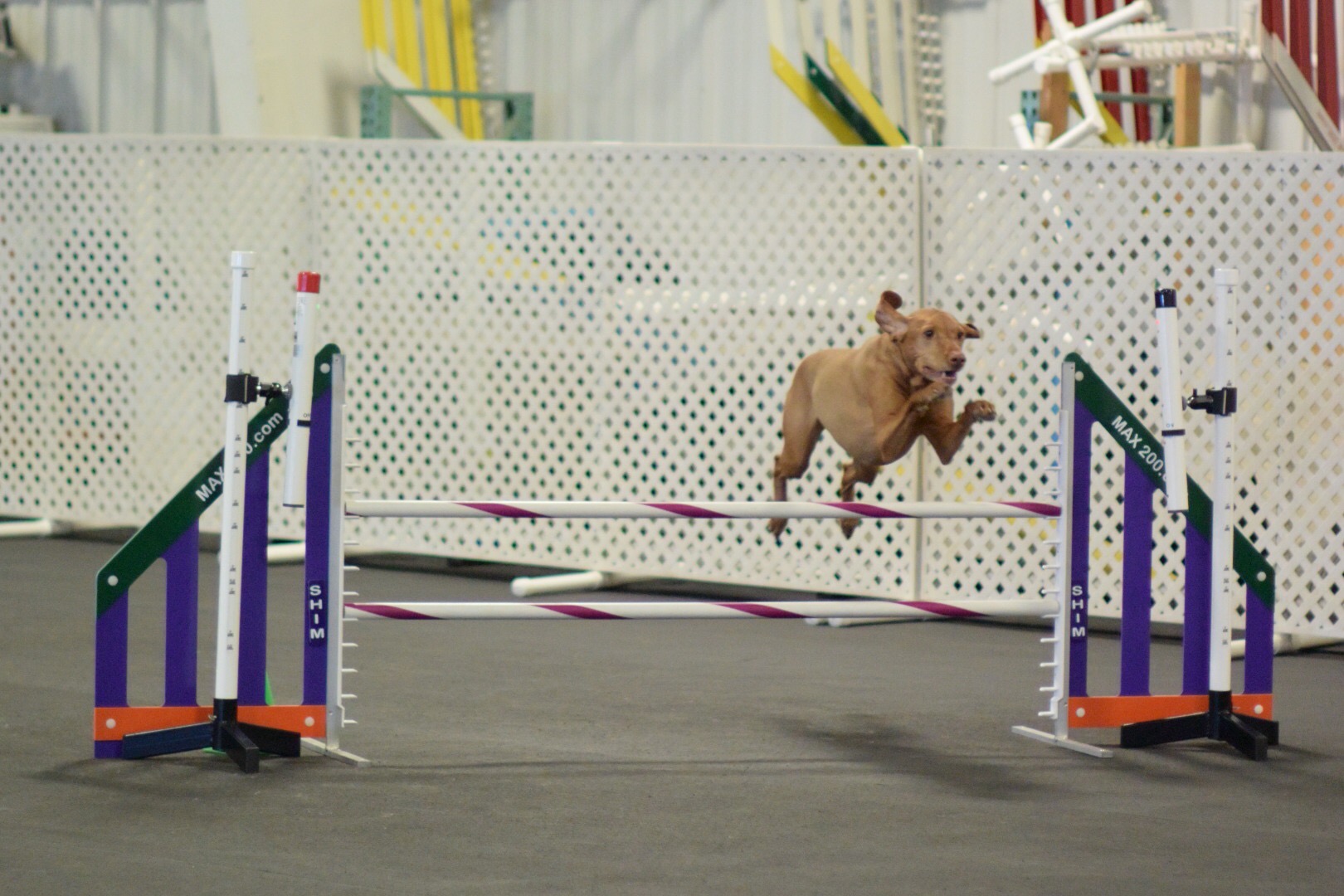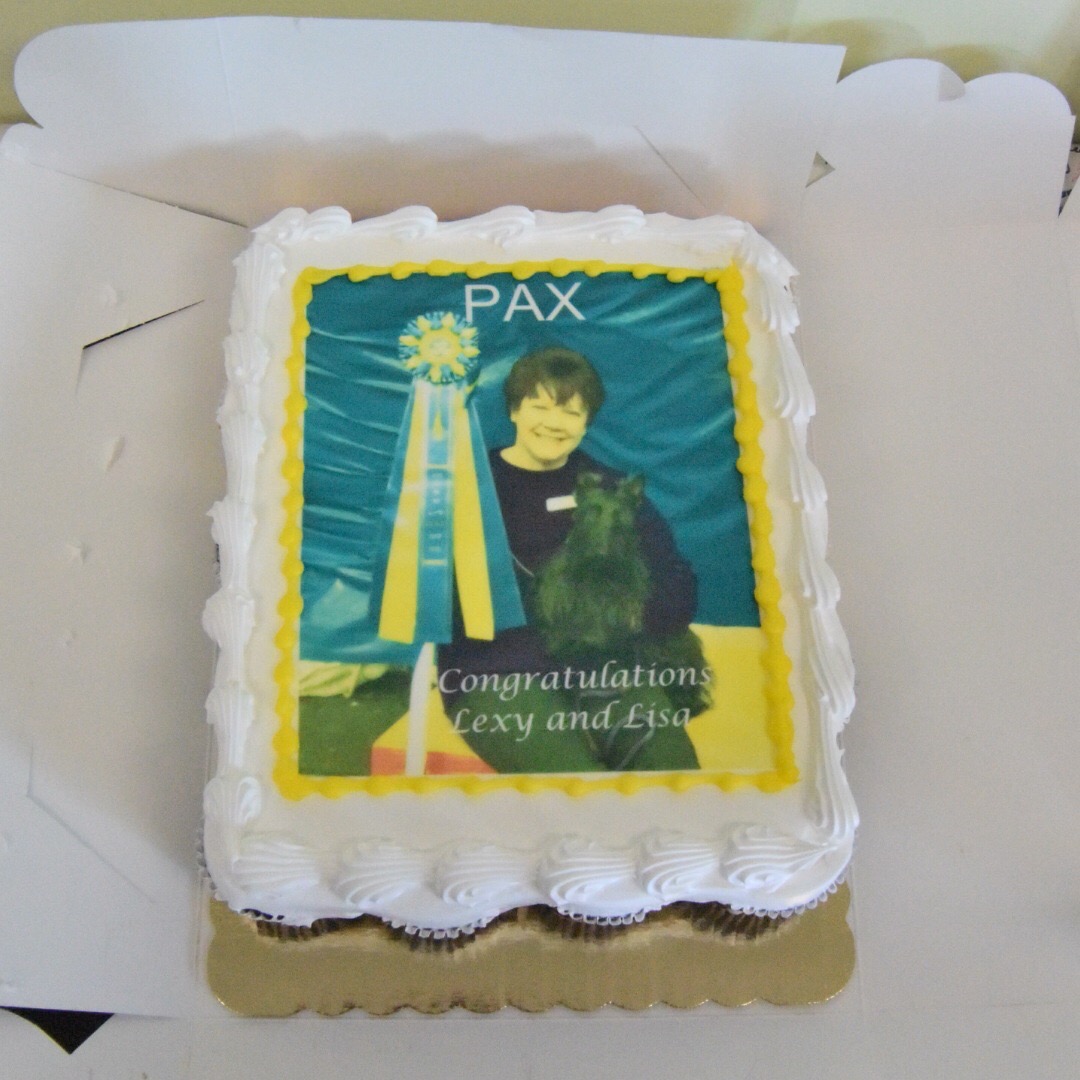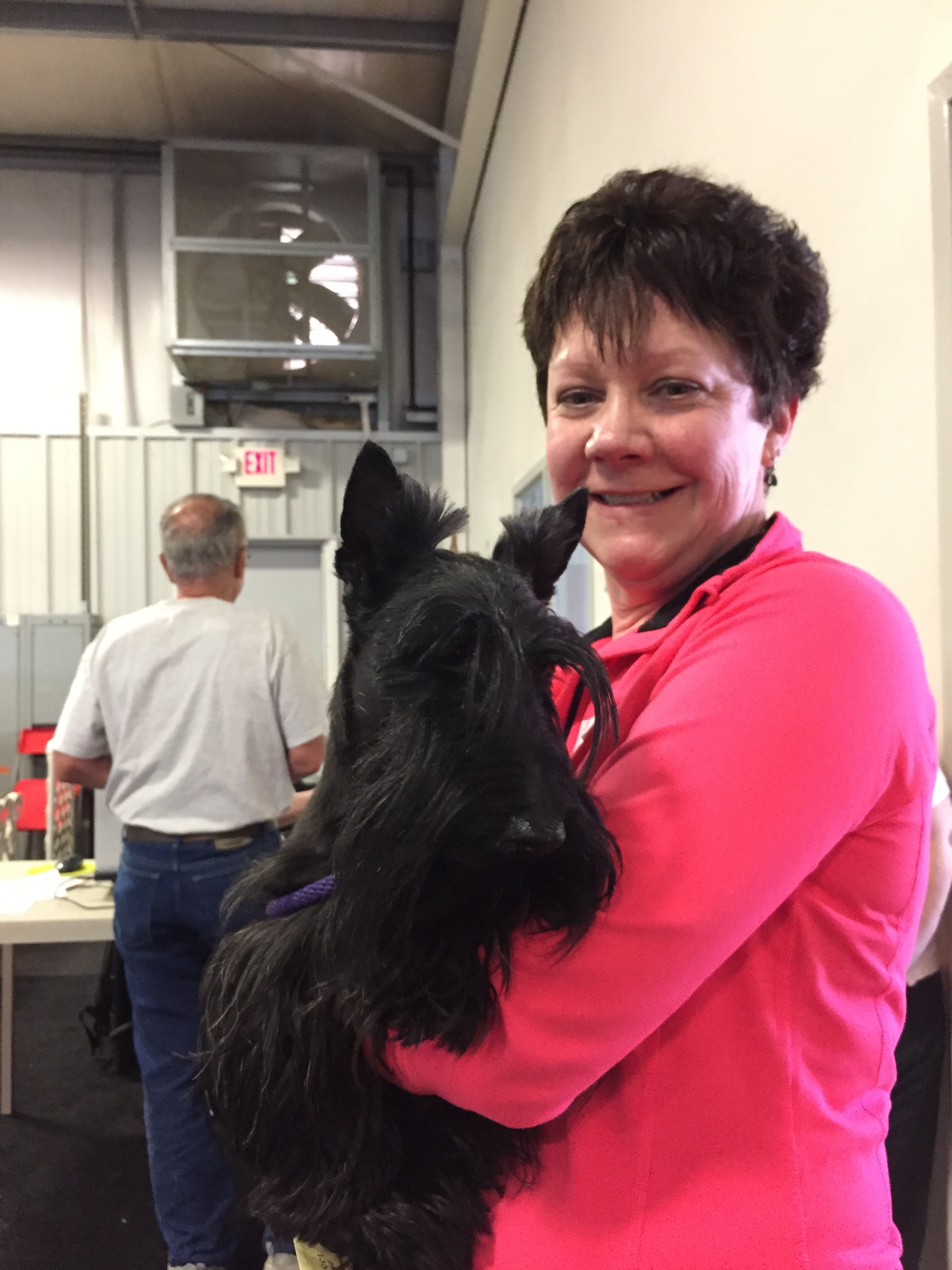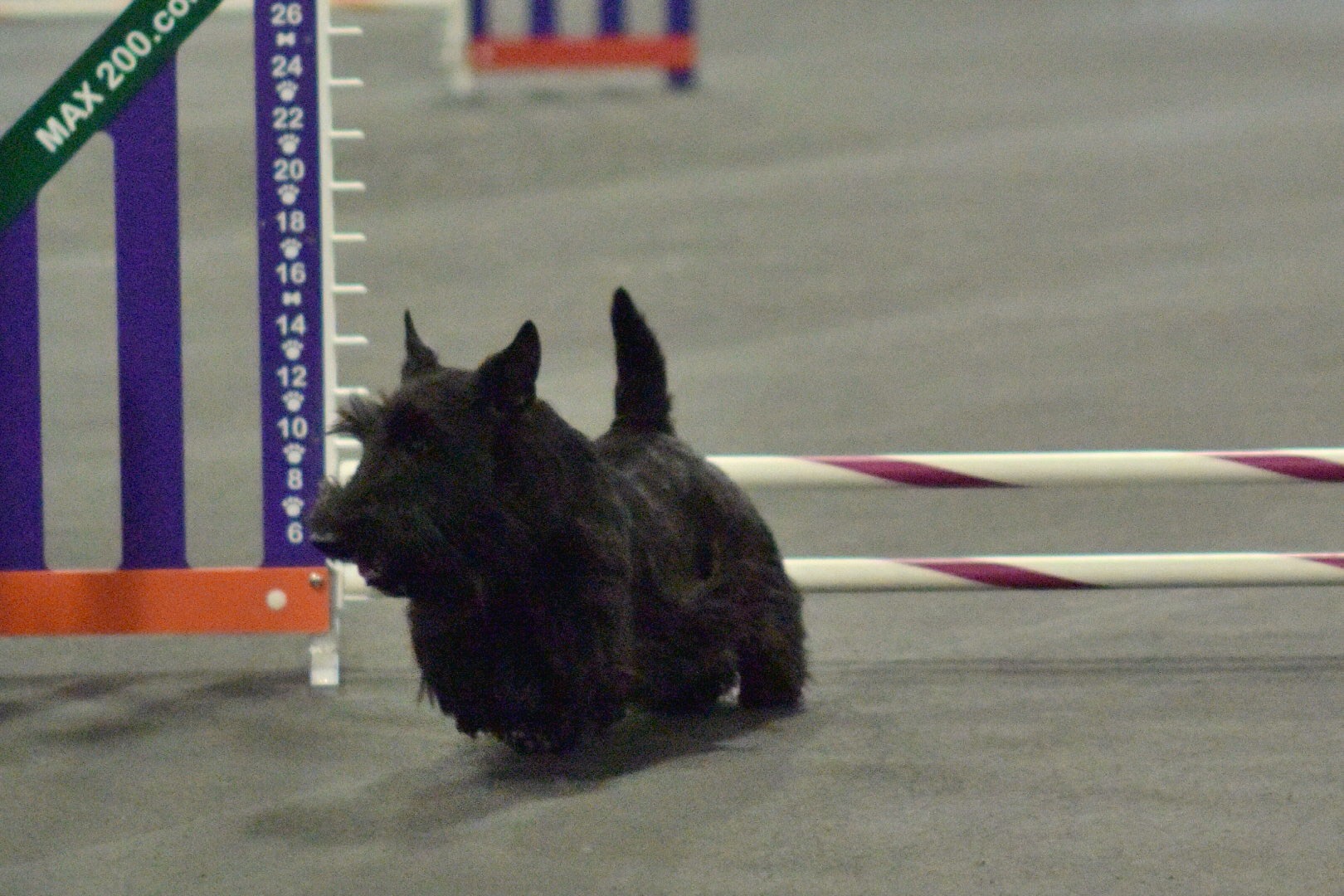
The mission of this Blog is to share
our activities,
provide facts about our breed,
and address
pertinent timely issues.
You may wish to volunteer or donate to our work.
Agility Trials August 22 &August 23 Gallery
Another successful Agility Trial. A special thanks to all who helped out at the Trials. We are encouraged by the participation and spirit of the event. We are especially indebted to Lisa Gomes who was the chair, participant and volunteer. Way to go Lisa. The pictures below show some of the excitement and winners.
Thank you Masanobu
On Saturday June 20th, 2015 we were afforded a wonderful concert in Camden Maine at the St. Thomas church. Mr Masanobu Ikemiya graciously donated his time and considerable talent for the benefit of Scottish Terrier Rescue. A reception followed where all who attended could mingle, and speak with Masanobu and his wife Tomoko
The program included classics of Liszt (Liebestraume) and Chopin (Prelude in D-Flat major, Etudes in E minor and E major and the "Heroic" Polonaise), and a stunning collection of Ragtime: Debussy, Lensberg, Arndt and Joplin, the latter two also arranged by Mr Ikemiya. He concluded with Gershwin, Rhapsody in Blue (1924). This early version discover by Mr. Ikemiya in his research is a robust Jazz version suited well to his enthusiastic and accomplished style. If you goggle his name you will find facts of his biography, discography, and current activities in Maine. You can find a performance of Rhapsody in Blue on You Tube. The energy and mastery he demonstrated will be remembered by all.
The Scottish Terrier Club of New England wishes to again thank you for your generous gift for Scottish Terrier Rescue.
Our 74th Sweepstakes and Specialty
There was a hush, then the decision. Congratulations to all participants
The Scottish Terrier And Obedience
First of Three Parts
The Scottish Terrier and Obedience – Part 1 - Consider Obedience
By Ray Rinaldi
The many breeds of dog existing today are the result of breeders’ efforts to combine function and form. In the past, function was all important. A dog that did not earn its keep was not kept. Our Scottish terriers were bred with short legs, punishing jaws, good noses, and double coats for their role in going to ground after prey. Personality also was bred for in regard to function. Independence, courage, tenacity was needed by dogs in the field. Today’s breeders still strive to maintain that functionality combined with elegance of form. It is the essence of our breed. It is what attracted us to them in the first place, and keeps us loving the breed through the years. We would not want them to be any other way.
For many of us today, however, the main function of our Scotty is not as hunter but as companion. We acquired our dogs to be company, entertainment, and diversion, something to care for and be cared by in return. We spend time with our dogs. We interact with them. Often, that interaction is more passive in nature than active. They sit by our sides while we go about our business. We watch them chew on their toys or bark at squirrels in the backyard. Some interactions are more active. We feed them. We brush them. We may take them for a nice run in the woods, or a walk on the leash in the park. It is very enjoyable for you and the dog certainly. You may not really be looking for anything more, but think about it, How connected are you? Your Scottie is intent on sniffing the ground (The best sniffs always seem to be just beyond the end of the leash.). His independent nature makes him pull you in the direction he deems to go in. You are connected by the leash, but sometimes he seems hardly aware that the drag at the other end is you. Have you ever thought about doing something that was a much more active, involved interaction with your dog? One where you actively engage him mentally and physically? One where he engages you mentally and physically? One where you do more than just co-exist but bond? One where you actually engage your dog as a partner, as a team member? One where you give your dog a purpose and function to perform for you and with you? Consider Obedience.
Scottish Terrier Obedience- Part 2 - A Place for All
Ray Rinaldi
One of the strongest recommendations for considering obedience as an activity for you and your Scottie is that it truly offers something for everyone. From local classes to national competition, there is a place in obedience for every dog and every owner.
Obedience has multiple levels and venues. You can be as casual or as involved as you and your Scottie have interest and aptitude. For the new puppy, there is Puppy Kindergarten. For the pet owner, there are Family Dog Training Classes or Canine Good Citizen (CGC) Courses. For those who “get bitten by the obedience bug” and want to get involved at a higher level, there are more advanced Obedience Classes.
Obedience is open to dogs of any age. No dog is too young. Puppy Kindergarten is a fun and wonderful way to introduce your Scottie to a lifetime of learning. No dog is too old. A dog of any age can learn new things and enjoy your attention. I did not start obedience with my first Scottie until he was 2 years old. We were both totally inexperienced when we started but we learned together and were able to go on to advanced levels. And many dogs start much older than that.
Obedience is open to dogs of any background. Formal Obedience shows (called Trials), even at the most advanced competition levels, are open to pet Scotties. Unlike Conformation showing, it does not matter if your dog has been spayed or neutered. It does not matter if your Scottie is a Rescue of unknown background. It does not matter if your dog is “pet quality” or a Champion. In Obedience, all dogs are considered equal. Pedigree does not count. Competition Obedience is a sport of intelligence and teamwork, not beauty and breeding, so all dogs enter the ring on an equal standing. Part Scottie “mixed” breed dogs can become the shining stars of their training class. In the last few years, even the American Kennel Club, the standard bearer for the promotion of the purebred dog, has become more open to allowing mixed breed dogs in Obedience Trials. True, a handicapped dog (deaf, blind, lame) is not allowed in formal AKC competitions, but I have certainly seen them in training classes where they succeed as well as any other dog. I myself have had a Scottie who became deaf when he was older but continued to go to training with him just for fun. I also was blessed to have a Scottie with Cerebellar Abiotrophy (a disease causing progressive loss of equilibrium) who I trained in obedience. He had more heart and spirit than any dog I ever knew and loved to do obedience training. He had to work harder than any other dog in class but he always gave 110%. He enjoyed my attention so much, and the training, and was so proud of himself when he accomplished something that we never stopped training, though we had to make modifications to accommodate his disability.
Speaking of disability, obedience is open to all owners. Over the years, I have seen and trained with owners who needed canes or wheelchairs. There are blind, deaf and hard of hearing trainers. There are owners whose movement has been compromised by a stroke. Obedience does require moving with your dog but it is not demanding physically. Young or elderly, abled or disabled, you can participate. Unlike a dog that is disabled and not allowed to compete, an owner who has a disability is always accommodated at a formal AKC trial.
INDEX Click to see more
-
November 2025
- Nov 6, 2025 Annual Banquet Nov 6, 2025
-
October 2025
- Oct 12, 2025 Earth dog trials Oct 12, 2025
-
September 2025
- Sep 30, 2025 Rescue event Sep 30, 2025
-
July 2025
- Jul 19, 2025 Summertime Heat and your Scottie. Jul 19, 2025
- Jul 4, 2025 Membership Meeting Jul 4, 2025
-
June 2025
- Jun 14, 2025 STCNE SPECIALTY Jun 14, 2025
-
April 2025
- Apr 26, 2025 April 2025 Agility trials Apr 26, 2025
-
March 2025
- Mar 22, 2025 March 16 Brunch with speaker and live auction. Mar 22, 2025
-
November 2024
- Nov 27, 2024 ANNUAL BANQUET Nov 27, 2024
-
October 2024
- Oct 19, 2024 EARTHDOG TRIALS Oct 19, 2024
- Oct 2, 2024 Renee Shulman Senior Scottie Rescue Oct 2, 2024
-
August 2024
- Aug 28, 2024 Membership meeting August 17 Aug 28, 2024
-
June 2024
- Jun 8, 2024 Specialty and Sweepstakes Jun 8, 2024
-
May 2024
- May 3, 2024 AGILITY TRIALS 2024 May 3, 2024
-
March 2024
- Mar 18, 2024 COCKTAIL SOCIAL AND LUNCHEON March 10,2024 Mar 18, 2024
-
February 2024
- Feb 7, 2024 Winter fun Feb 7, 2024
-
November 2023
- Nov 14, 2023 Annual Meeting and Awards Banquet November 5,2023 Nov 14, 2023
-
October 2023
- Oct 19, 2023 EARTH DOG TRIALS. Oct 19, 2023
-
September 2023
- Sep 28, 2023 Scottish Terrier Club of New England Rescue event. Sep 28, 2023
-
June 2023
- Jun 4, 2023 Scottish Terrier Club of New England Specialty and Sweepstakes Jun 4, 2023
-
May 2023
- May 7, 2023 Agility Meet April 22-23 May 7, 2023
-
April 2023
- Apr 12, 2023 St. Patrick Day Corned Beef and Hash at the Public House Apr 12, 2023
-
December 2022
- Dec 9, 2022 December Board meeting and Celebration of the season Dec 9, 2022
-
November 2022
- Nov 13, 2022 Awards Banquet and Annual meeting Nov 13, 2022
-
October 2022
- Oct 18, 2022 Earthdog Oct 18, 2022
-
September 2022
- Sep 15, 2022 Senior Scottie Rescue. September 10, 2022 Sep 15, 2022
-
June 2022
- Jun 12, 2022 Annual STCNE Sweepstakes and Specialty. June 3, 2022 Jun 12, 2022
-
May 2022
- May 15, 2022 Annual STCNE all breed Agility trials May 15, 2022
-
March 2022
- Mar 17, 2022 Annual Corned Beef and Cabbage Luncheon Mar 17, 2022
-
November 2021
- Nov 12, 2021 ANNUAL AWARD BANQUET AND MEMBERSHIP MEETING Nov 12, 2021
- Nov 3, 2021 EARTHDOG TRIALS Harwinton CT October 17 Nov 3, 2021
-
September 2019
- Sep 20, 2019 Scottish Terrier Fall Parade. September 15, 2019. The Publick House. Sturbridge, MA. Sep 20, 2019
-
April 2019
- Apr 22, 2019 AGILITY APRIL 20 Apr 22, 2019
-
July 2018
- Jul 6, 2018 2018 Maine Rescue Benefit Jul 6, 2018
-
June 2018
- Jun 1, 2018 June 1, 2018 STCNE Specialty and Sweepstakes Jun 1, 2018
-
April 2018
- Apr 22, 2018 Agility Trials April 21, 2018 Apr 22, 2018
- Apr 9, 2018 corn beef and cabbage benefit Apr 9, 2018
-
October 2016
- Oct 17, 2016 Earthdog trials Oct 17, 2016
-
May 2016
- May 30, 2016 Agility Trials April 23-24 2016 May 30, 2016
-
December 2015
- Dec 2, 2015 Annual Awards banquet and Auction Dec 2, 2015
-
September 2015
- Sep 26, 2015 Earthdog Test Sep 26, 2015
- Sep 9, 2015 Agility Trials August 22 &August 23 Gallery Sep 9, 2015
-
July 2015
- Jul 7, 2015 Thank you Masanobu Jul 7, 2015
-
June 2015
- Jun 3, 2015 Our 74th Sweepstakes and Specialty Jun 3, 2015
-
April 2015
- Apr 29, 2015 AGILITY APRIL 18-19 Apr 29, 2015
-
January 2015
- Jan 17, 2015 The Scottish Terrier And Obedience Jan 17, 2015
- Jan 17, 2015 Scottish Terrier Obedience- Part 2 - A Place for All Jan 17, 2015
- Jan 17, 2015 Obedience Part 3 -Ray Rinaldi Jan 17, 2015
- Jan 16, 2015 HEALTH BLOG Jan 16, 2015
- Jan 16, 2015 Common Sense Dog Safety ideas from Charlie Stevens Jan 16, 2015
- Jan 14, 2015 IN REMEMBRANCE. Jan 14, 2015
- Jan 14, 2015 Agility events Jan 14, 2015
- Jan 11, 2015 Rescue 2014 by David Caudle Jan 11, 2015
- Jan 11, 2015 Facebook and its importance to the Scottish Terrier Club of New England Jan 11, 2015
